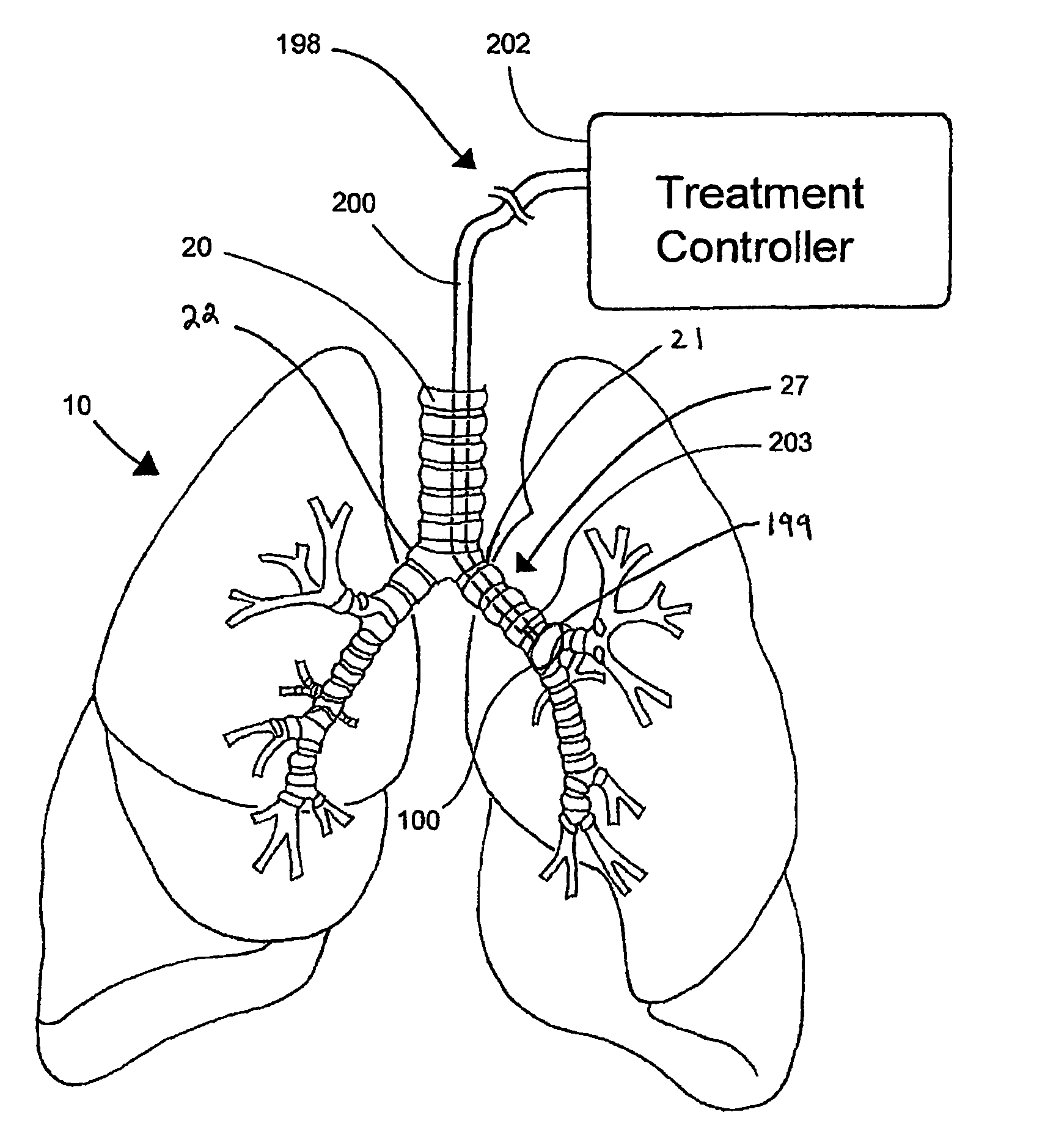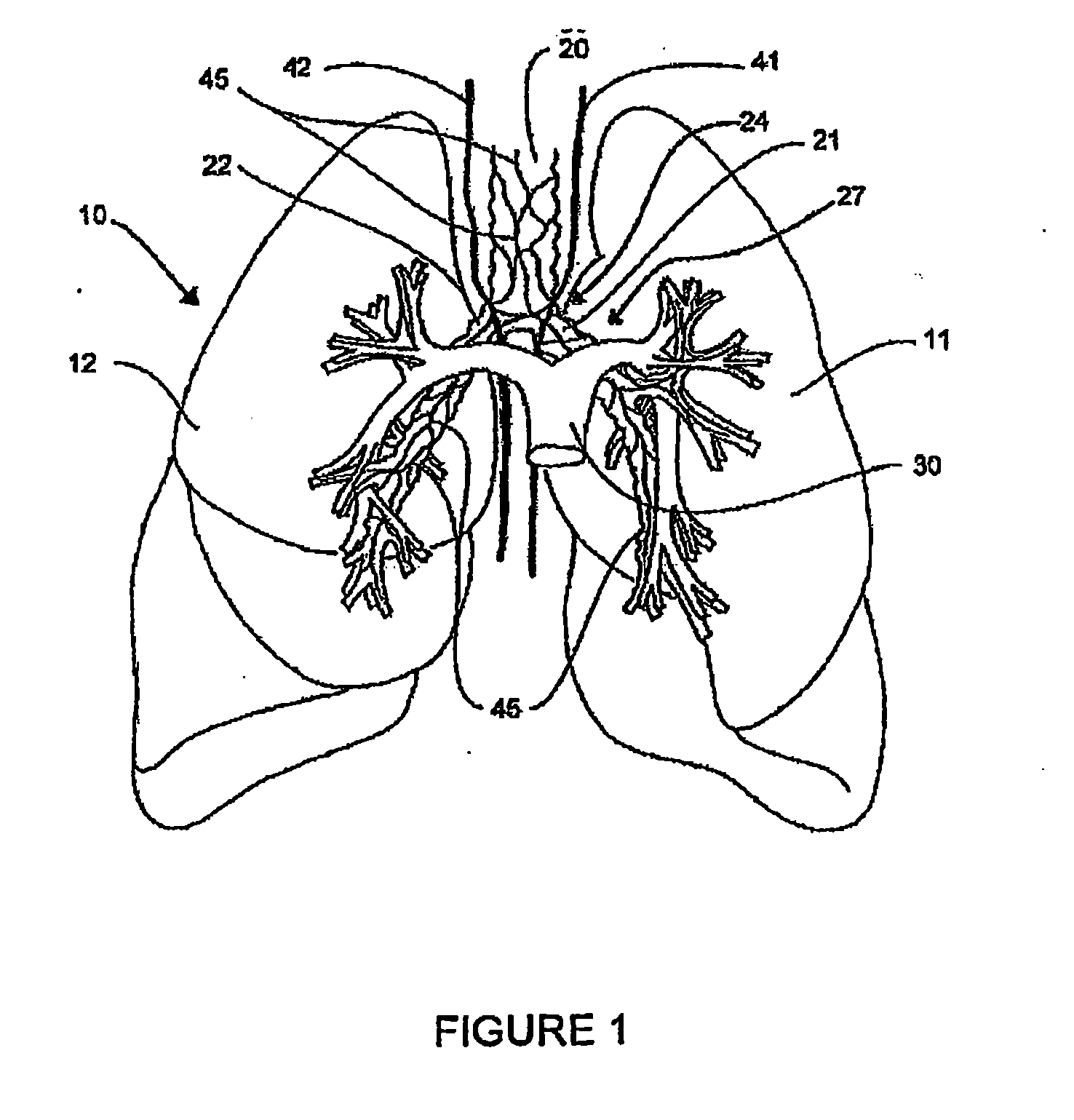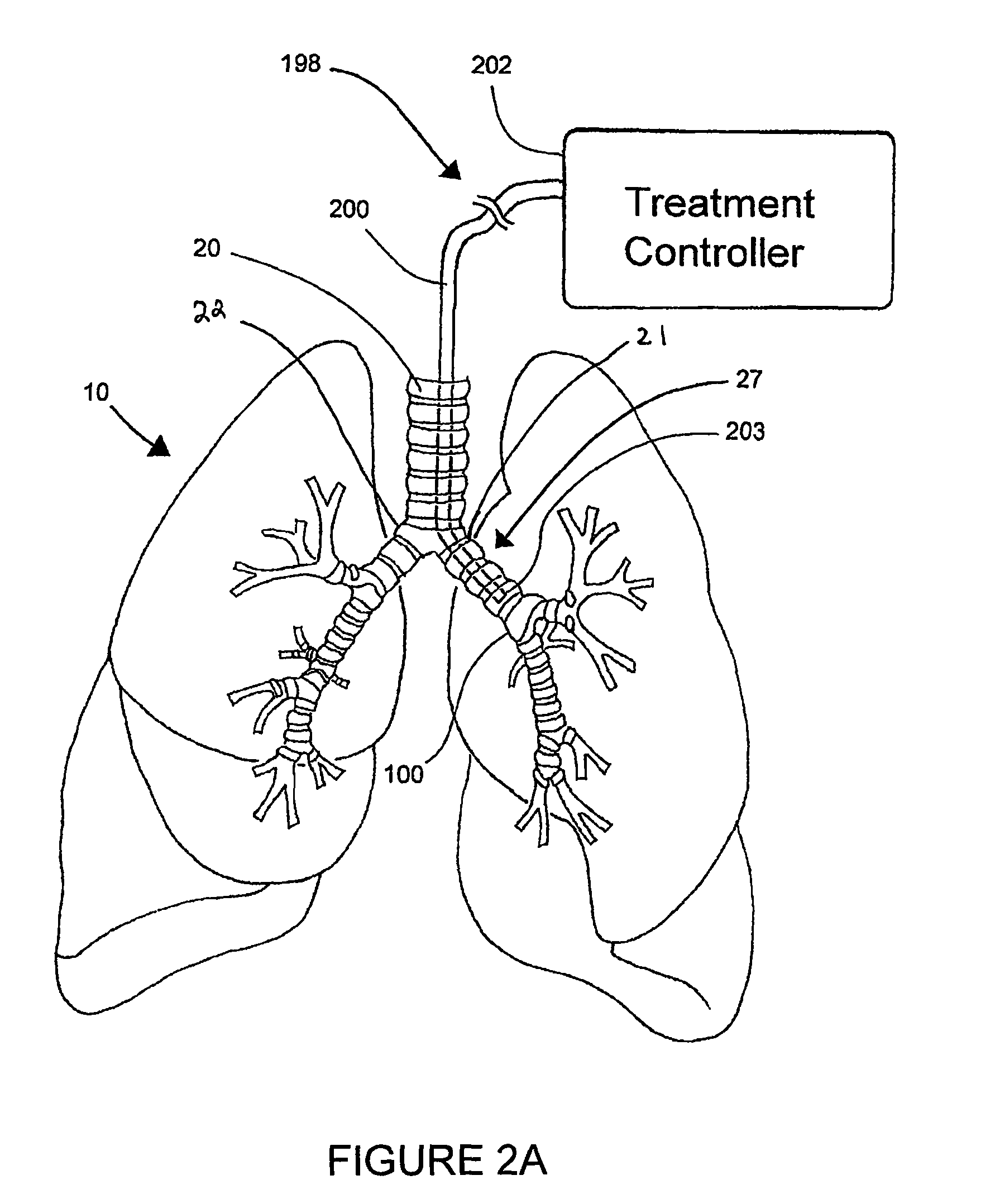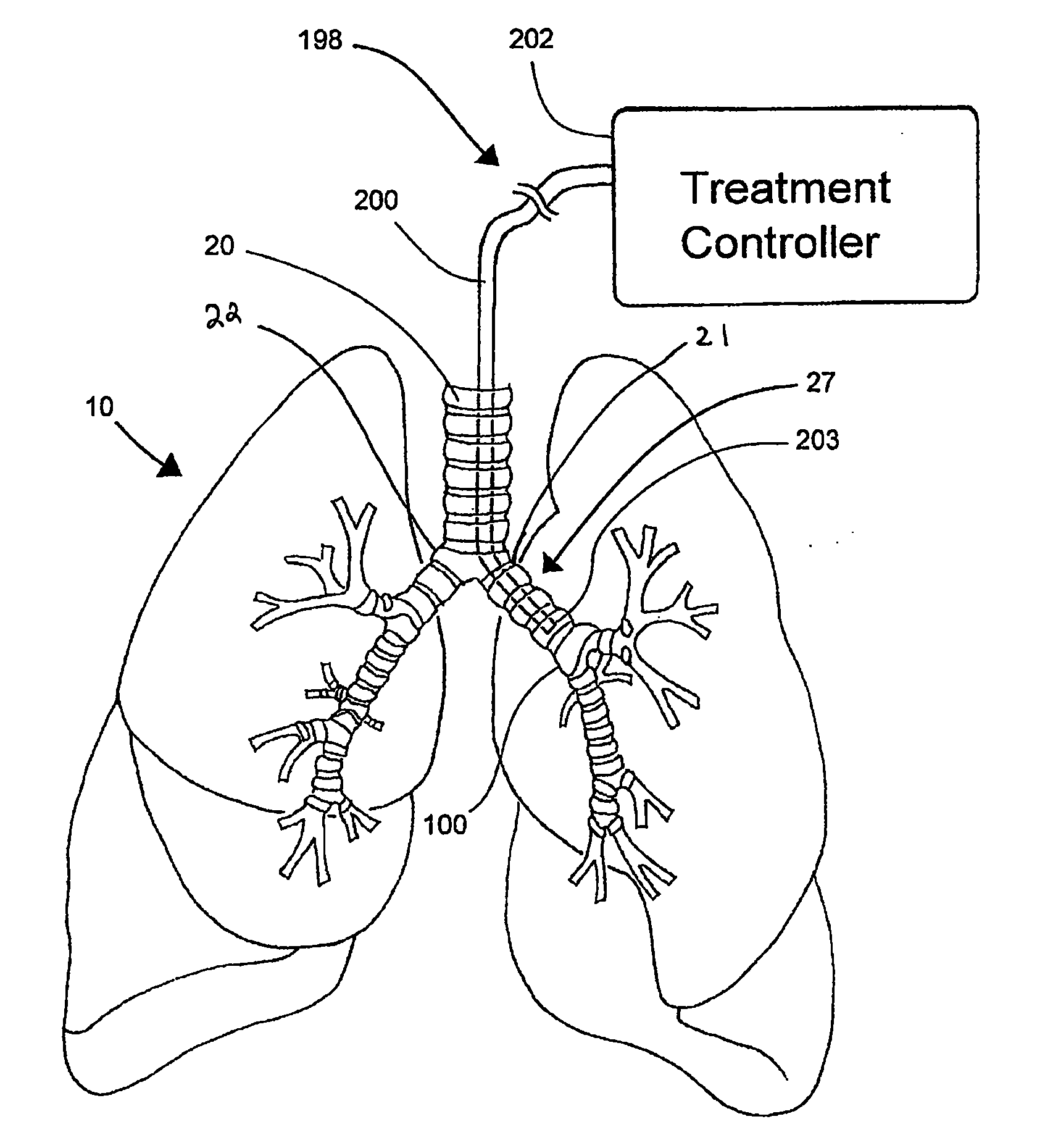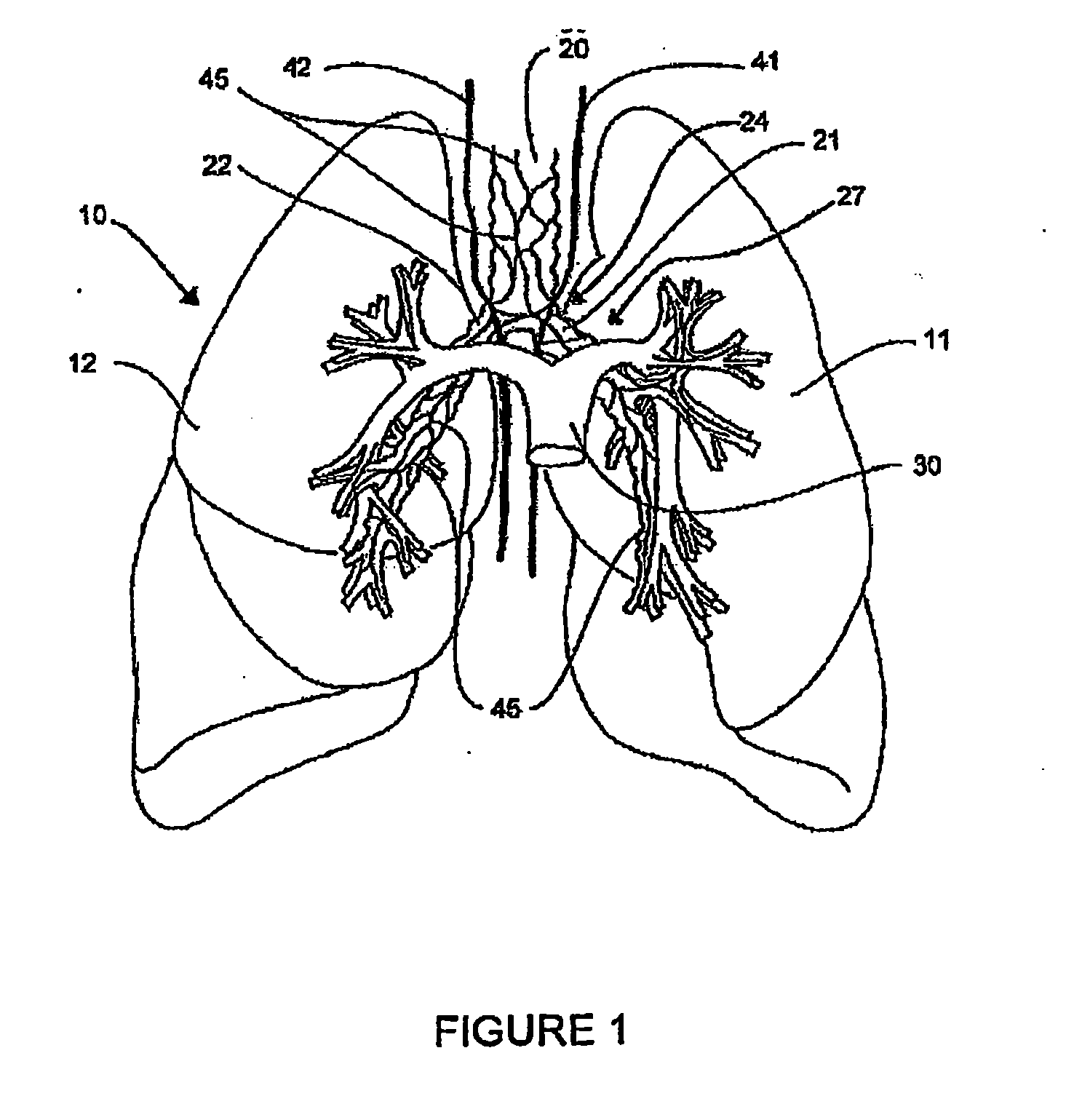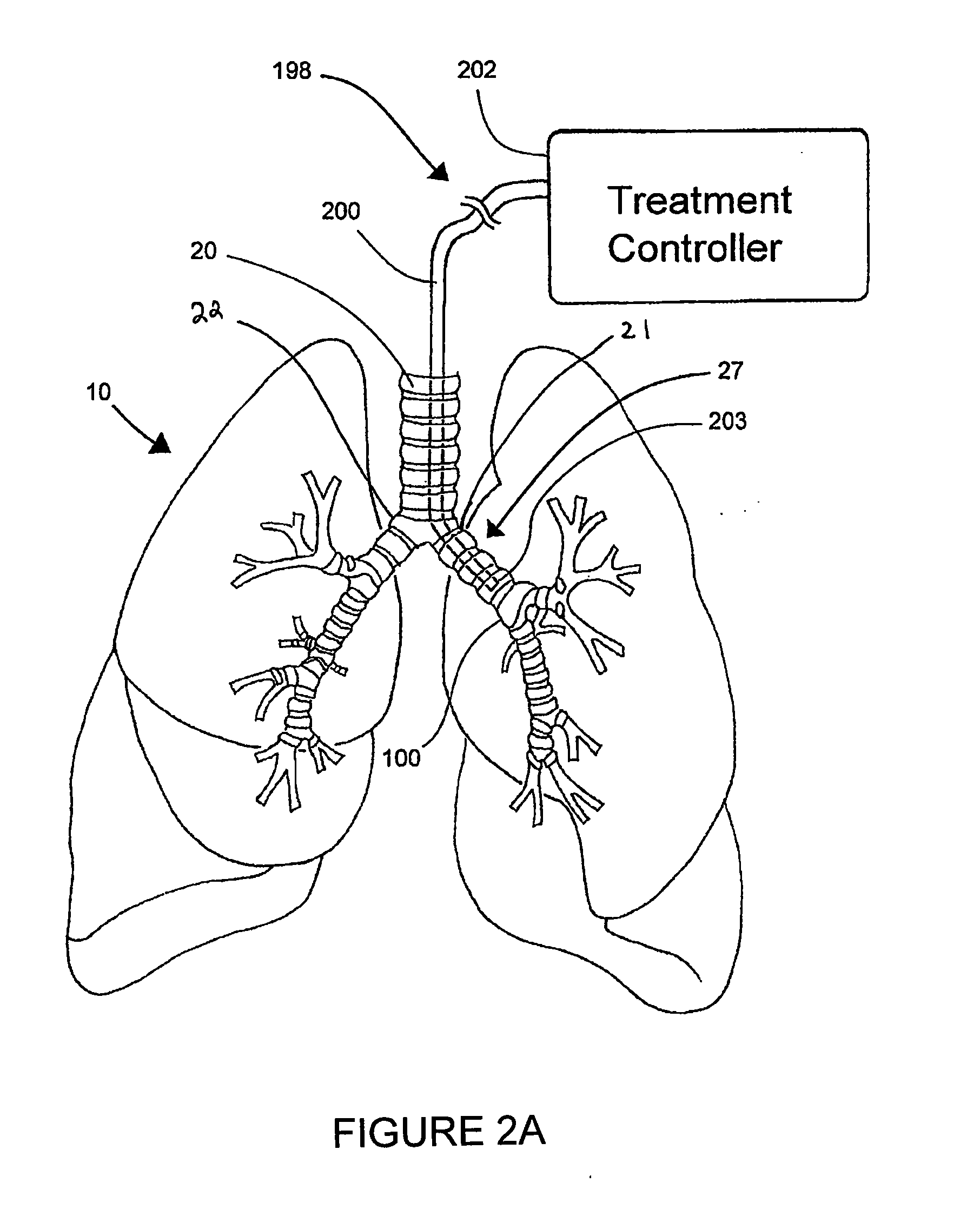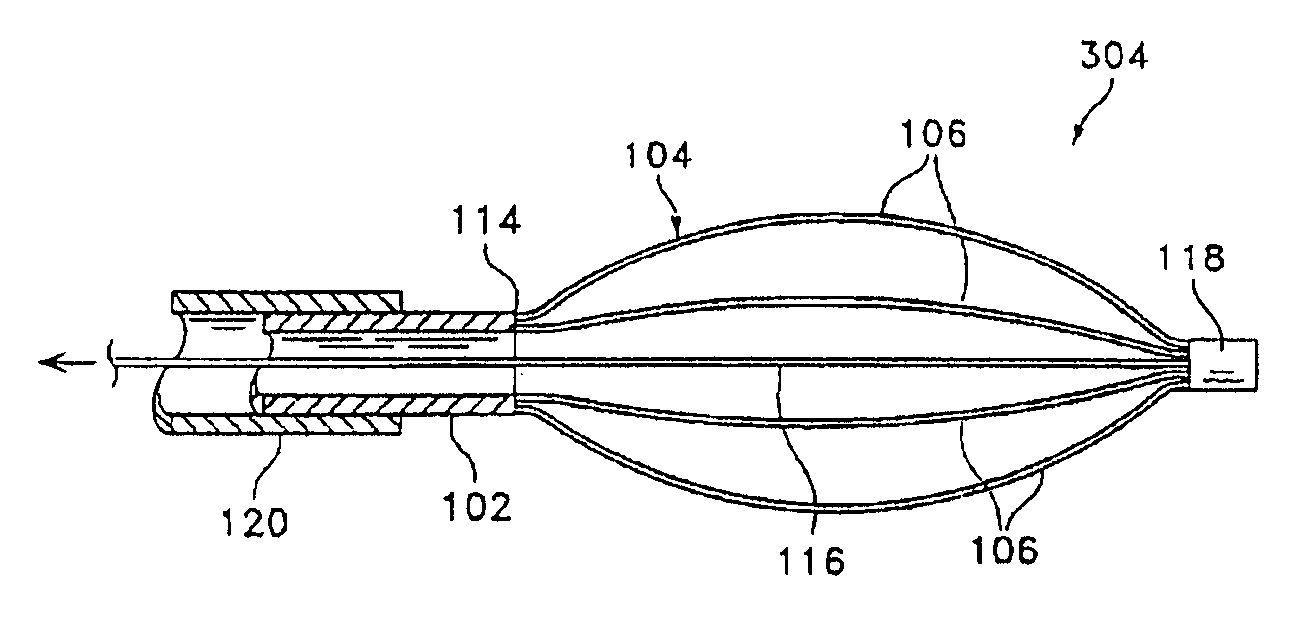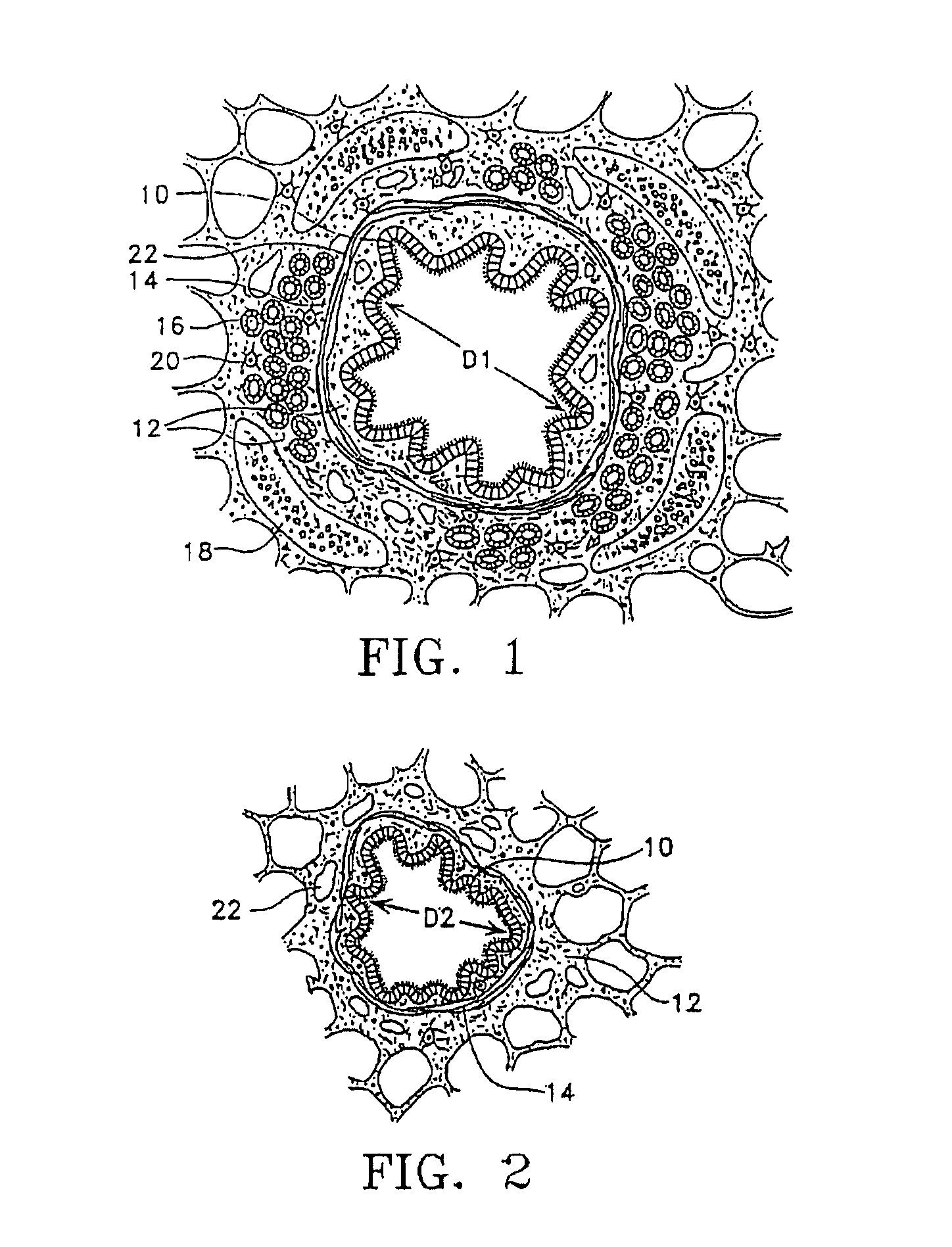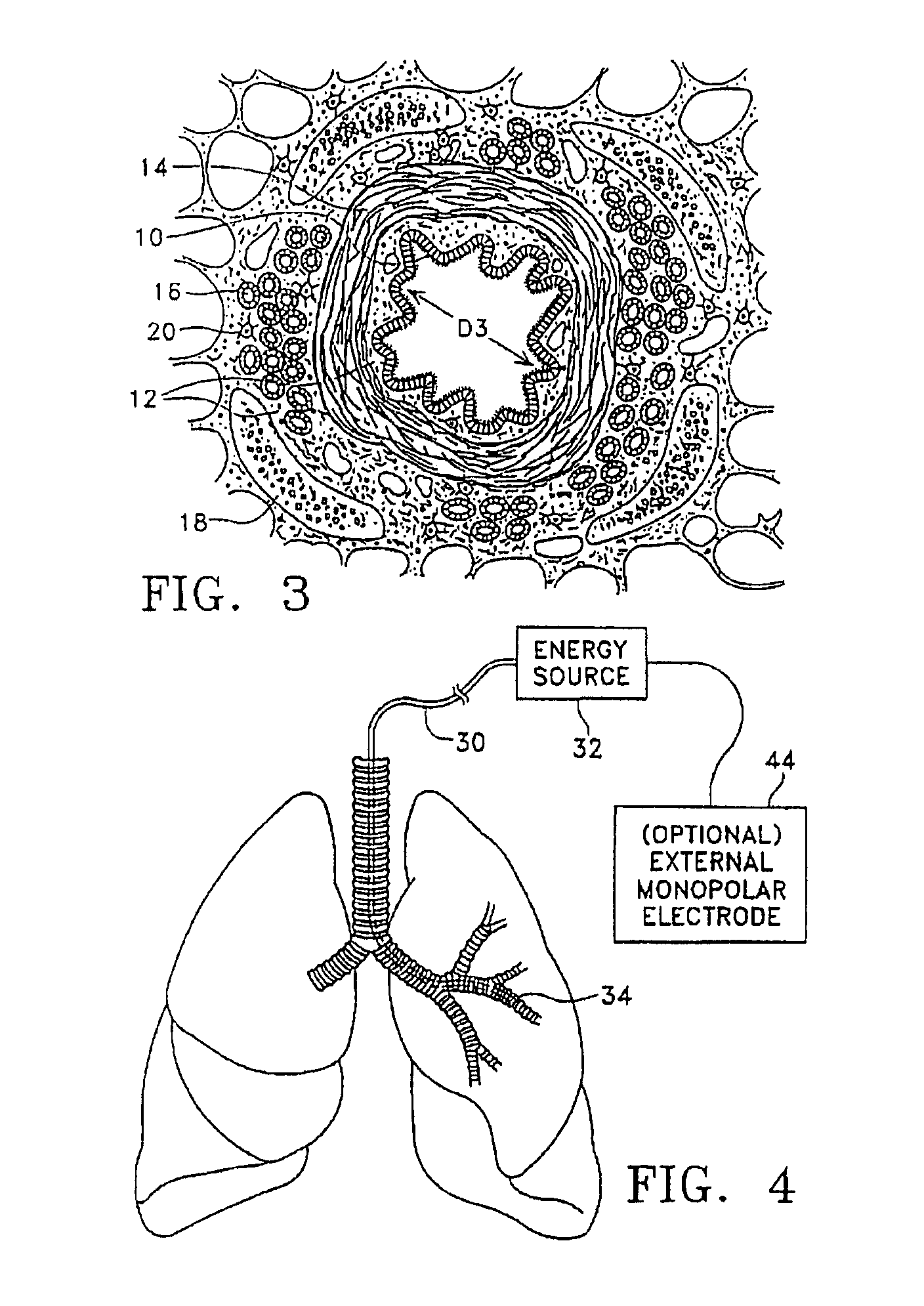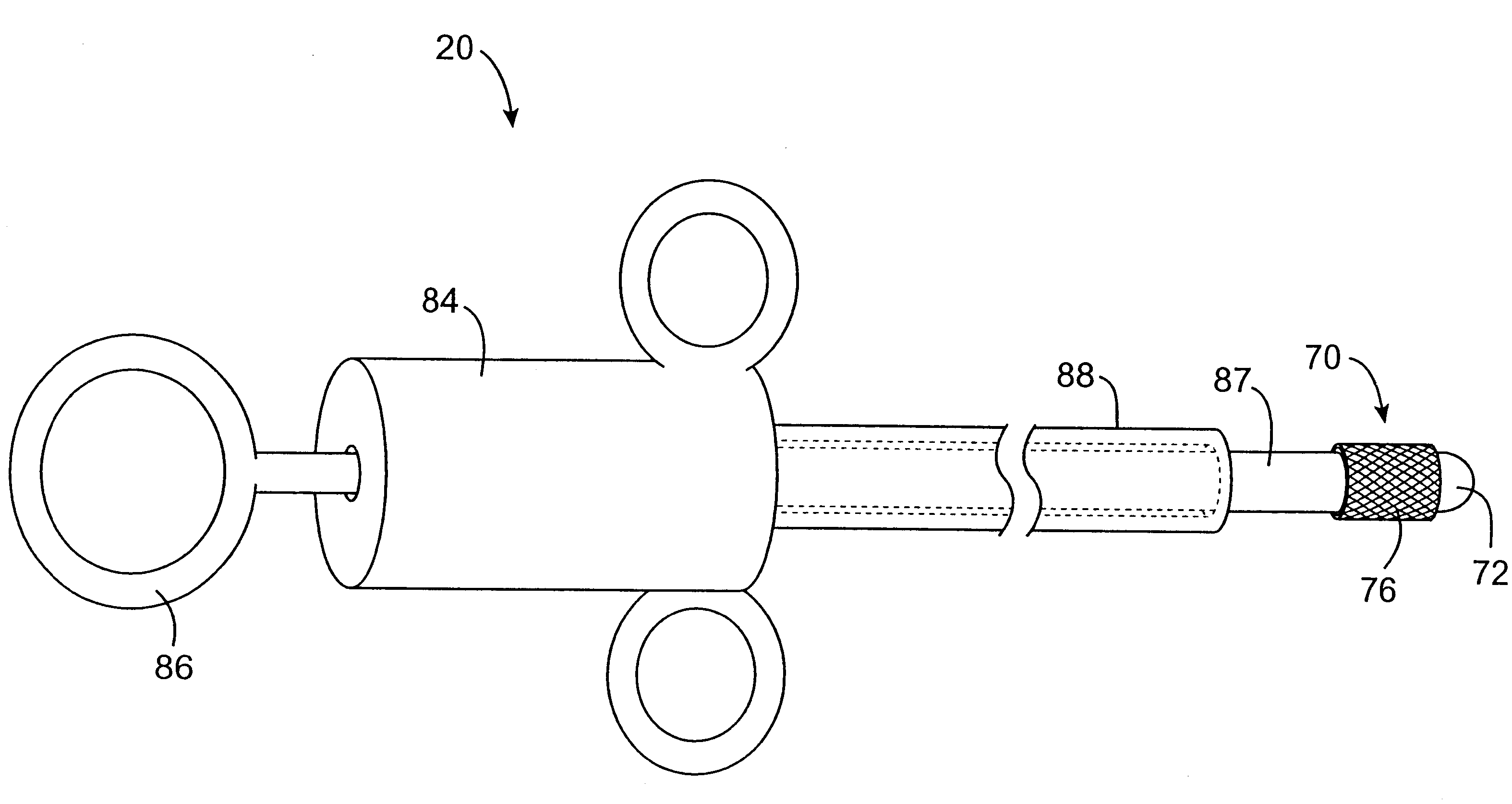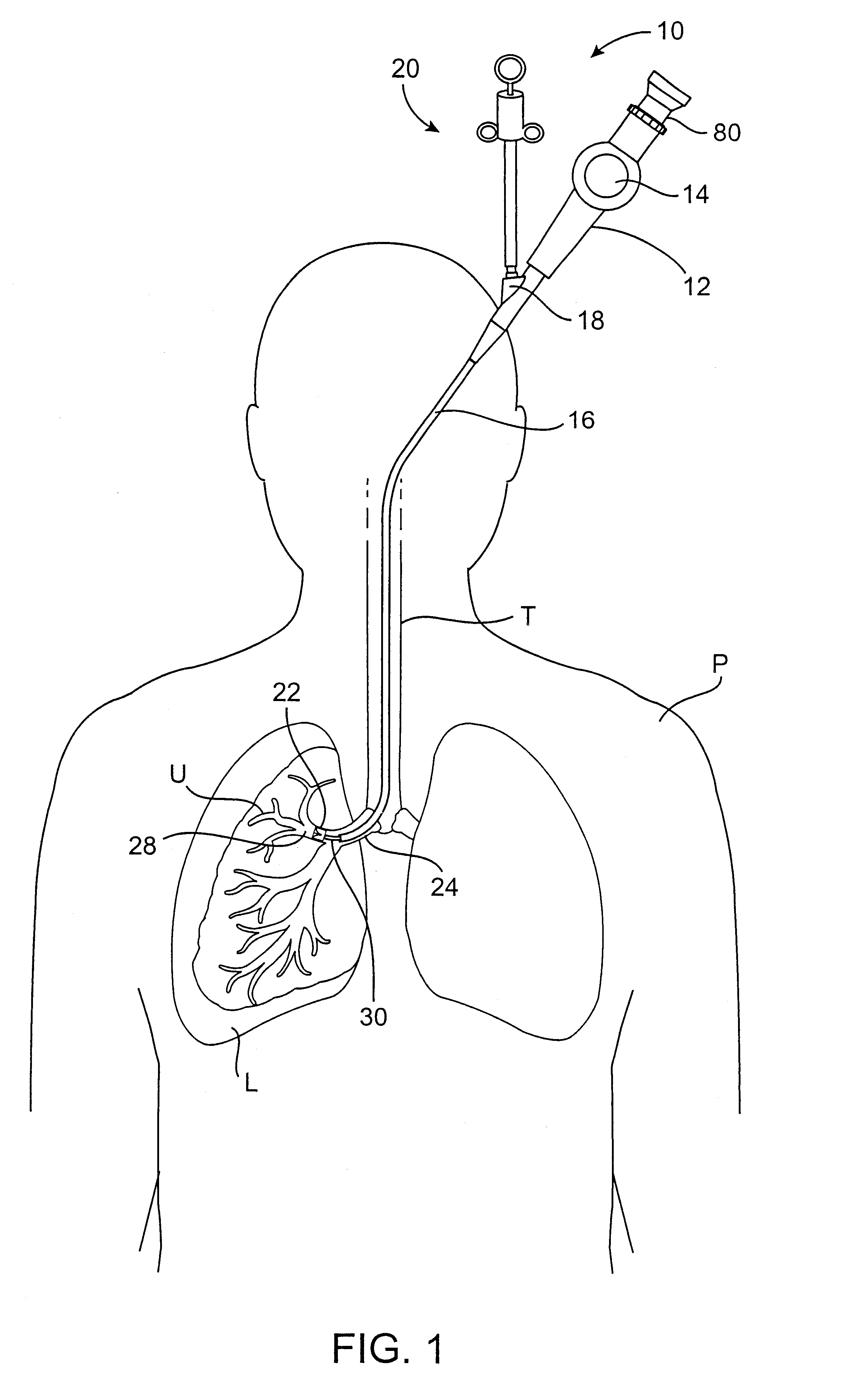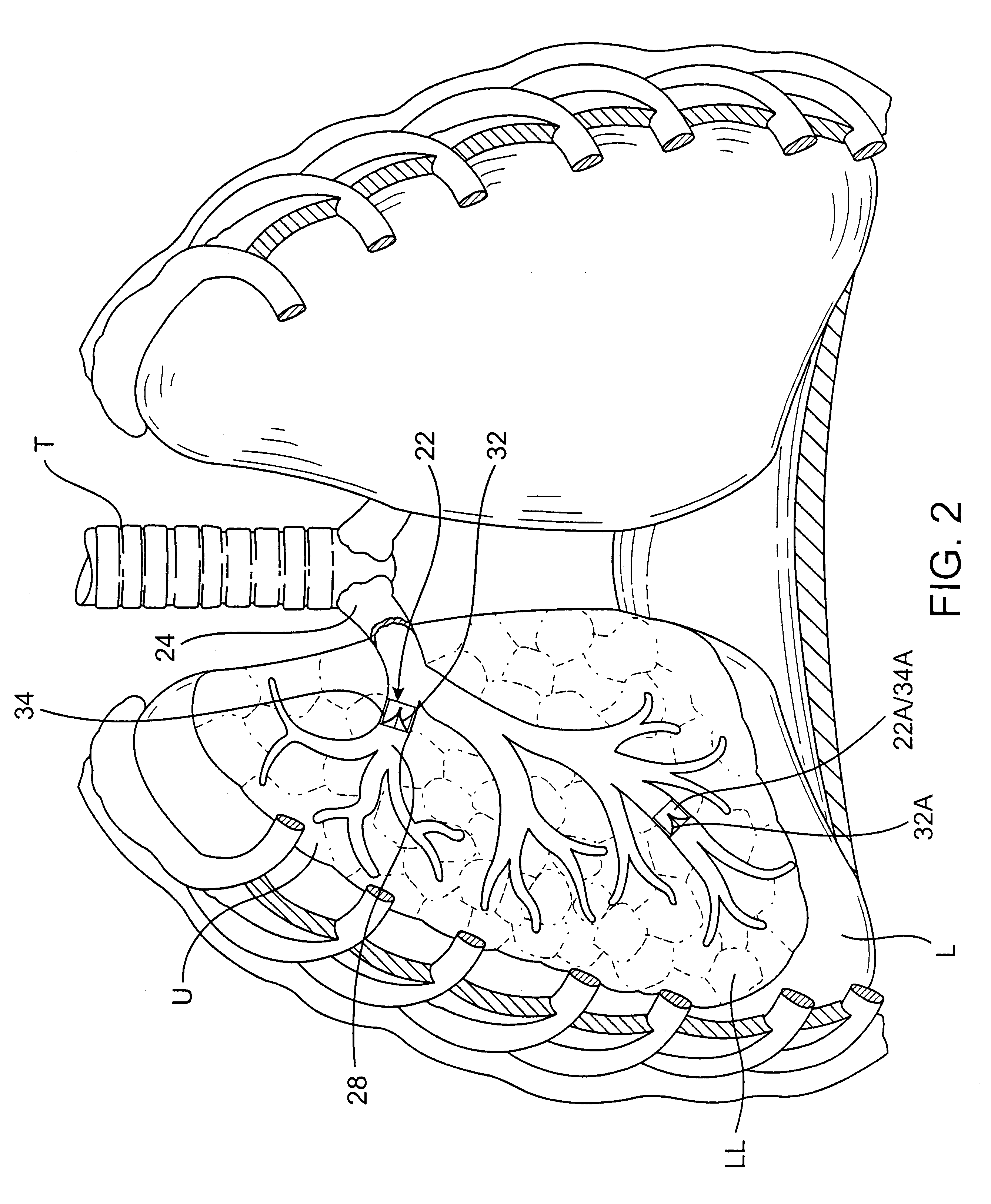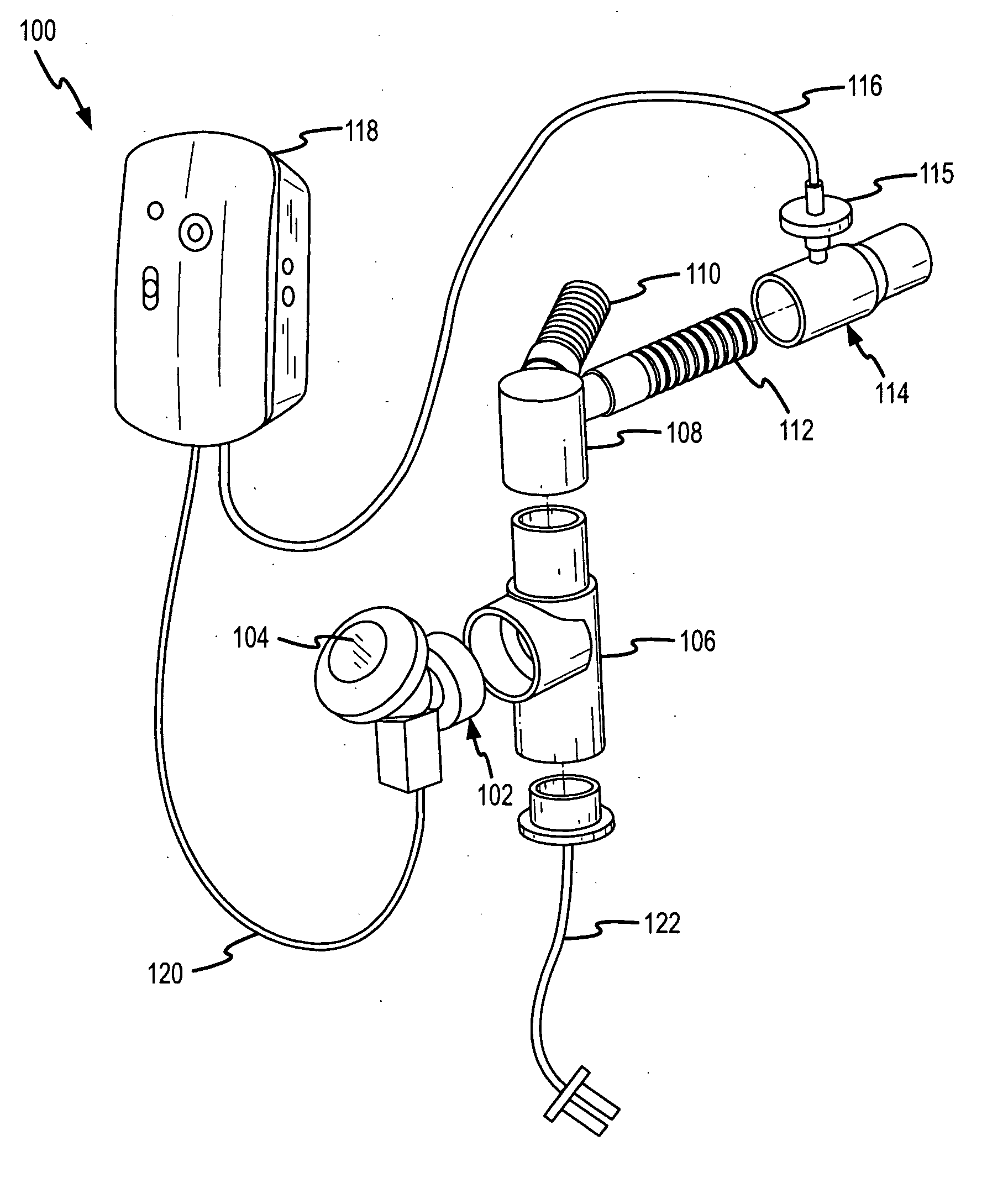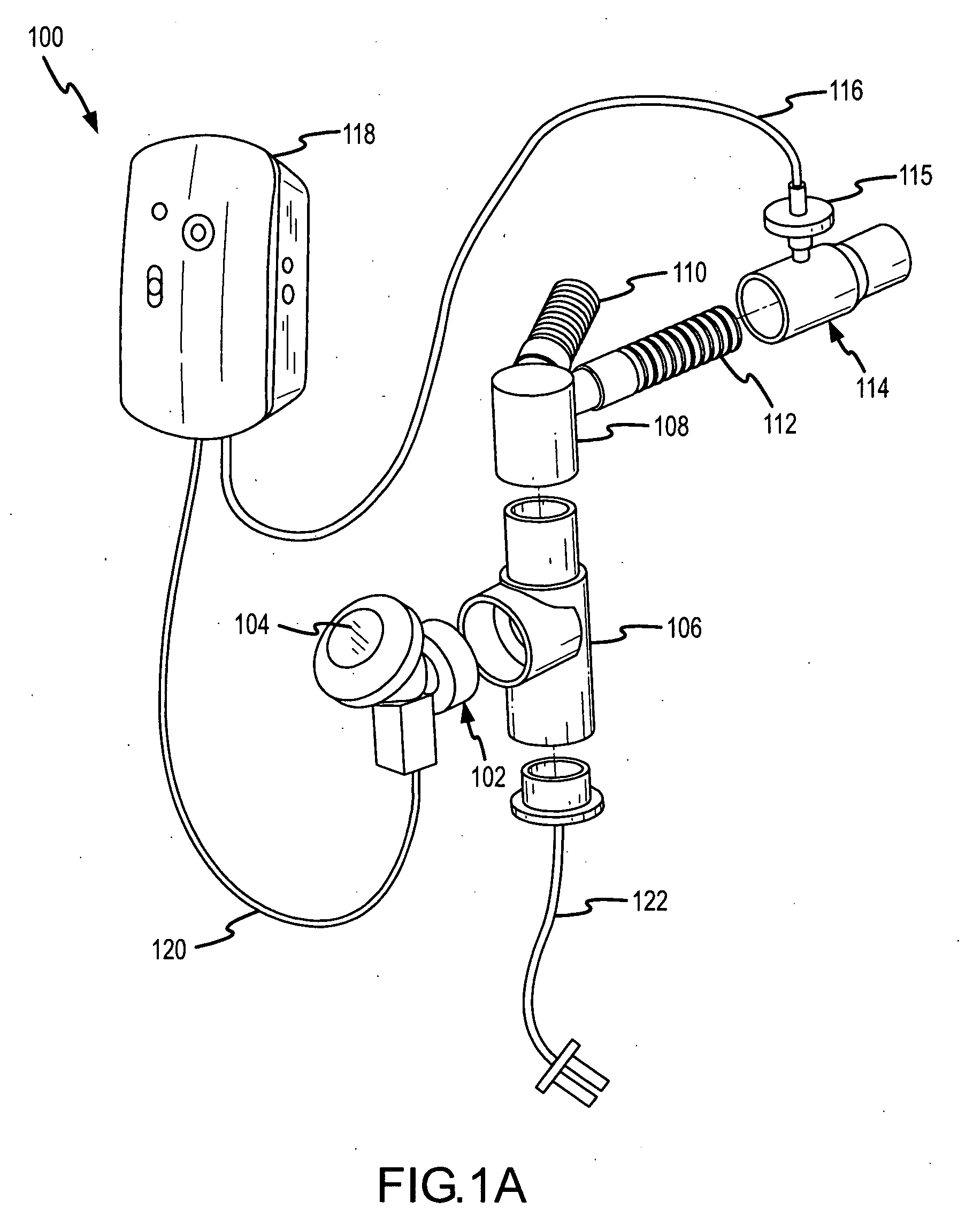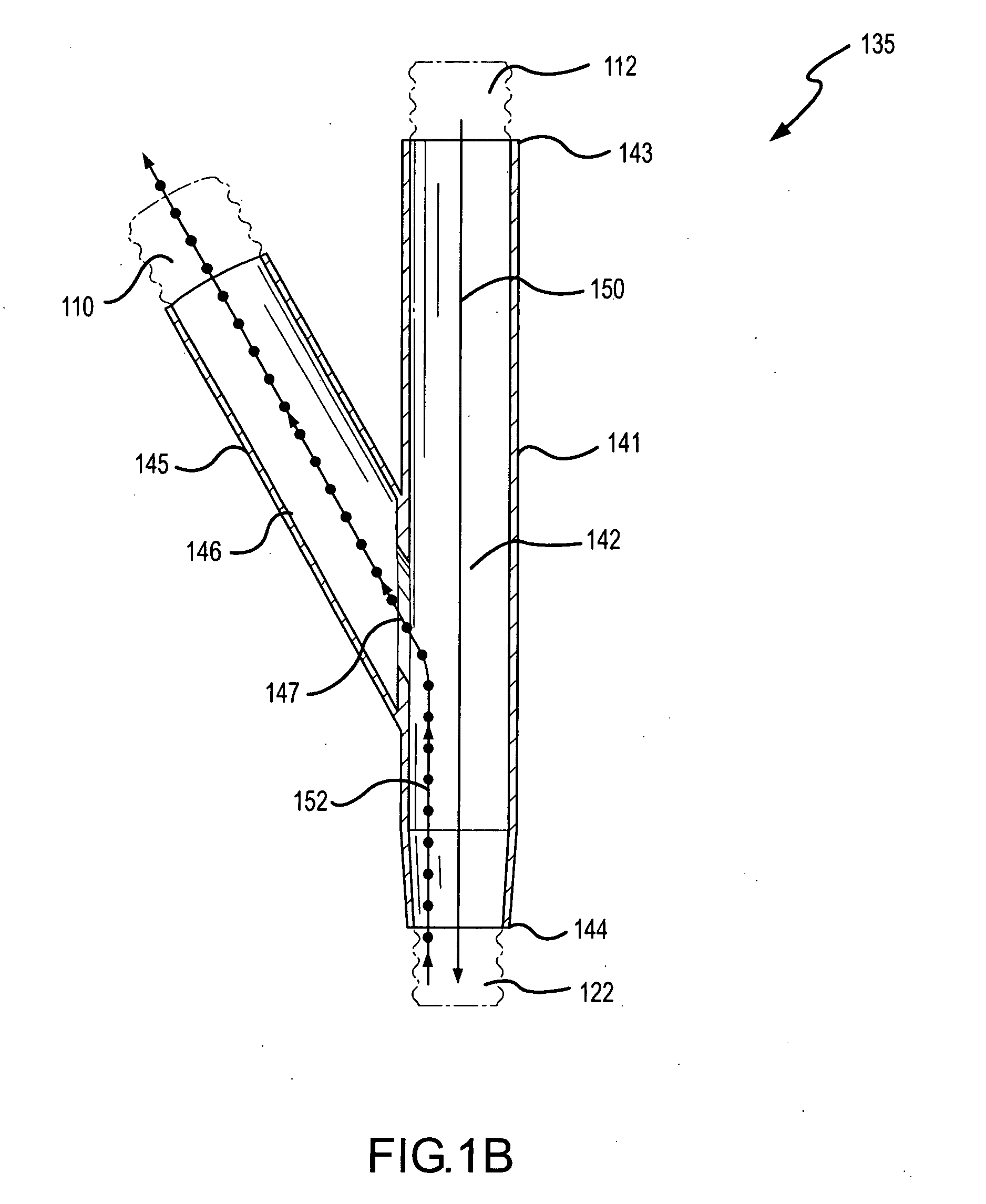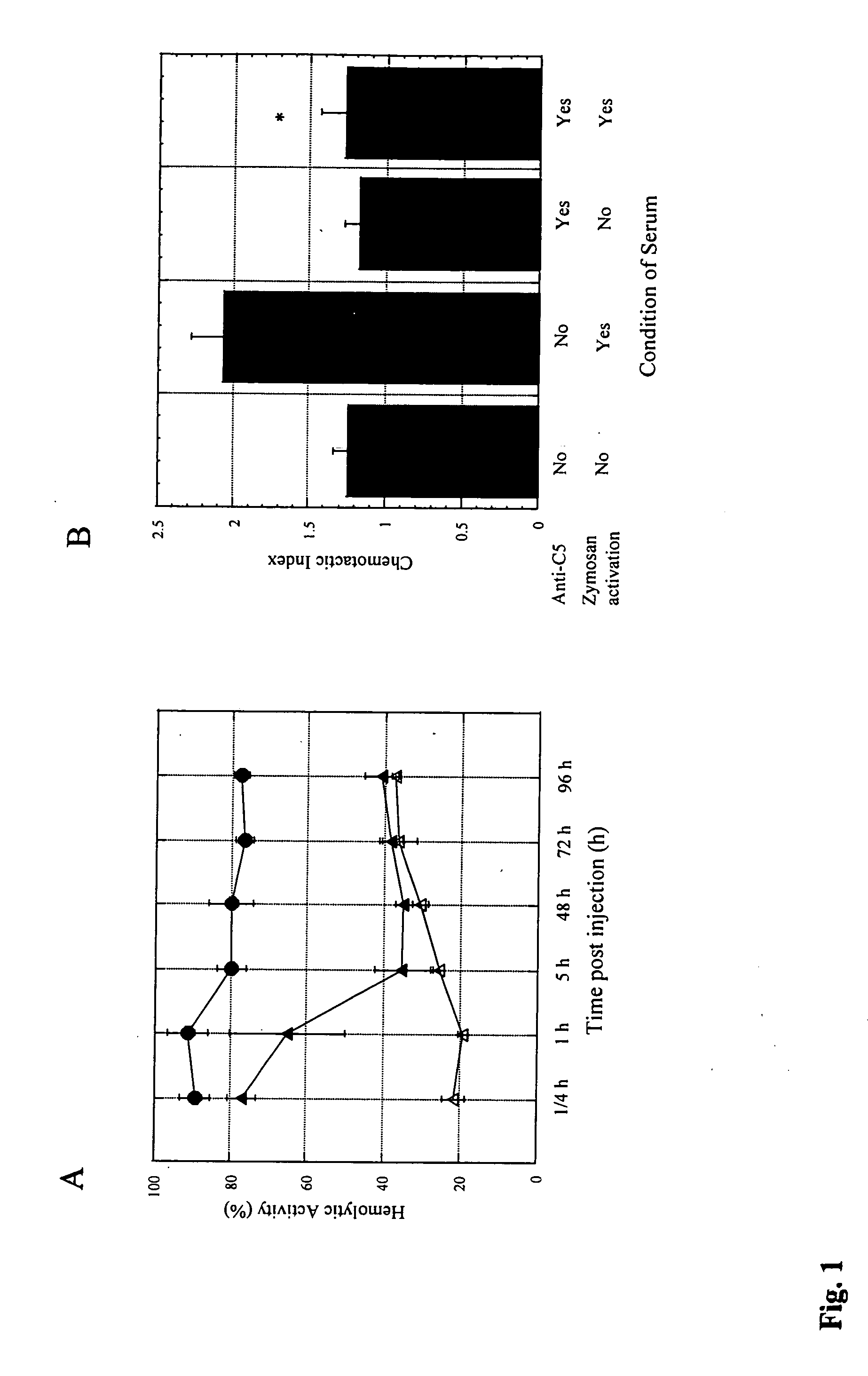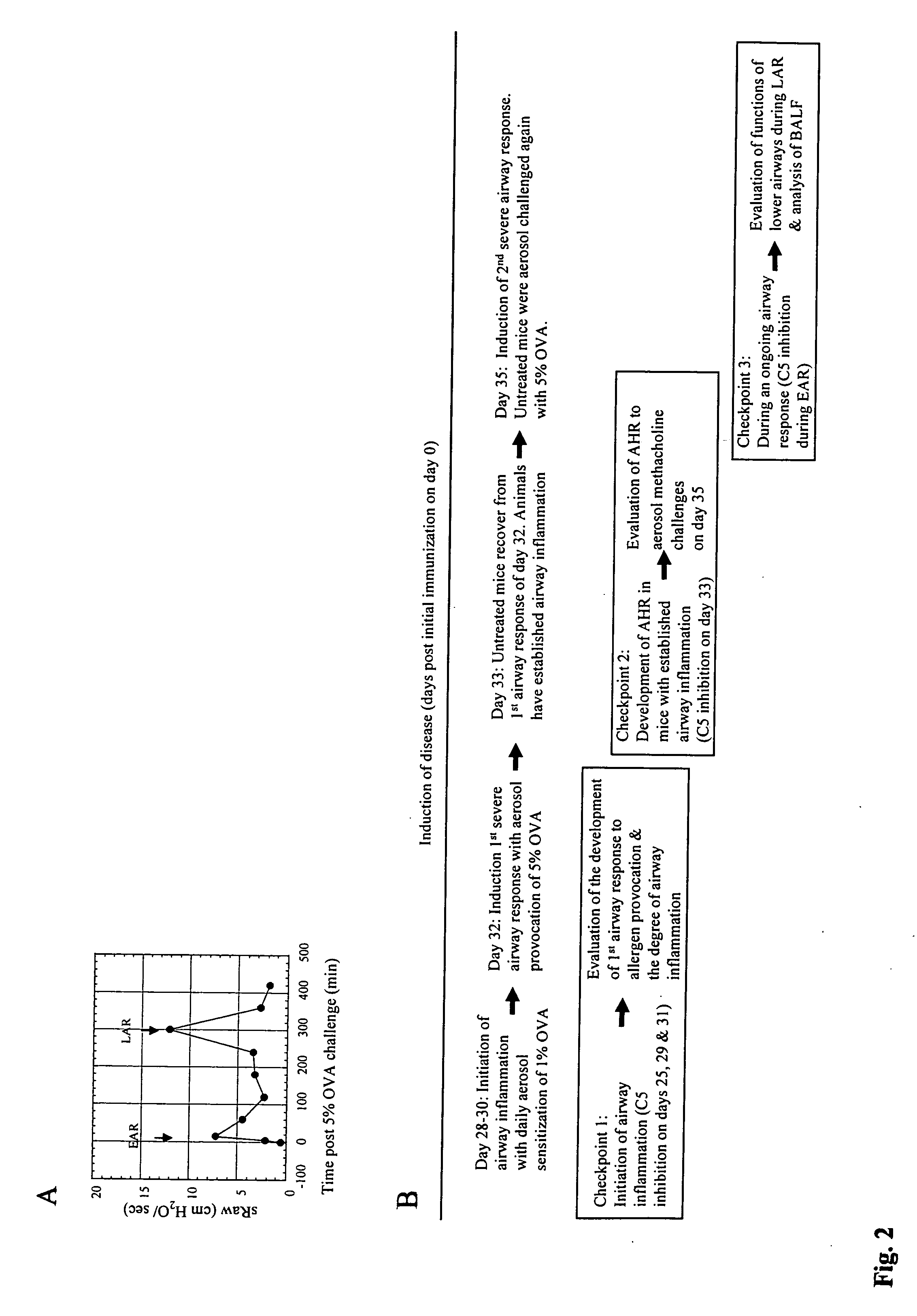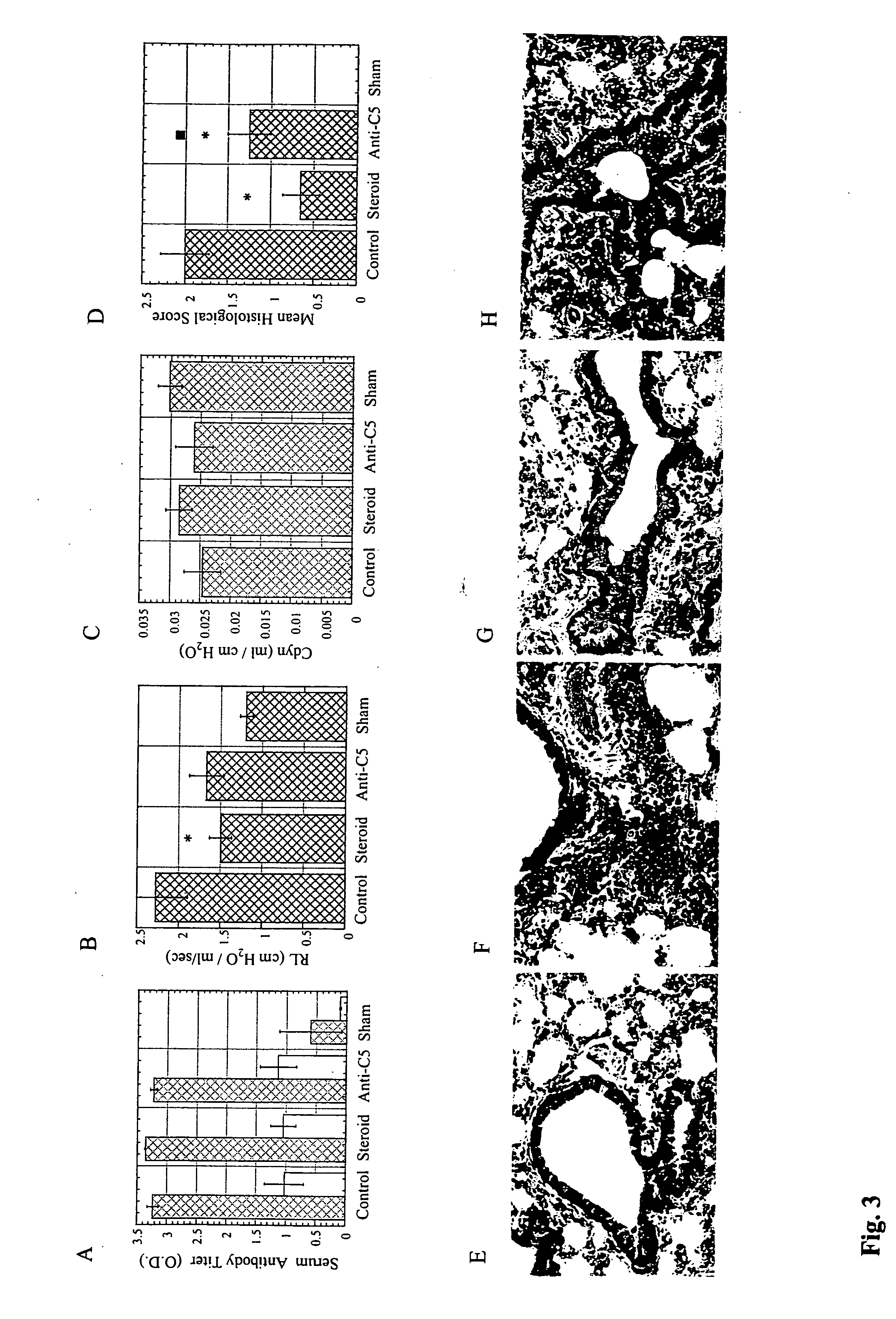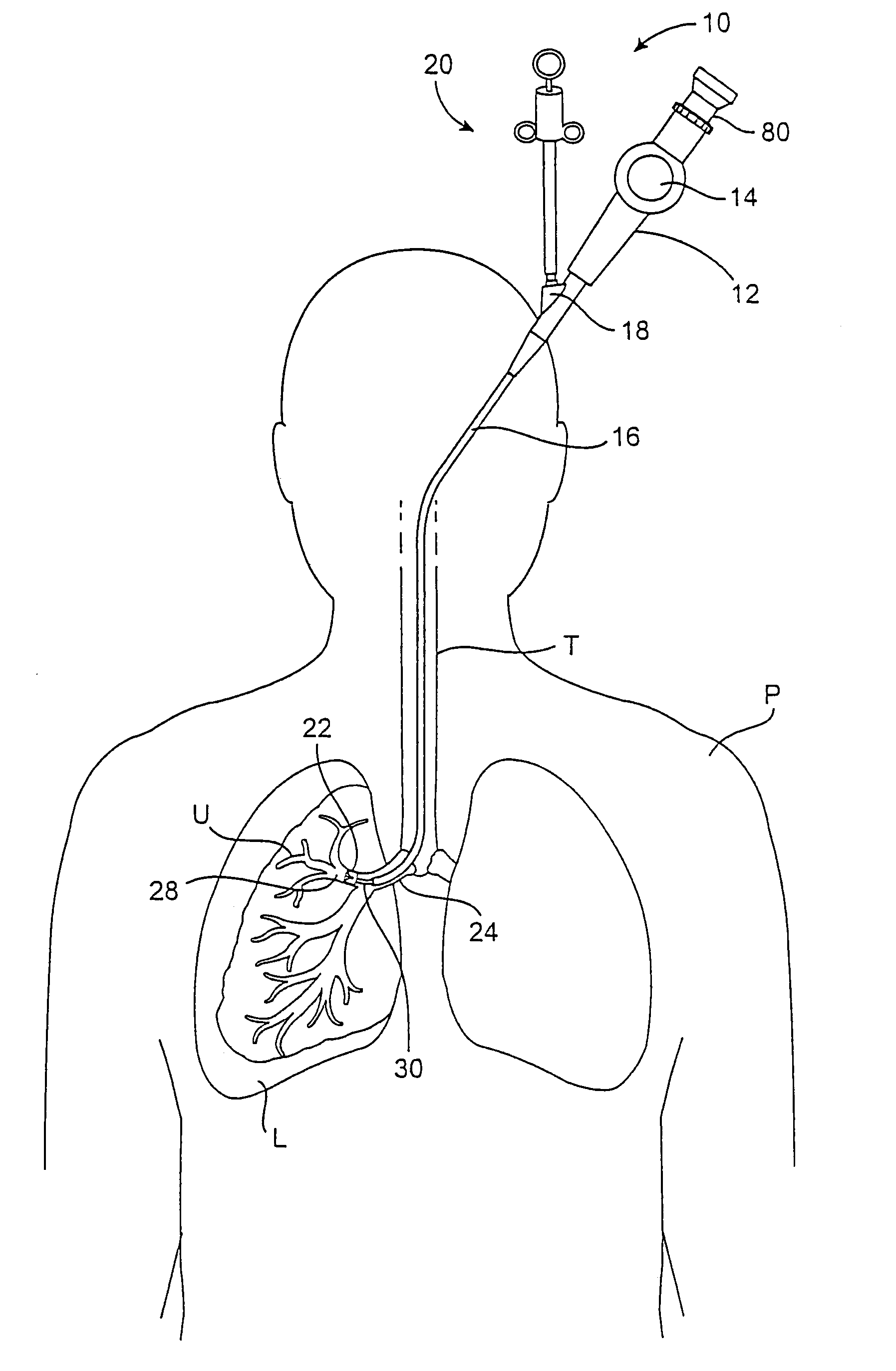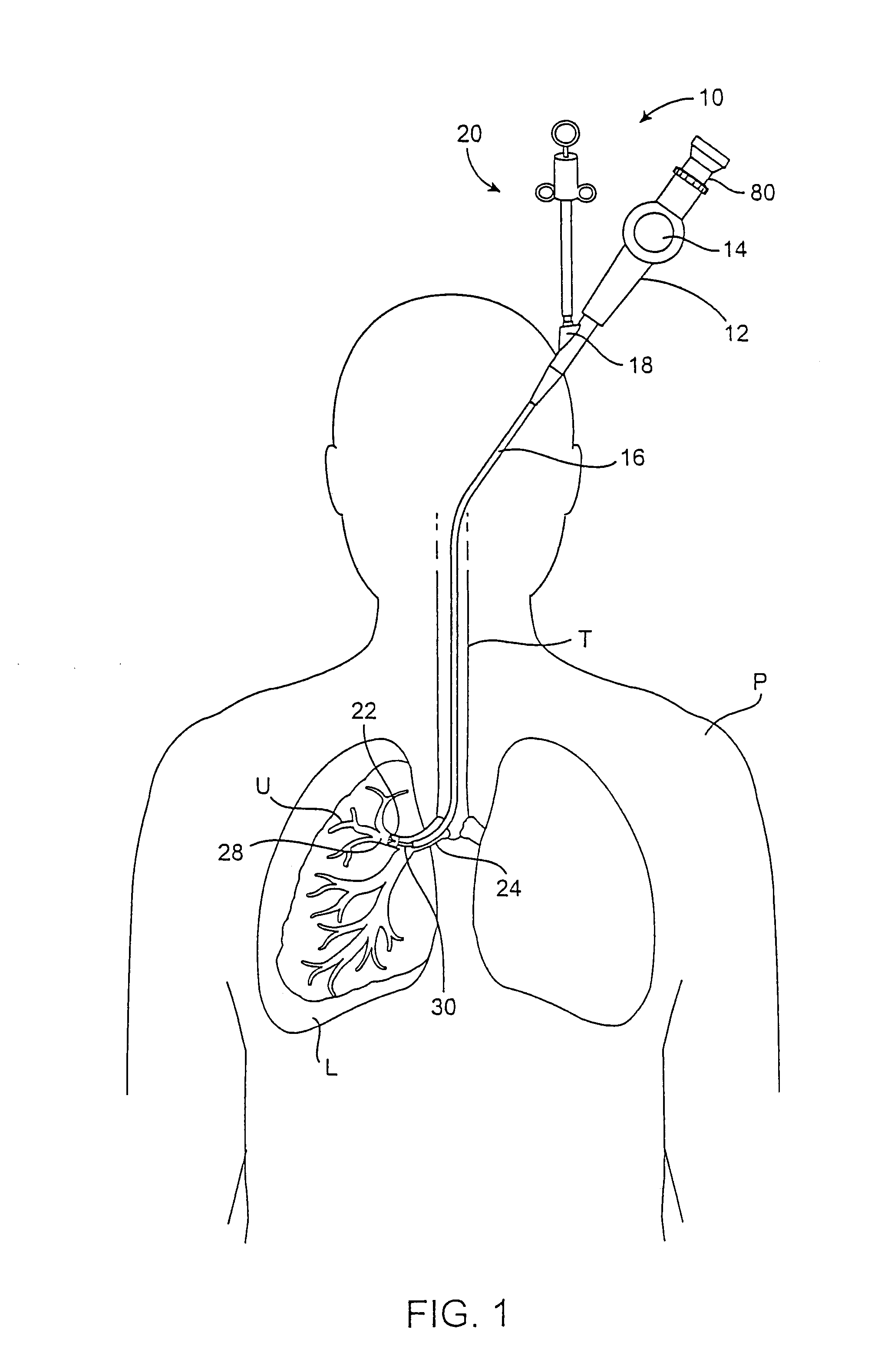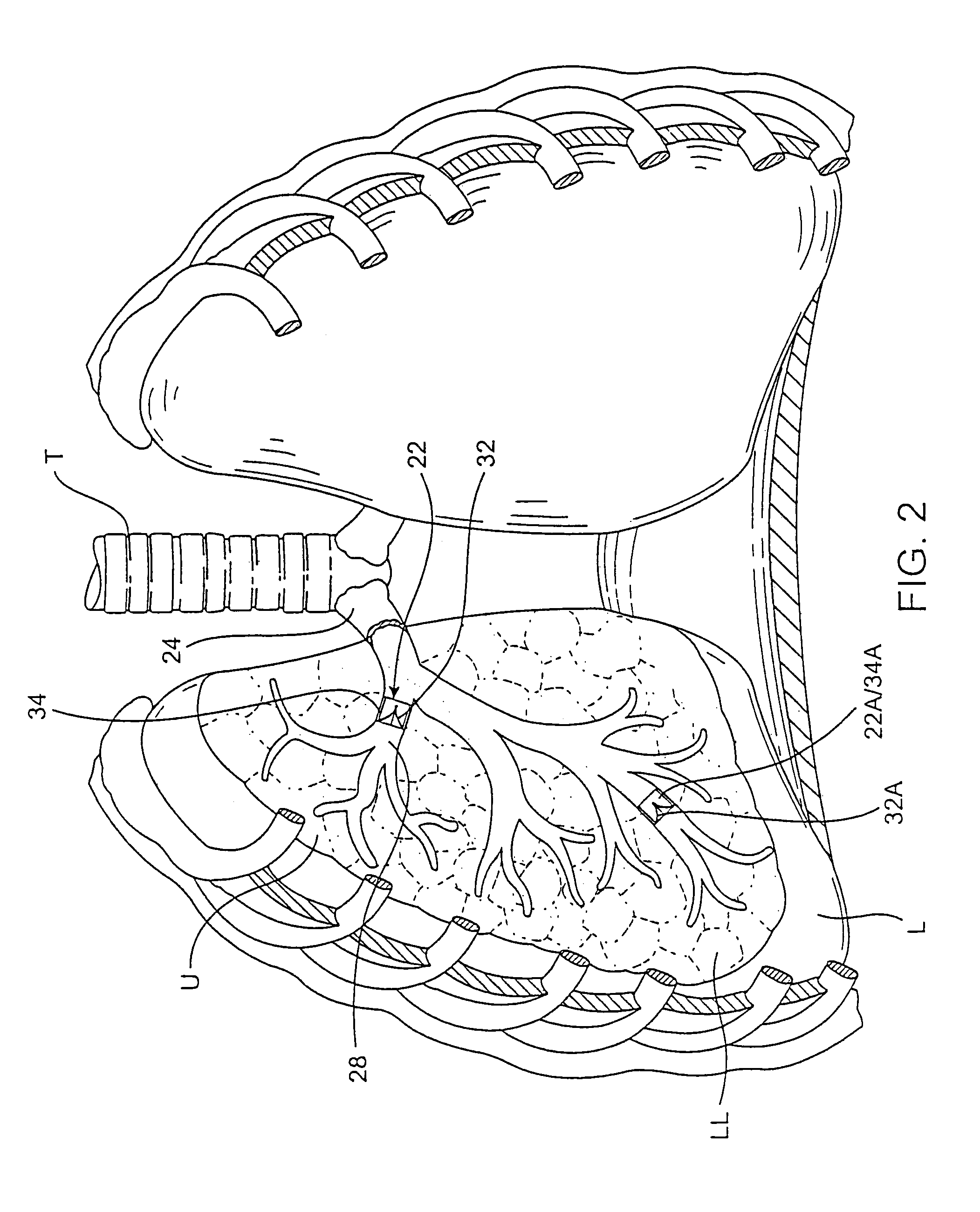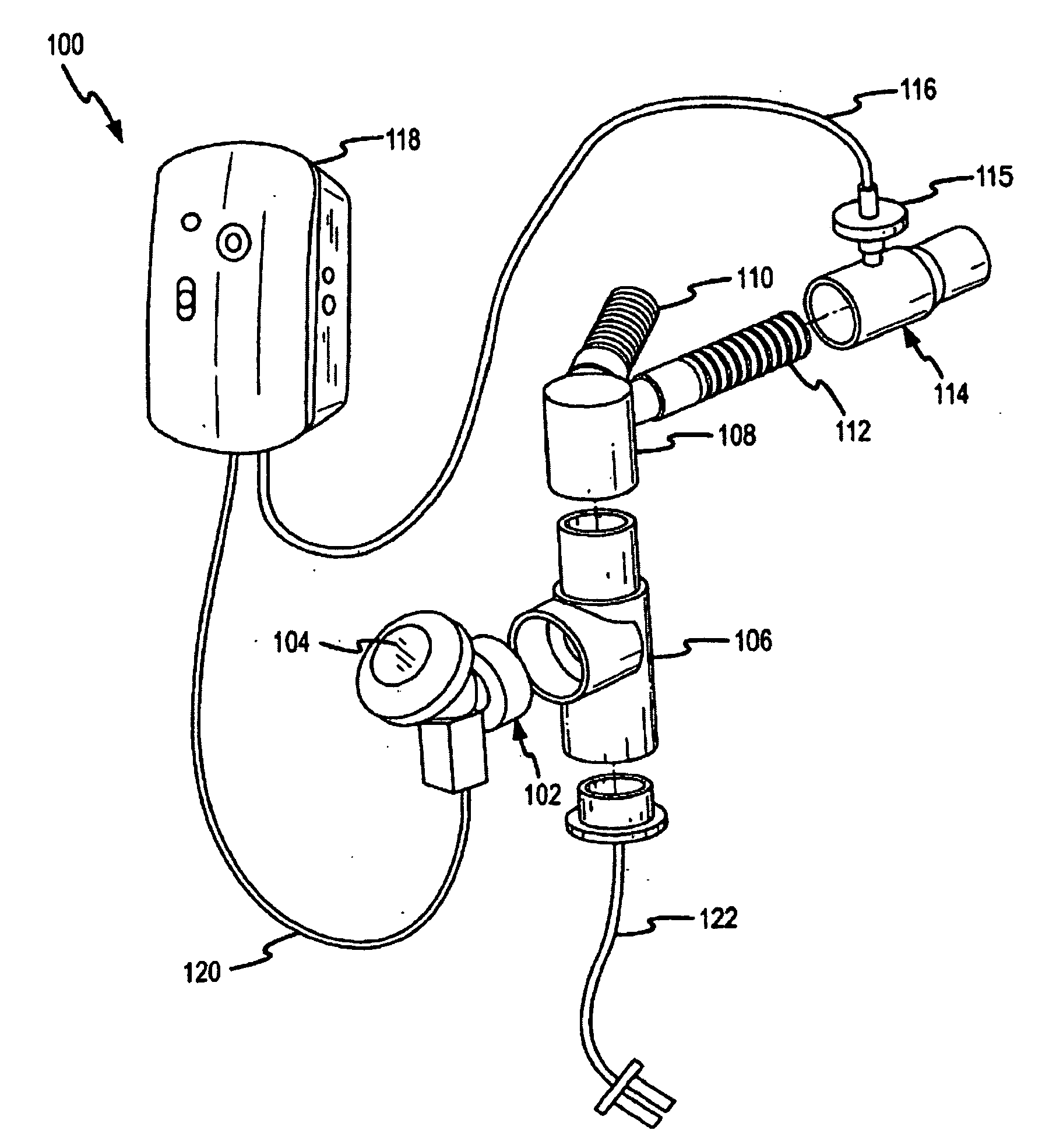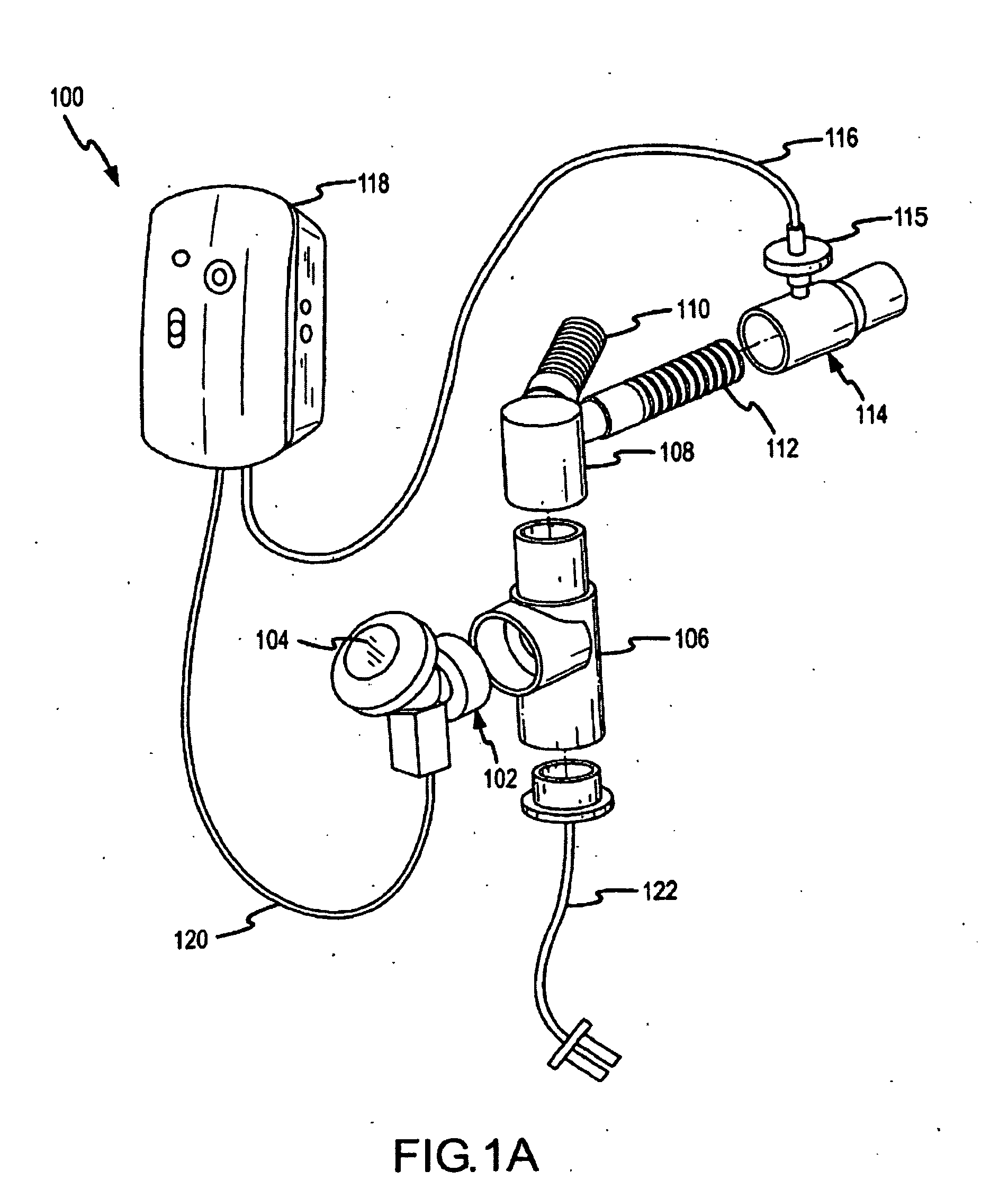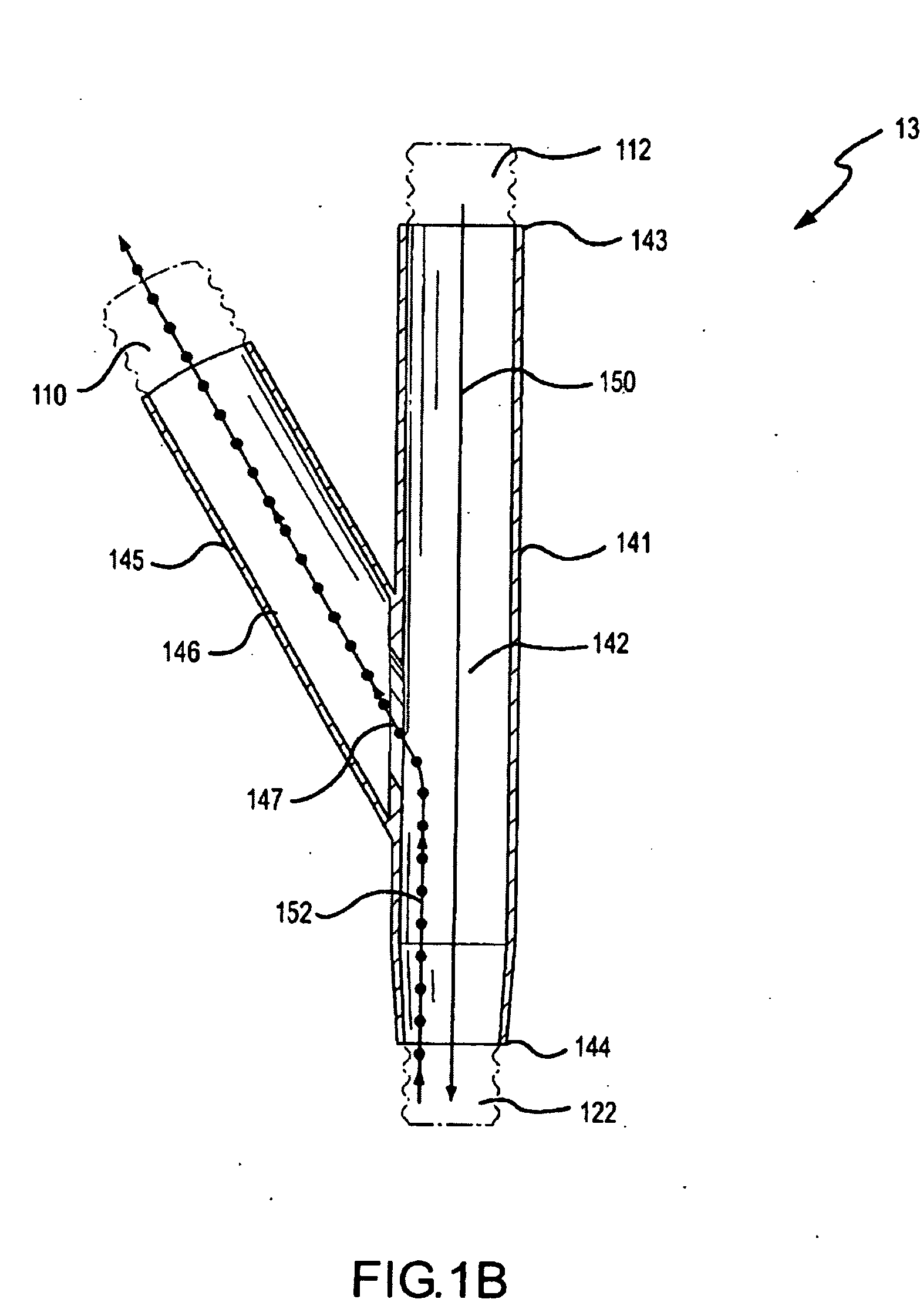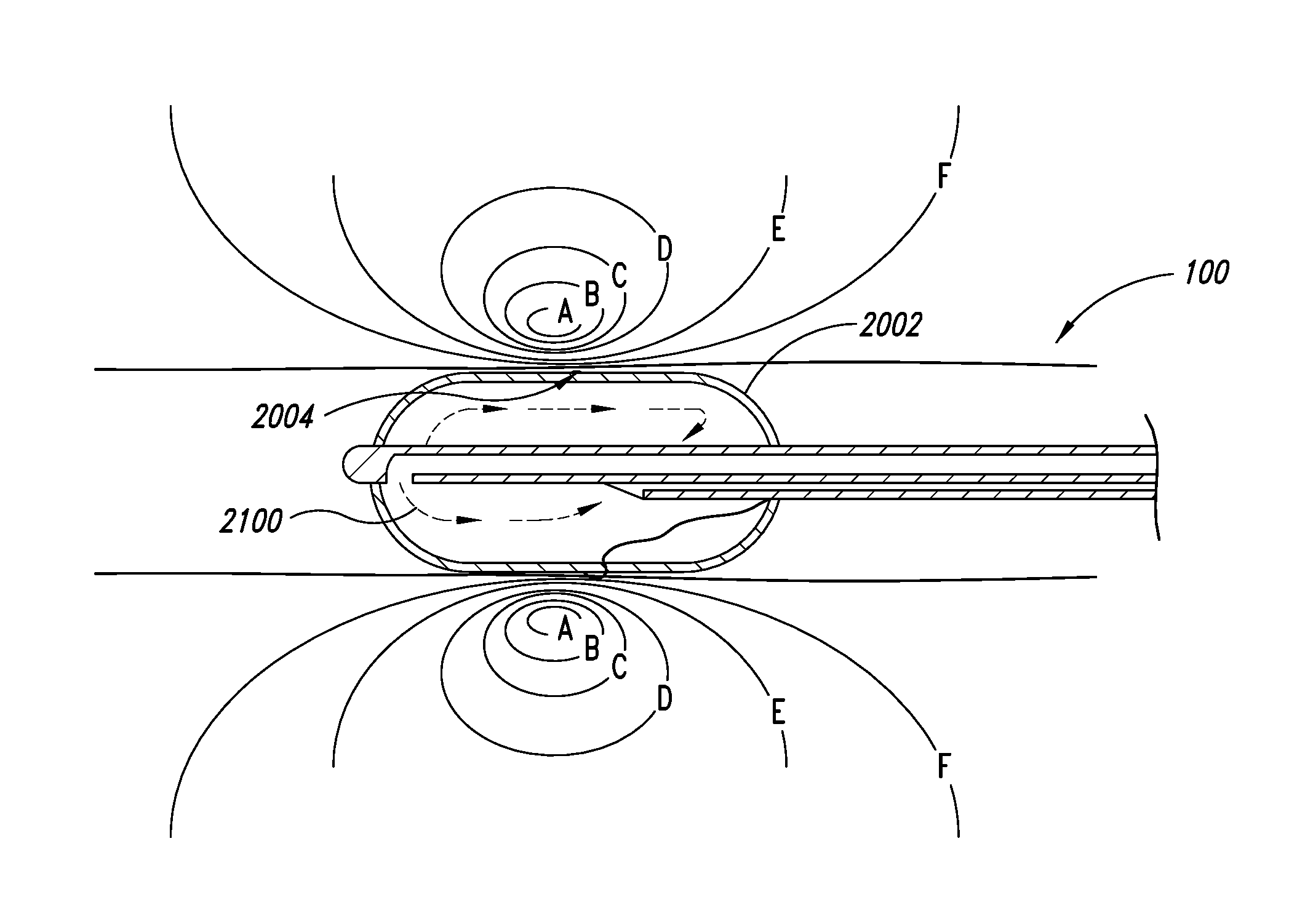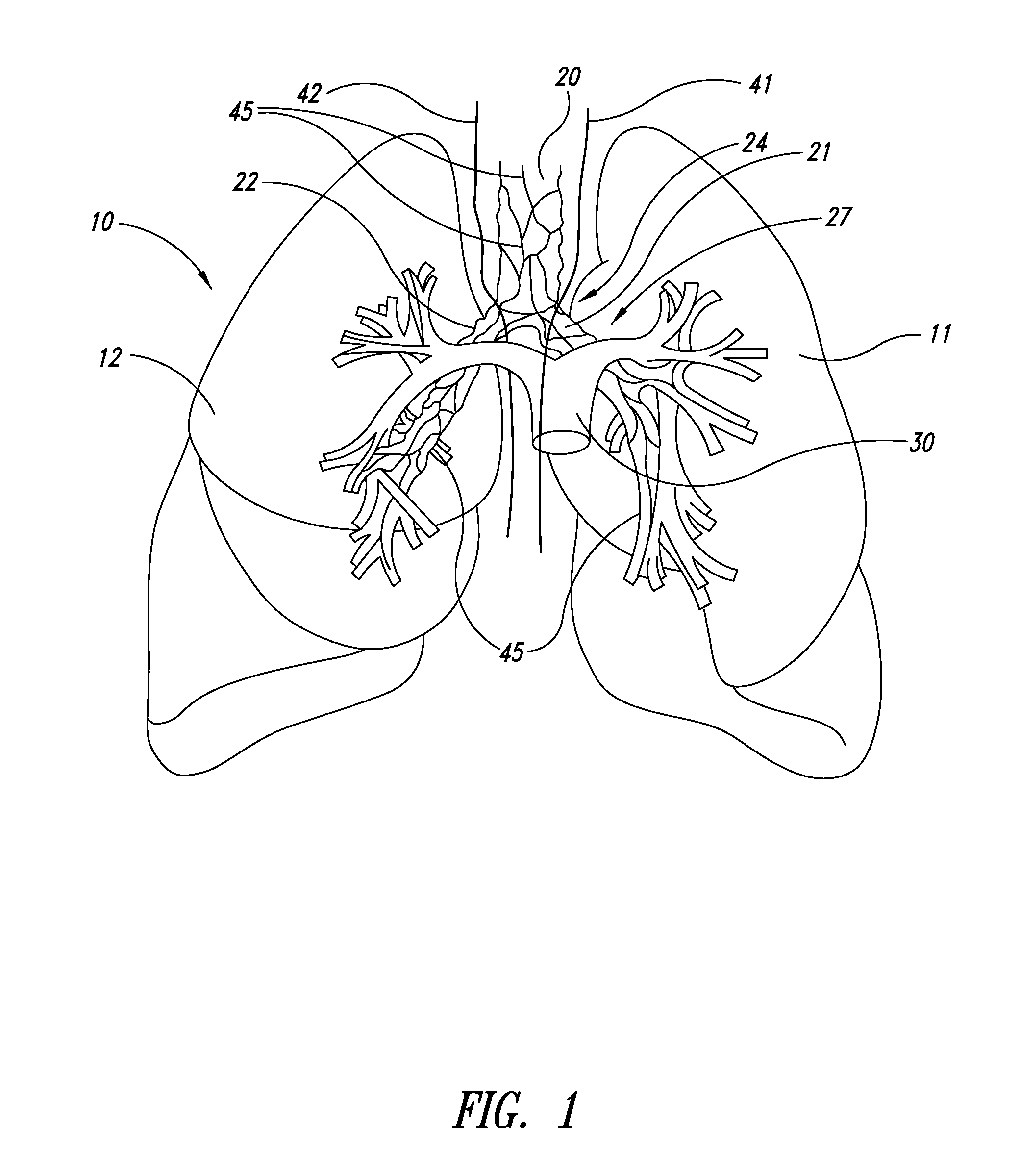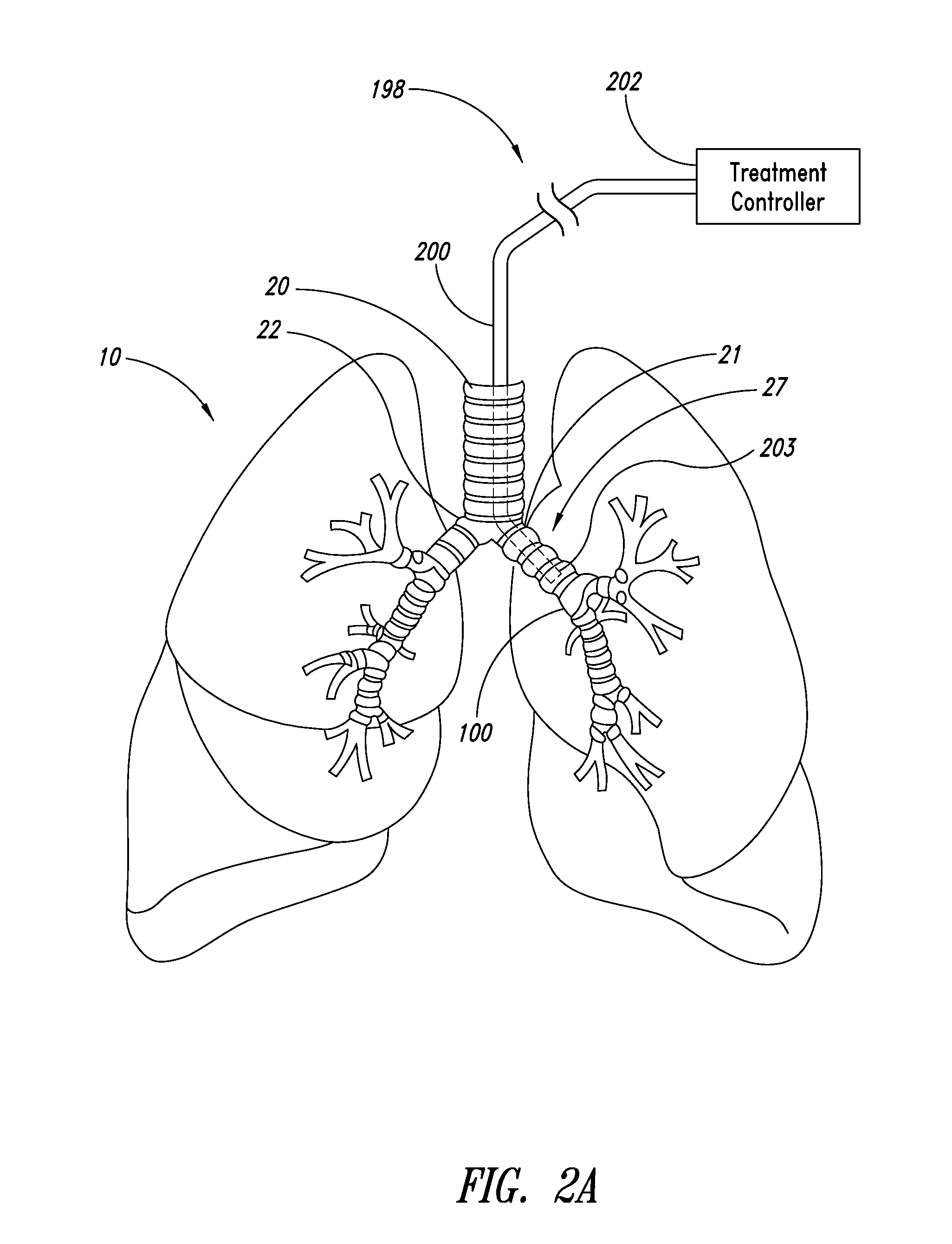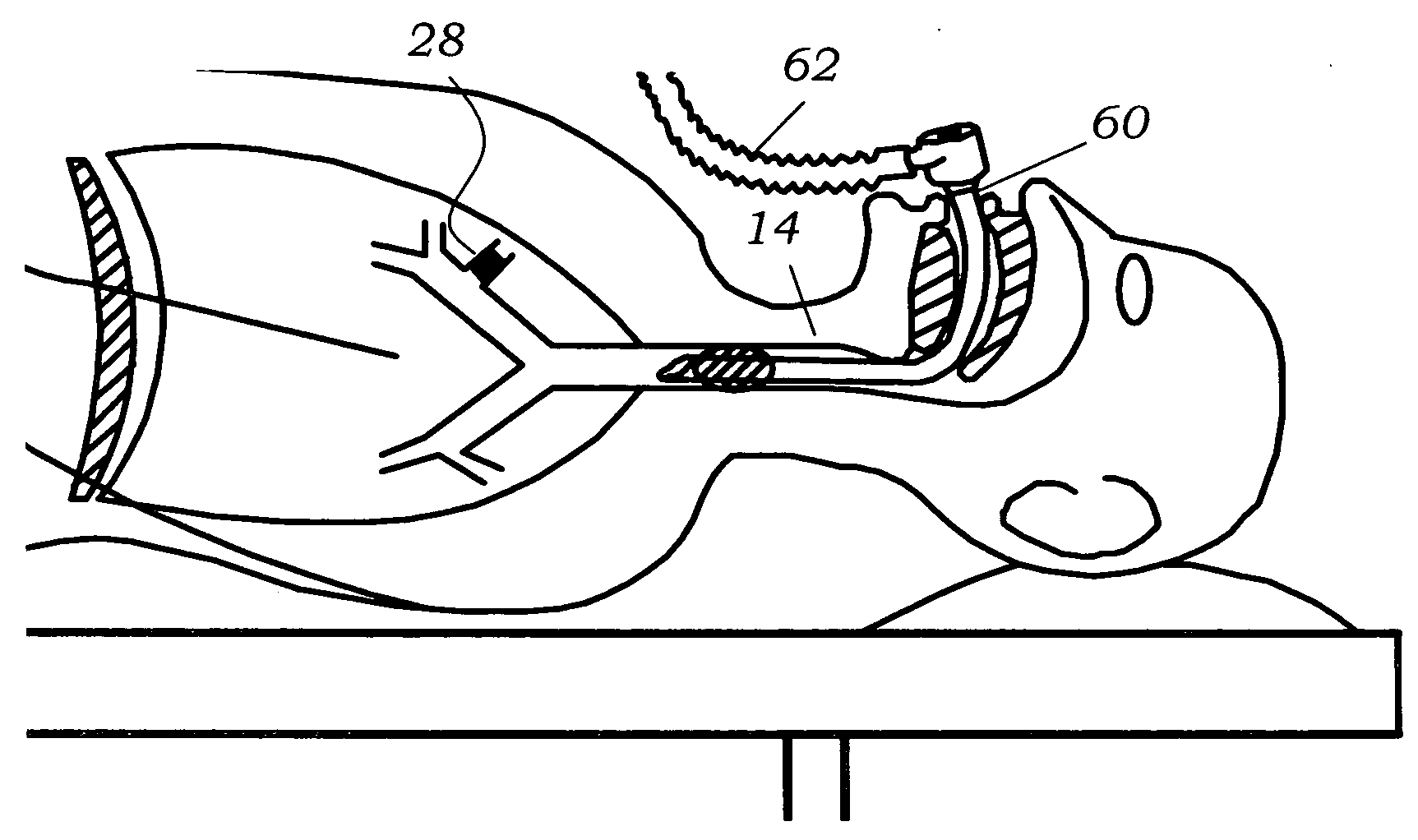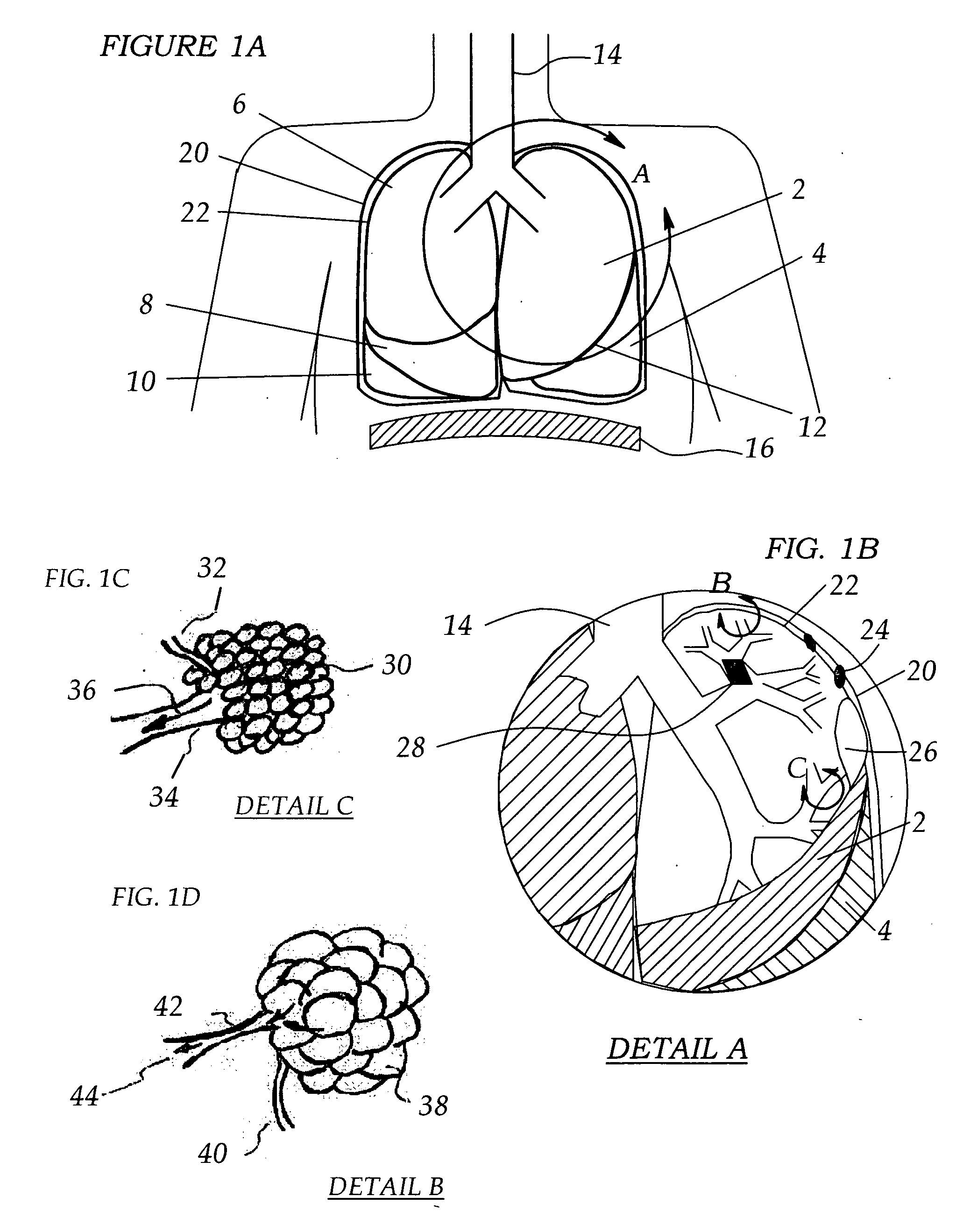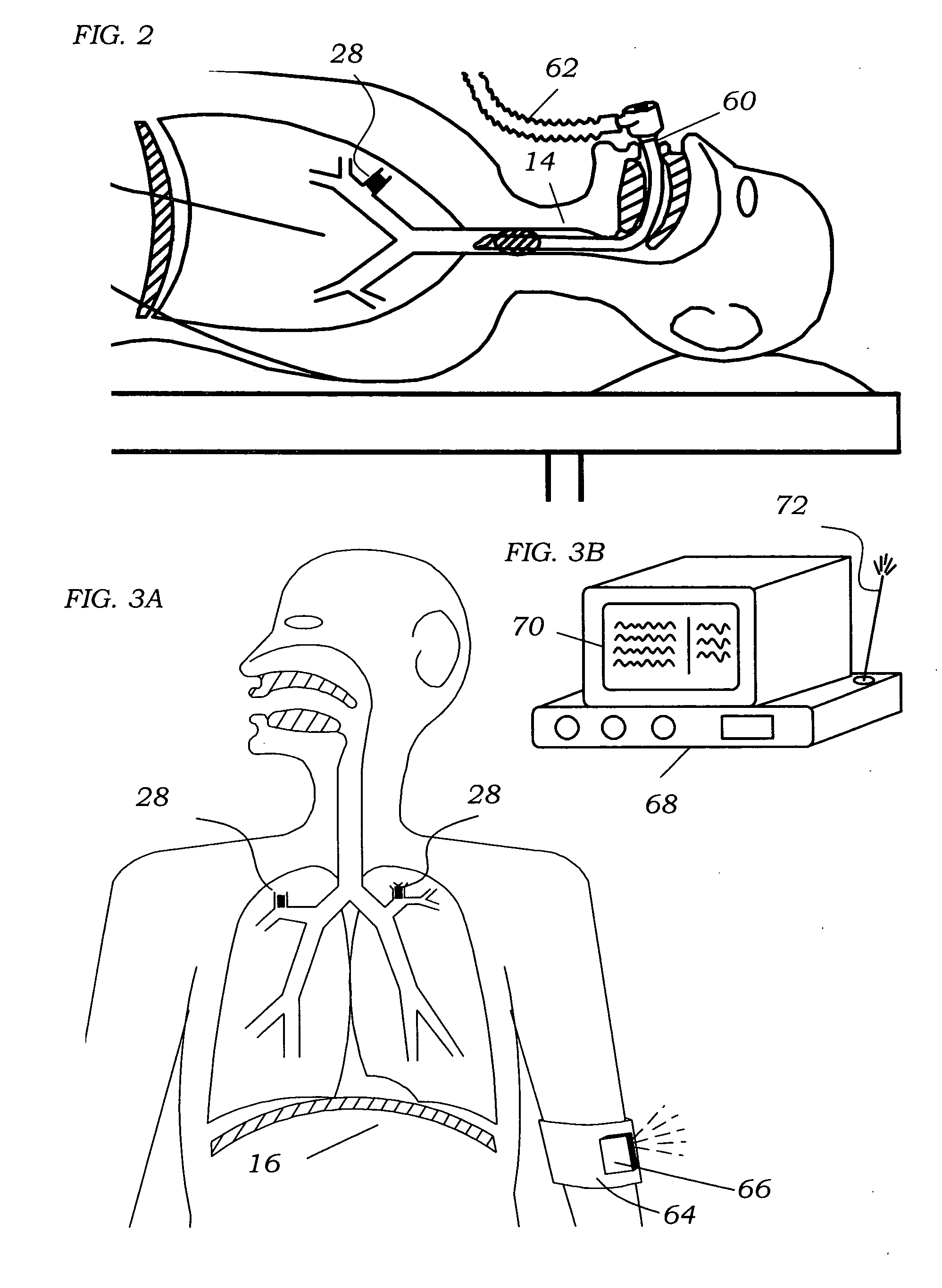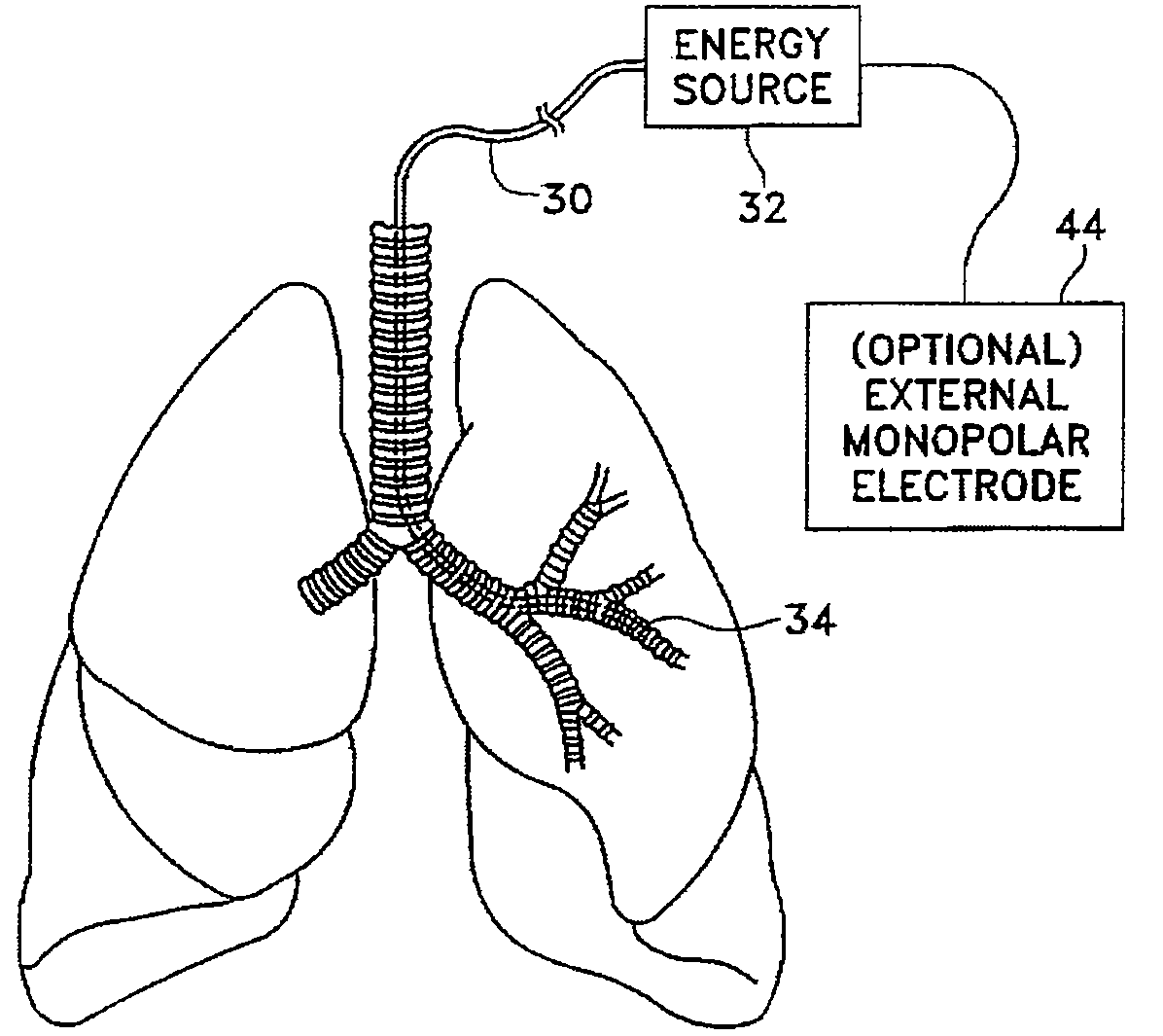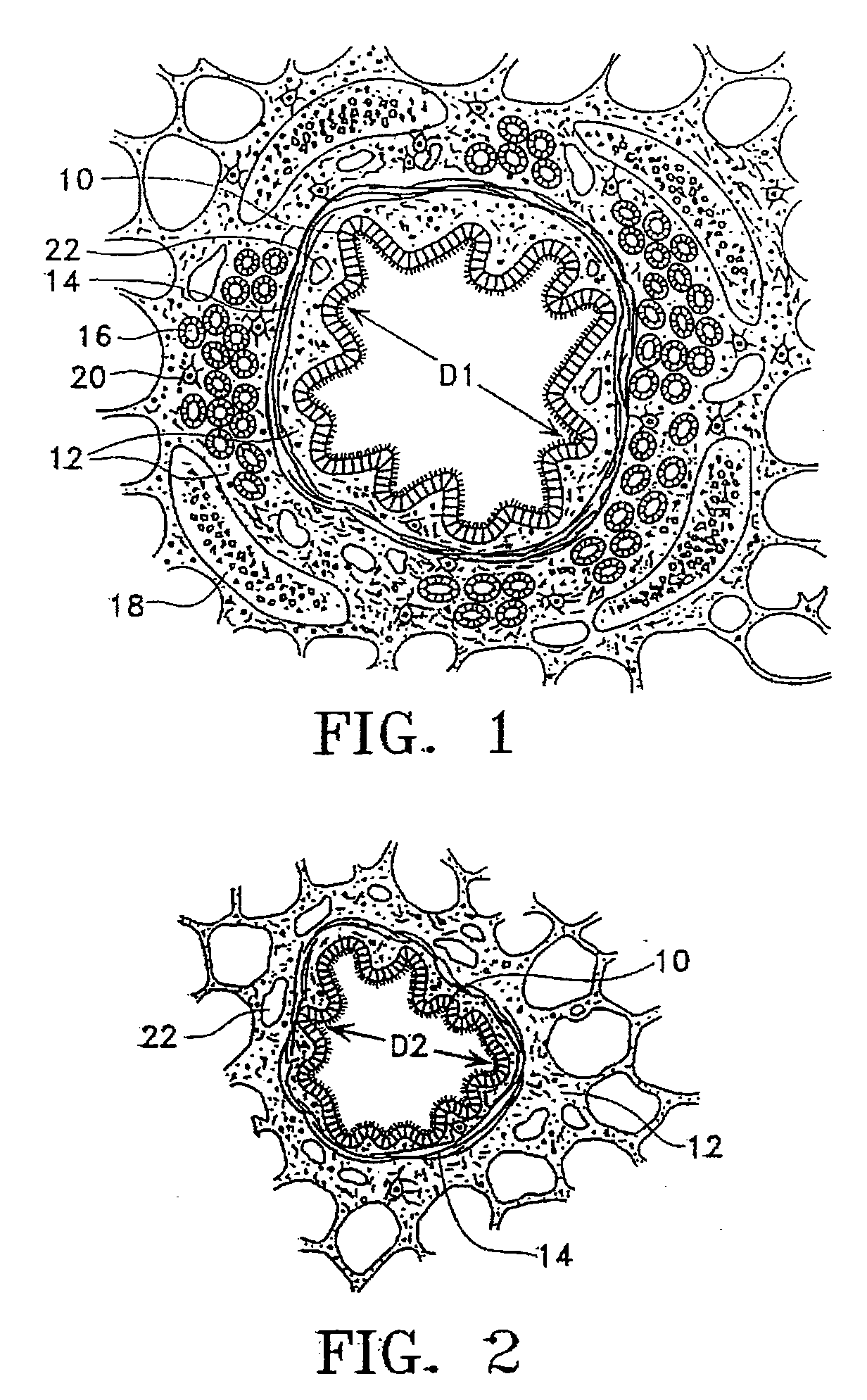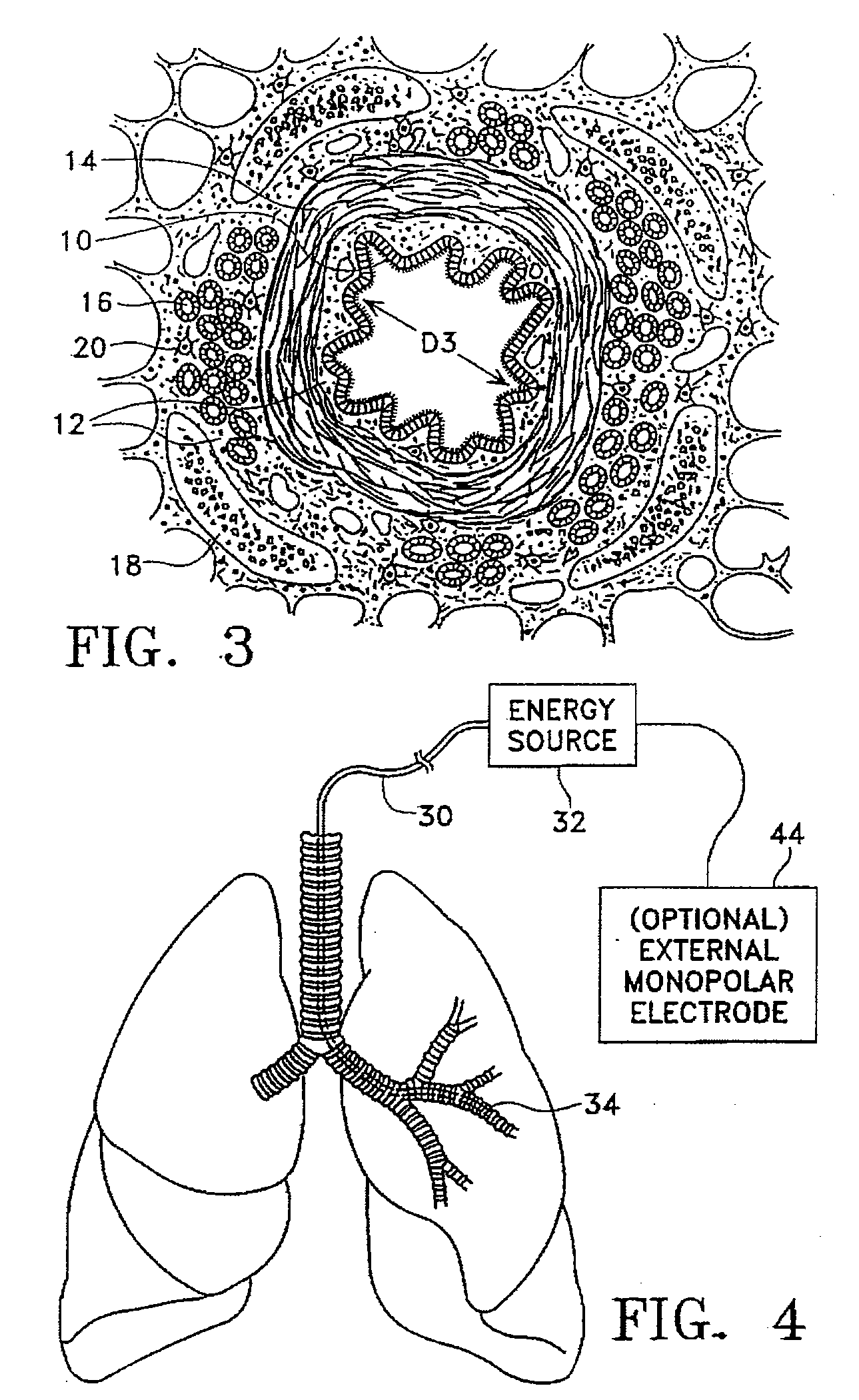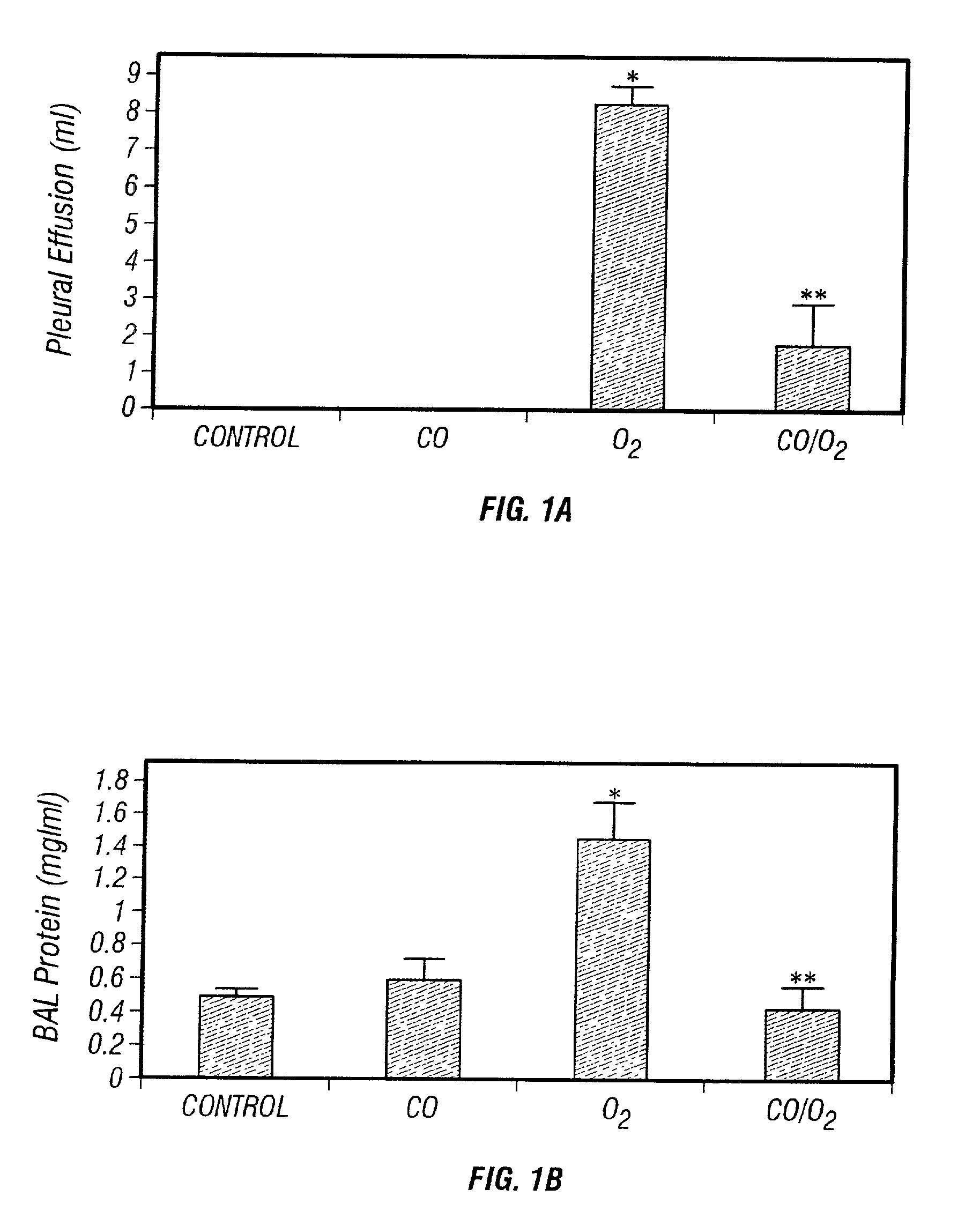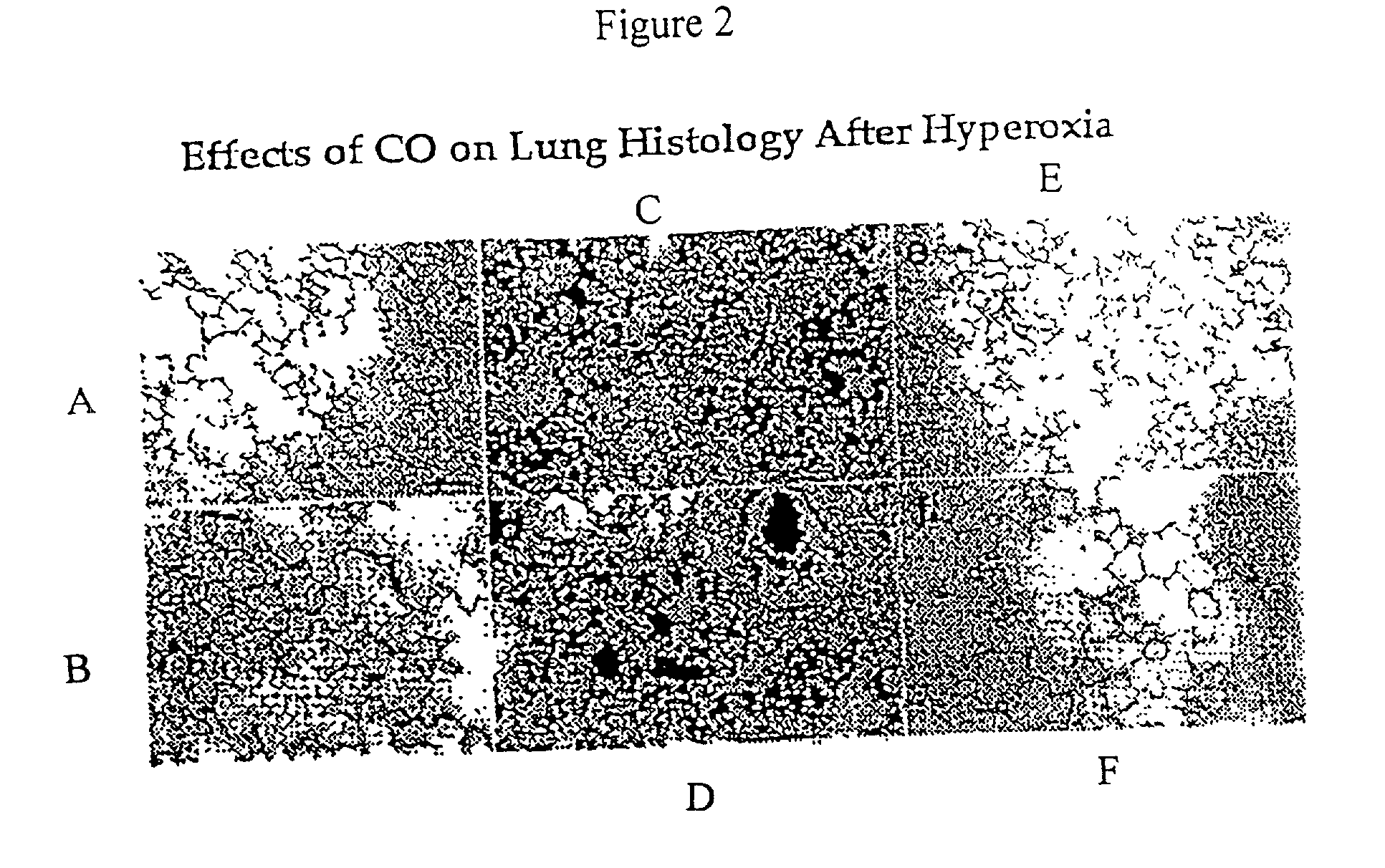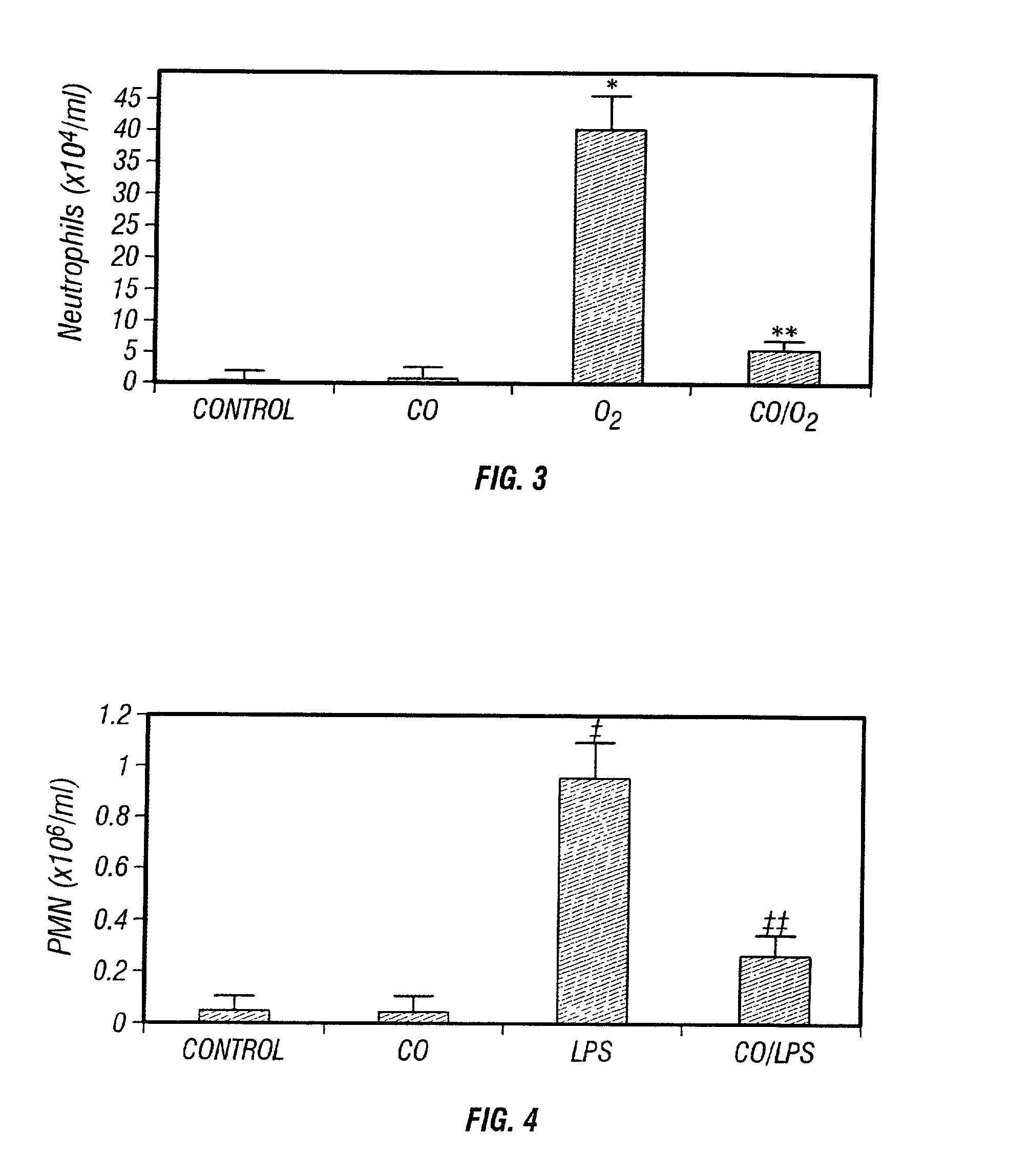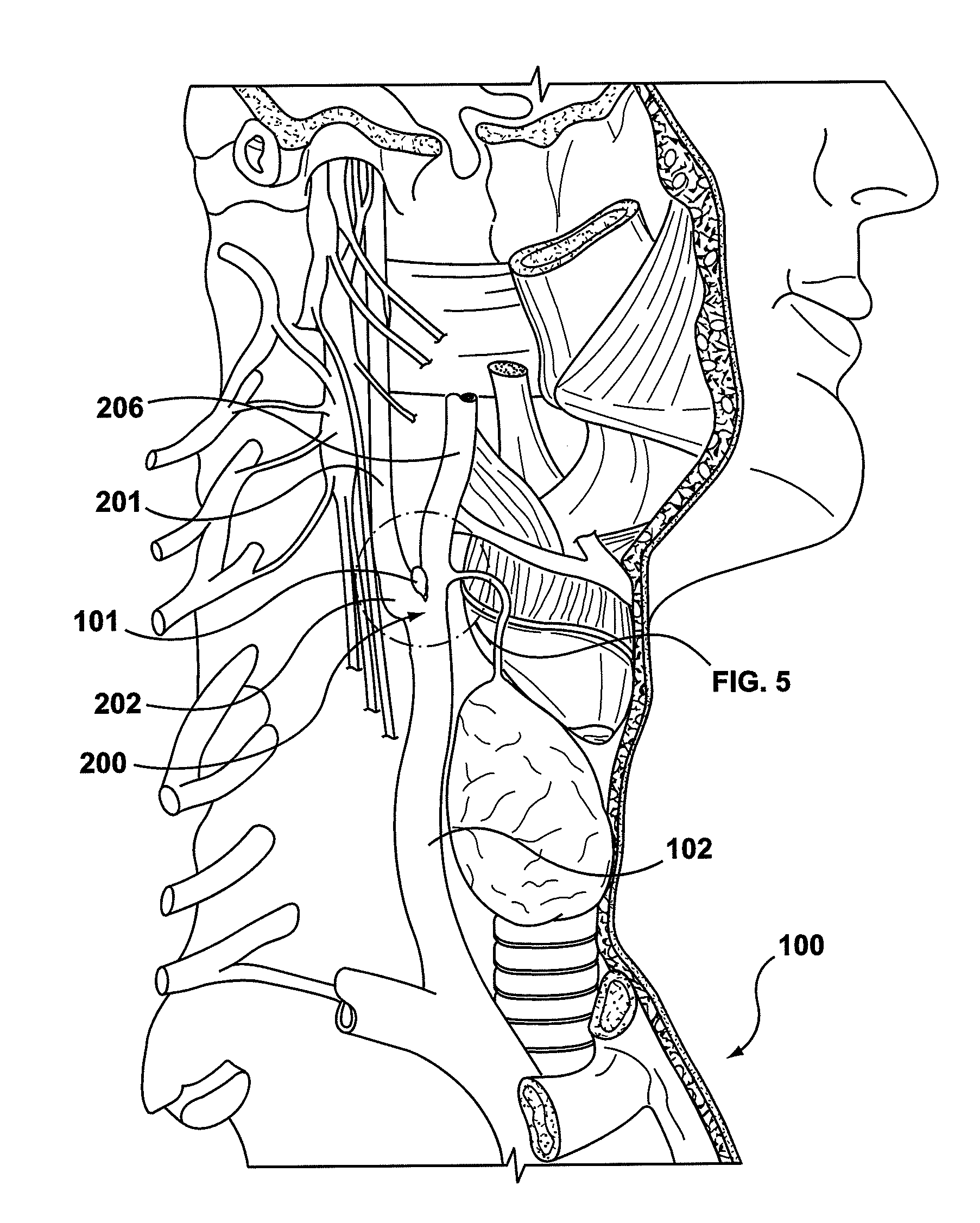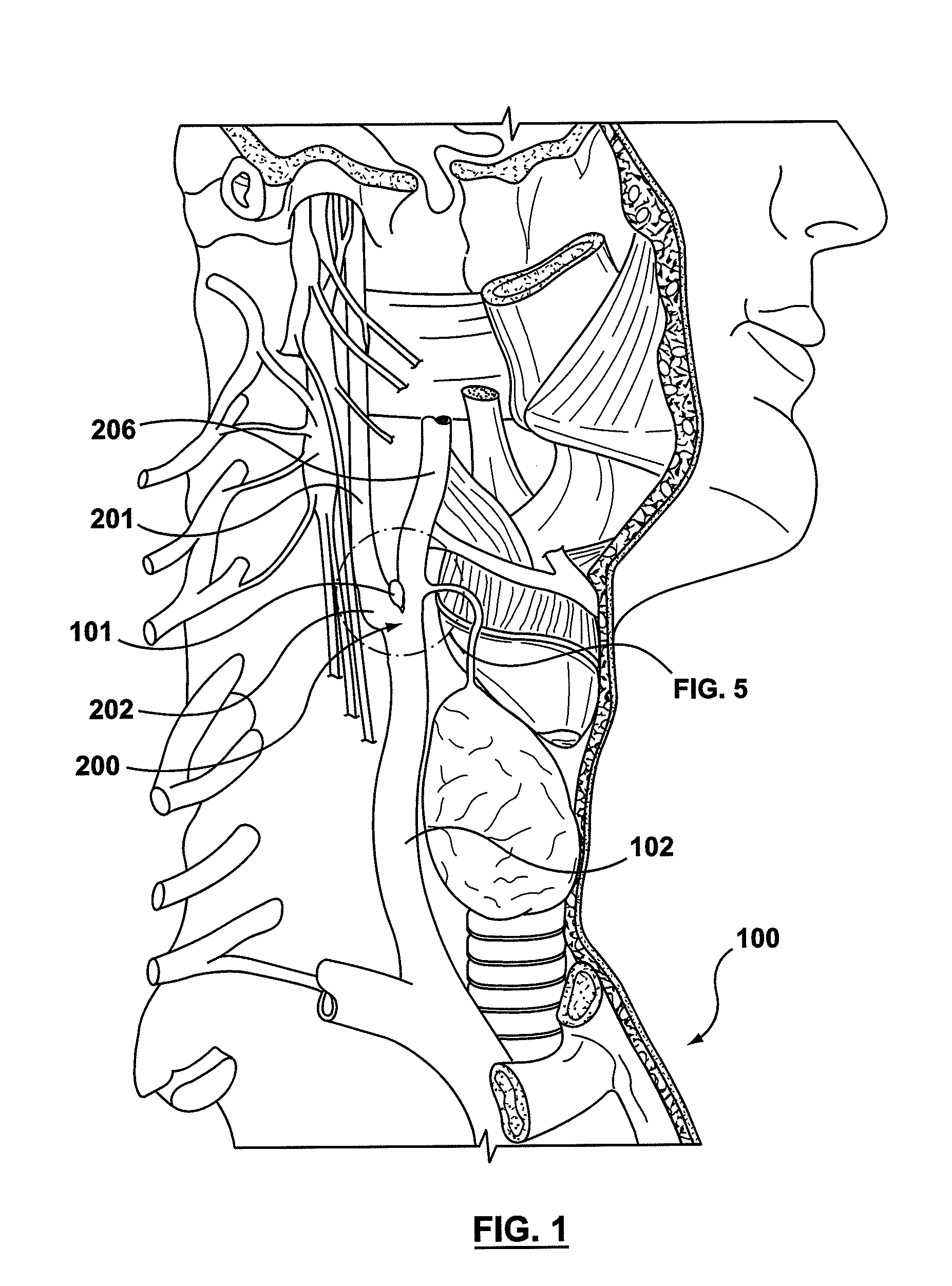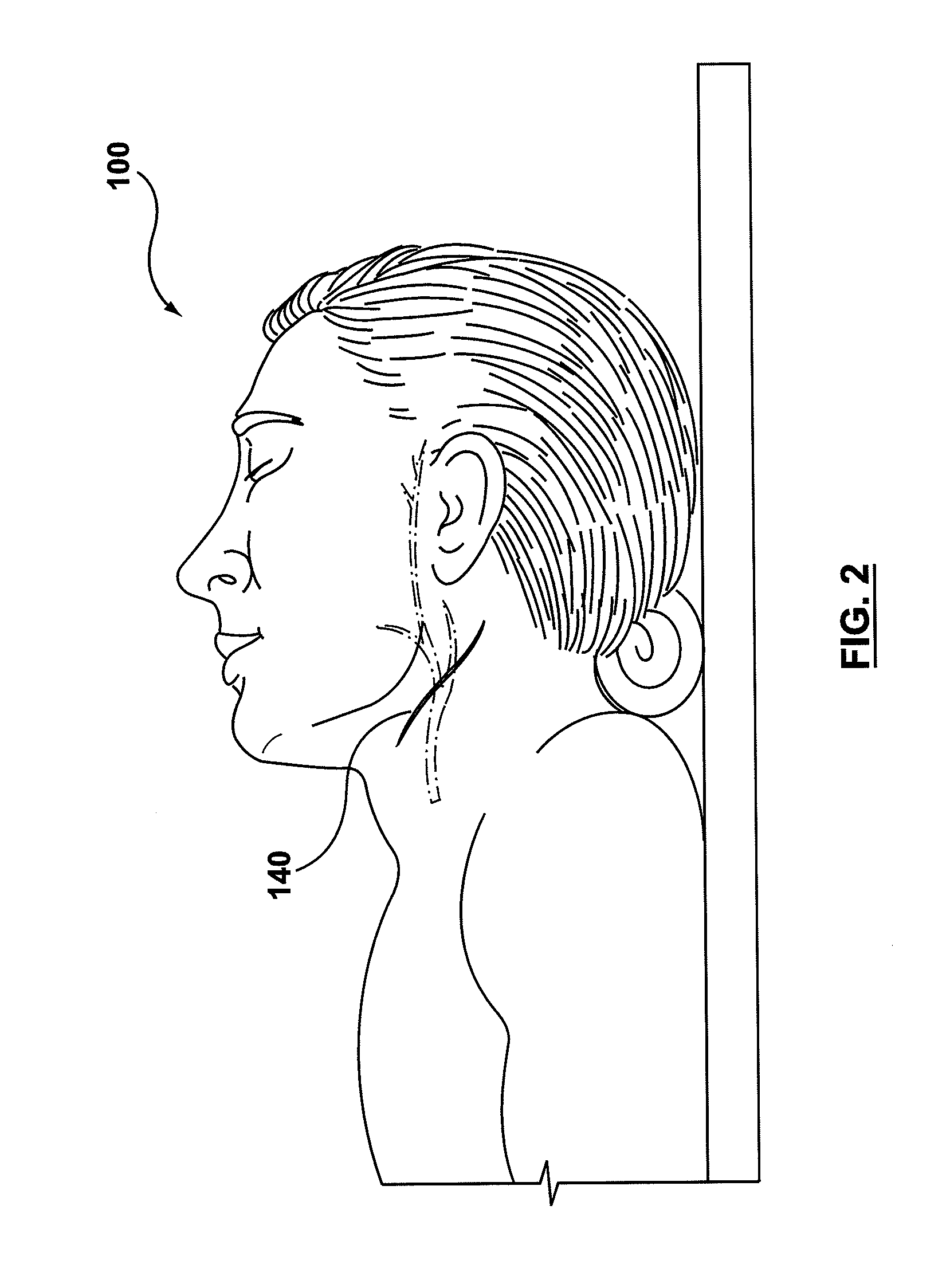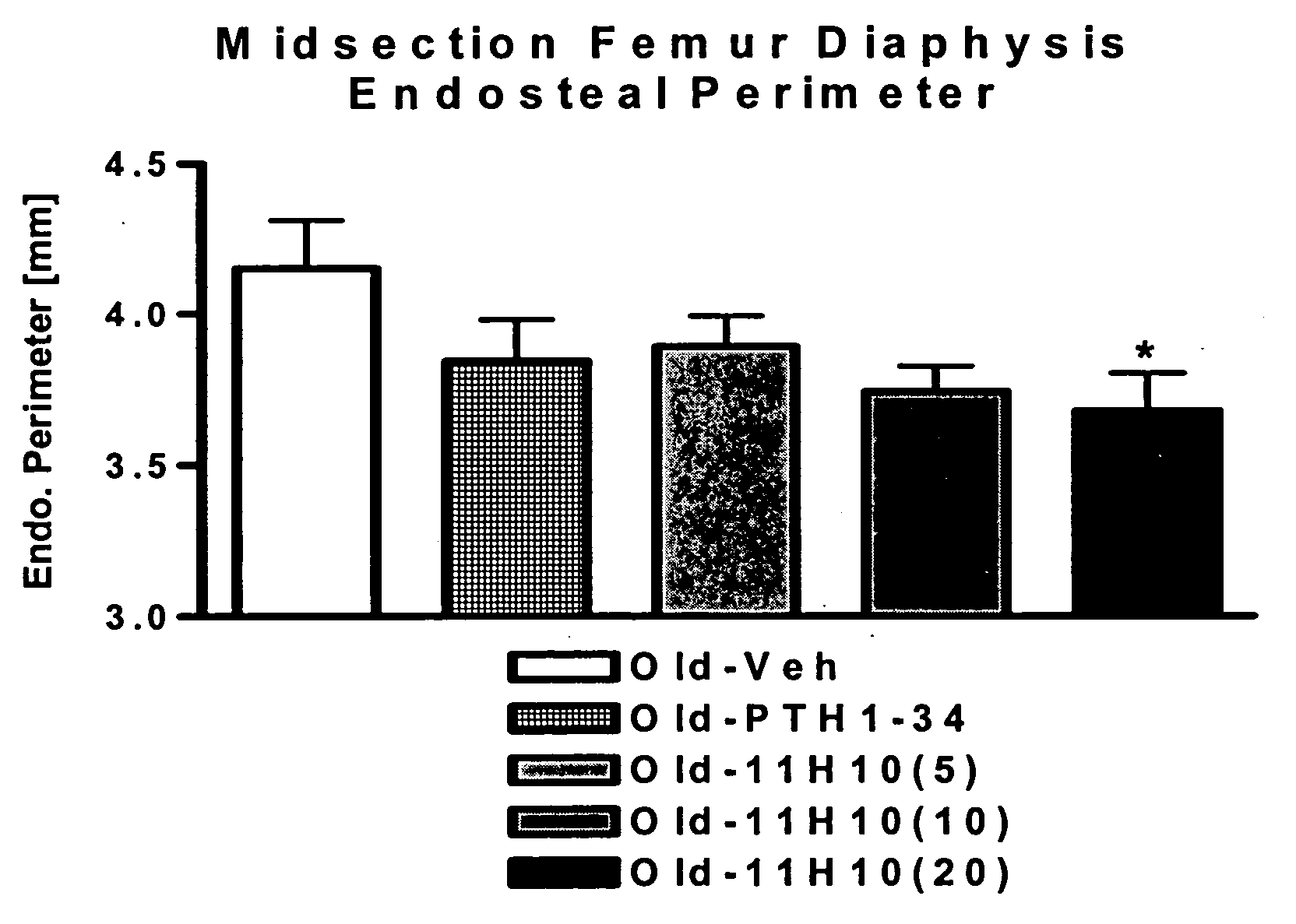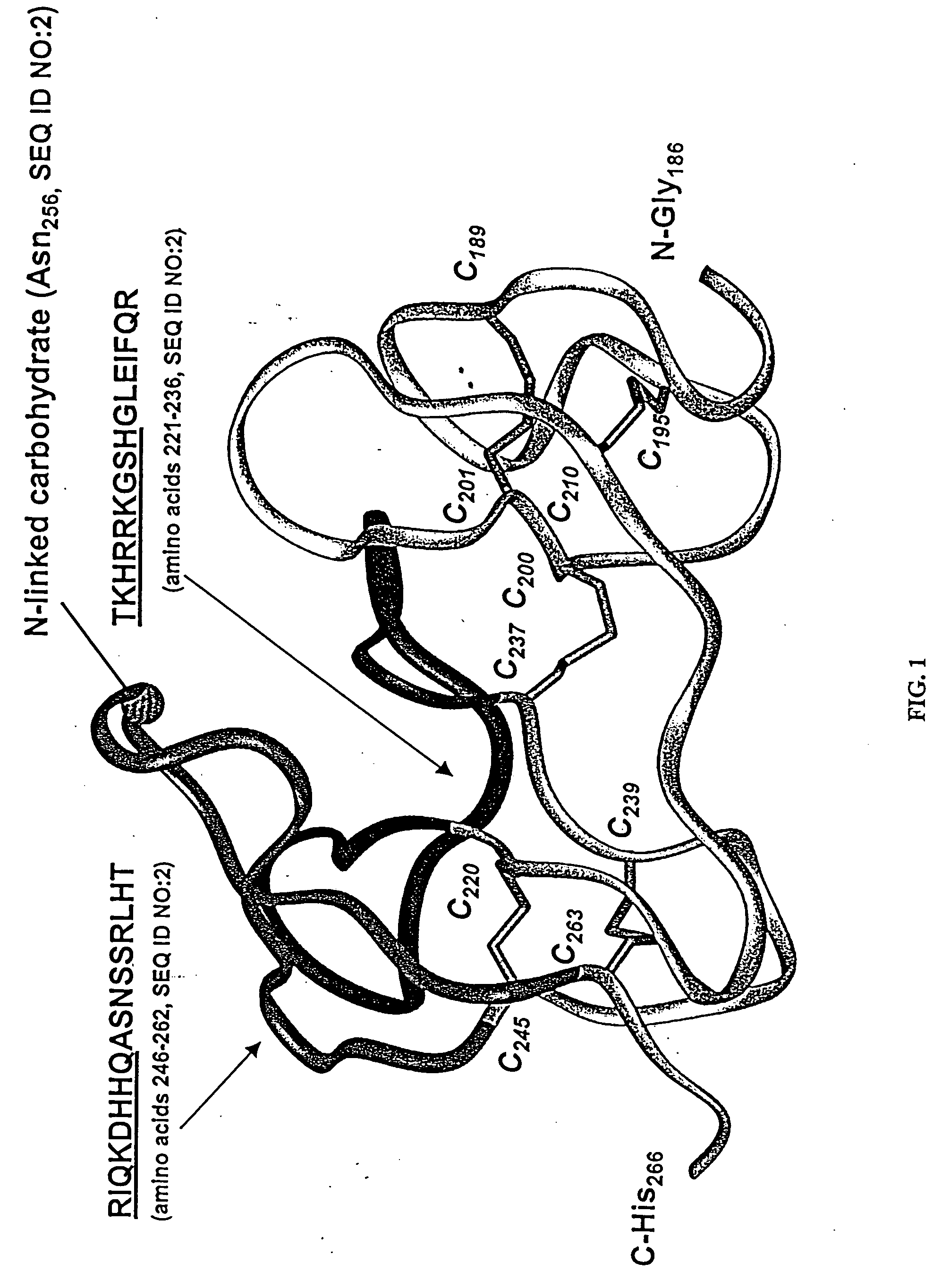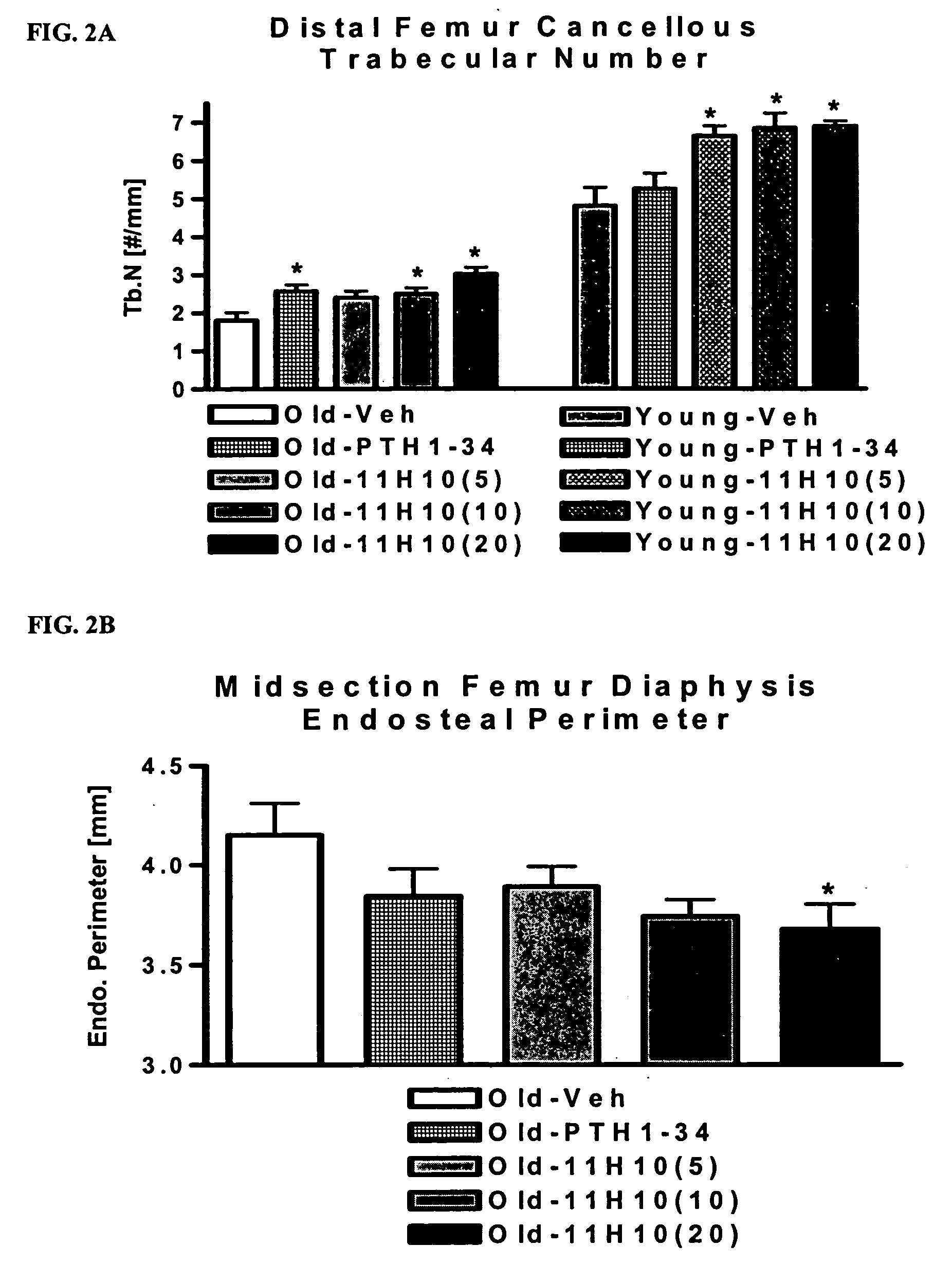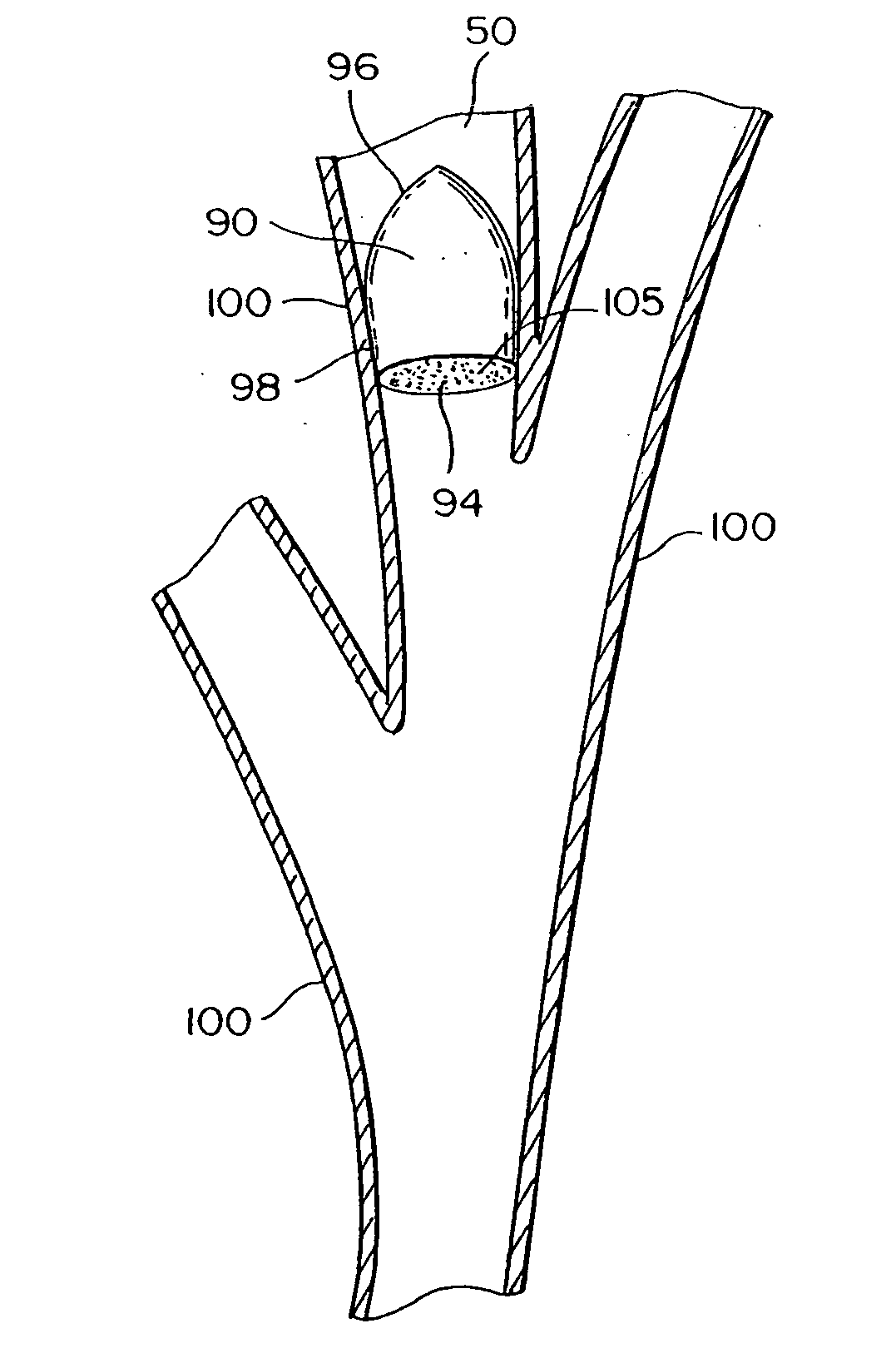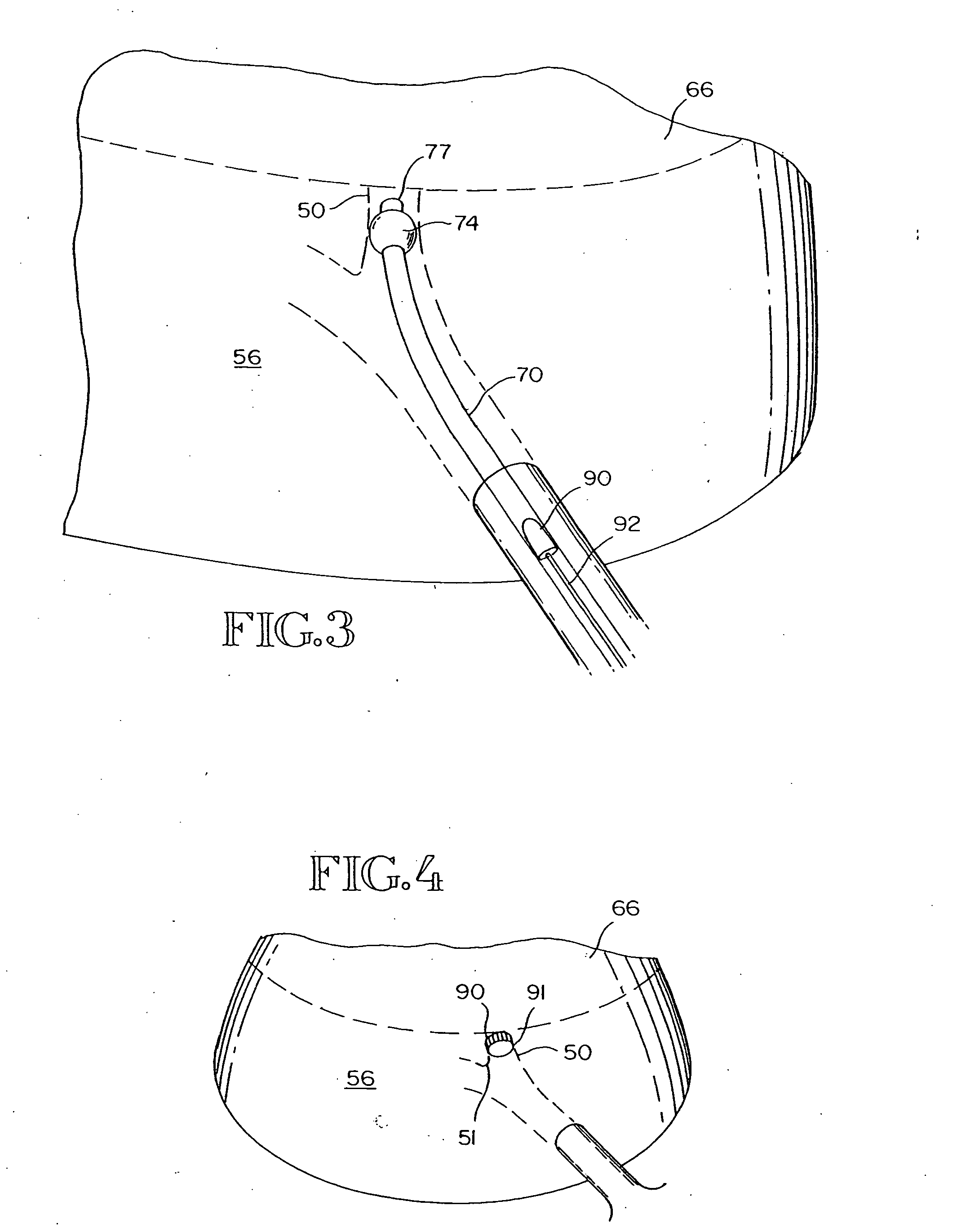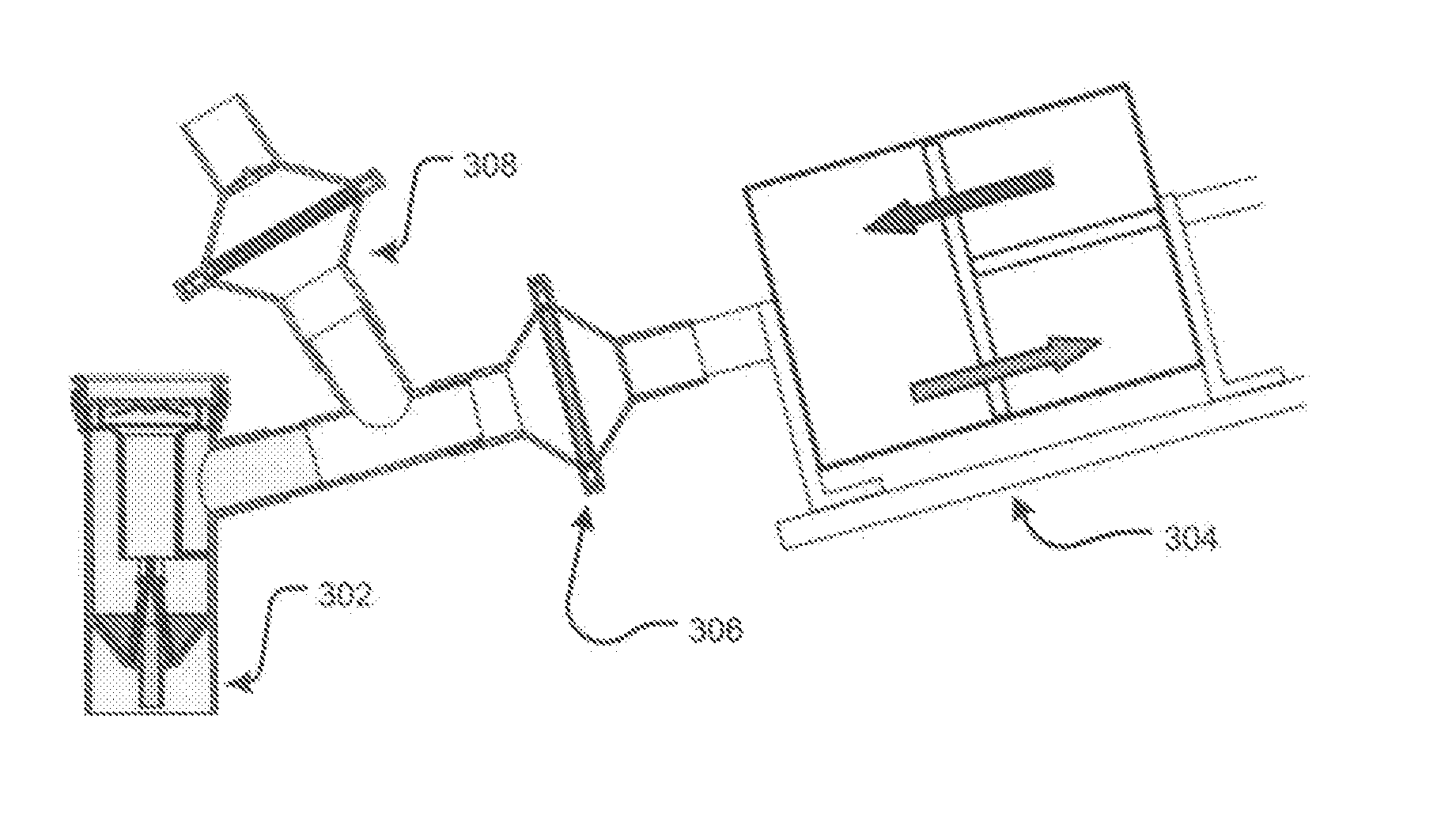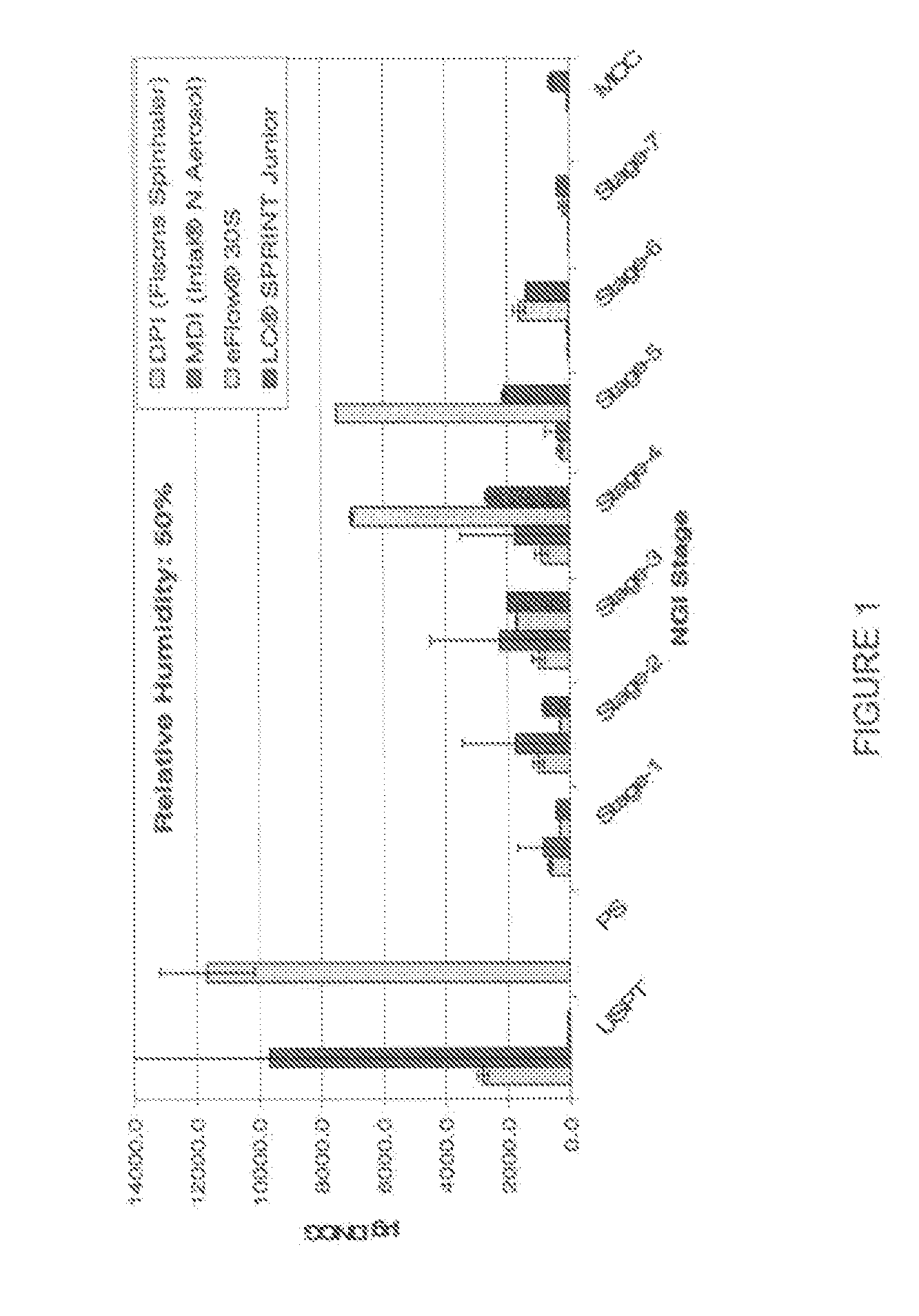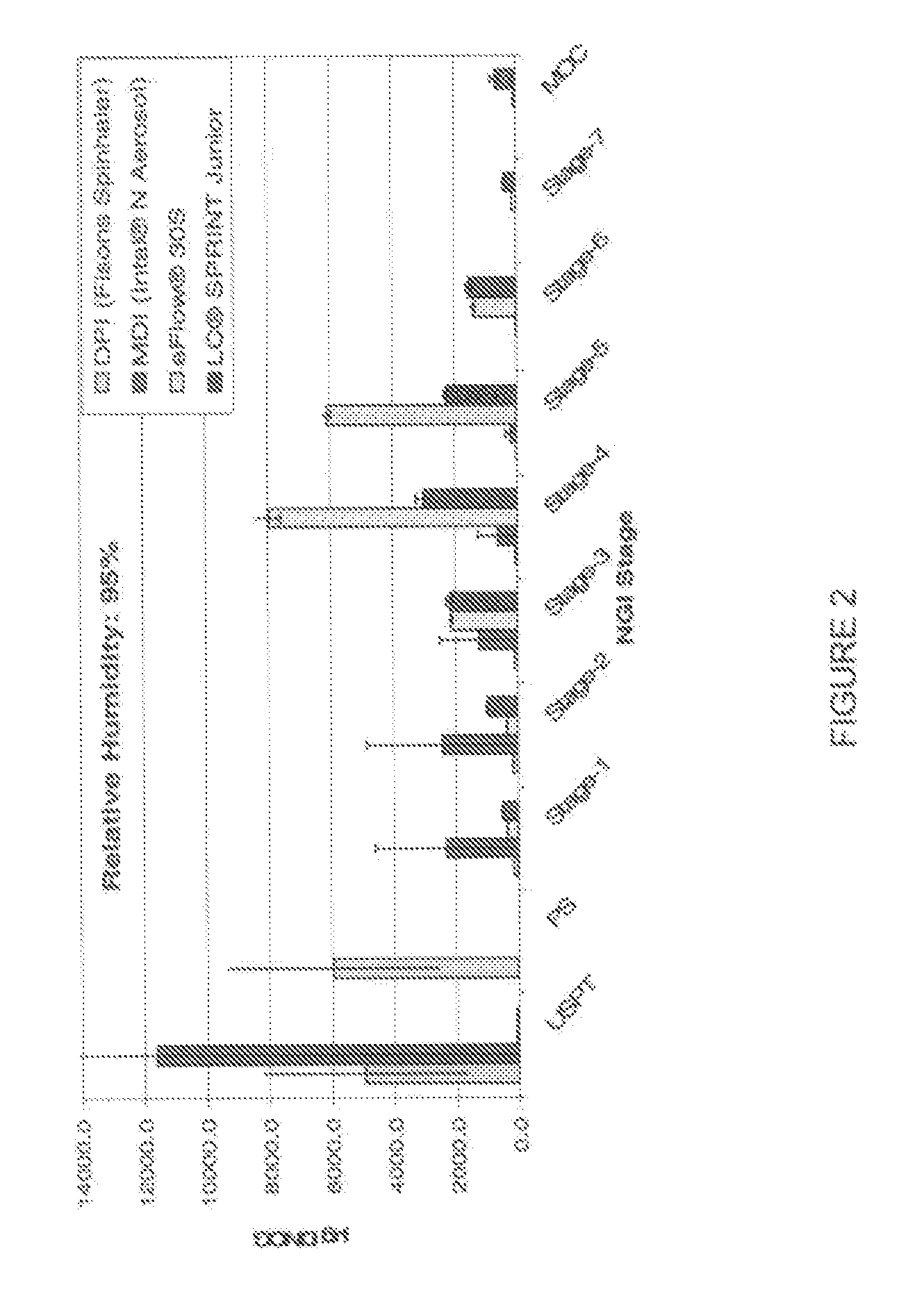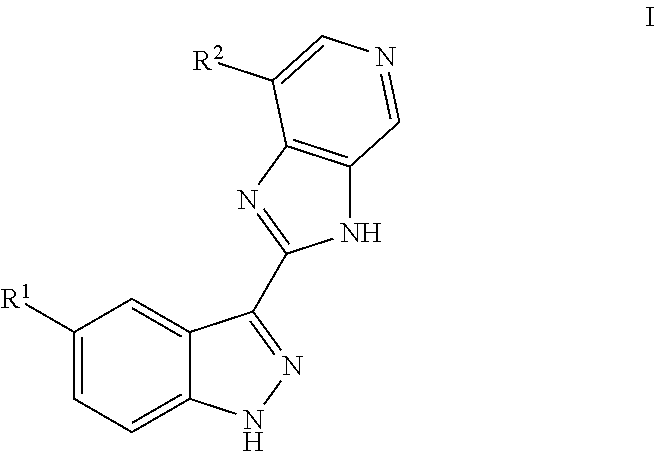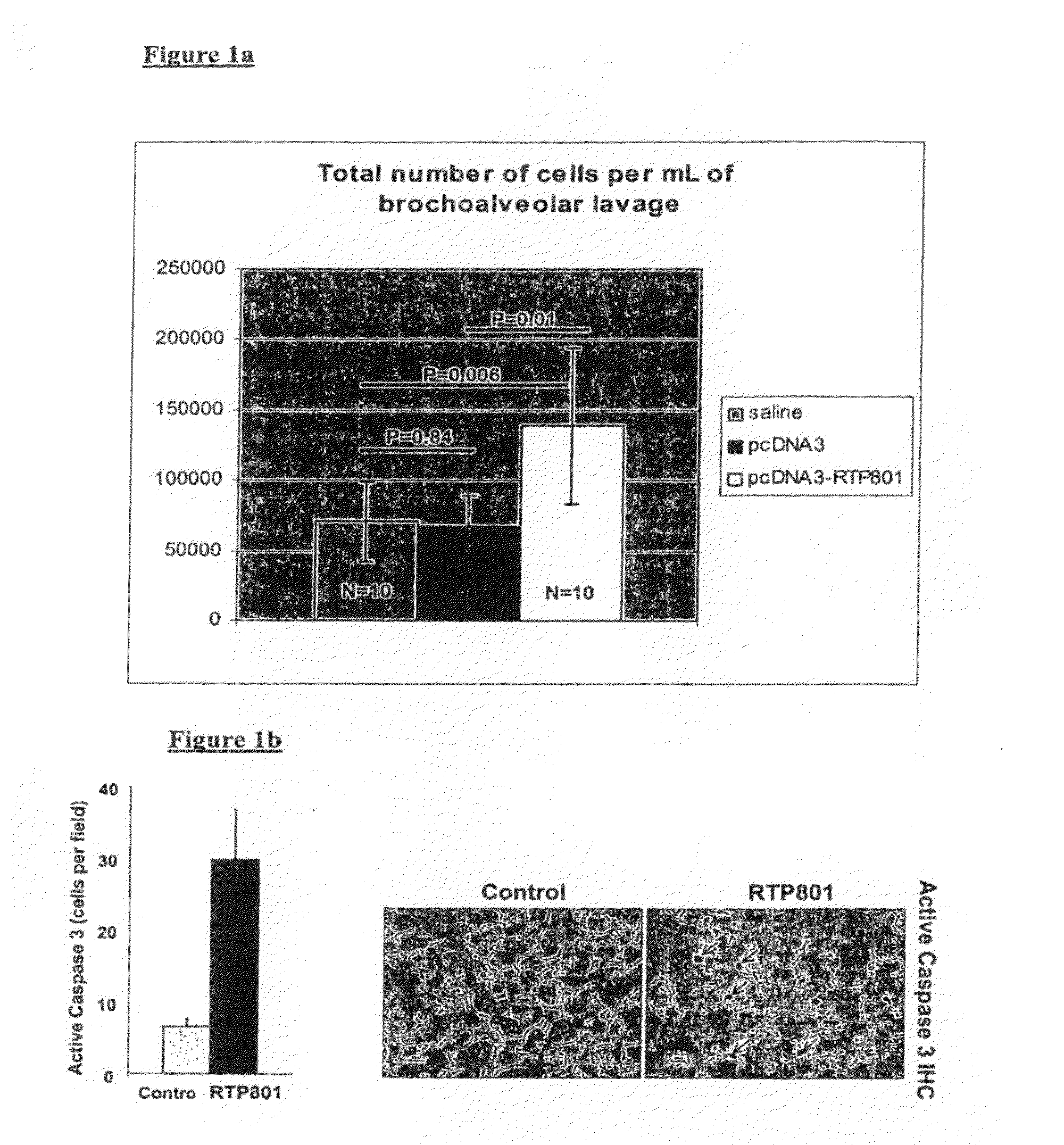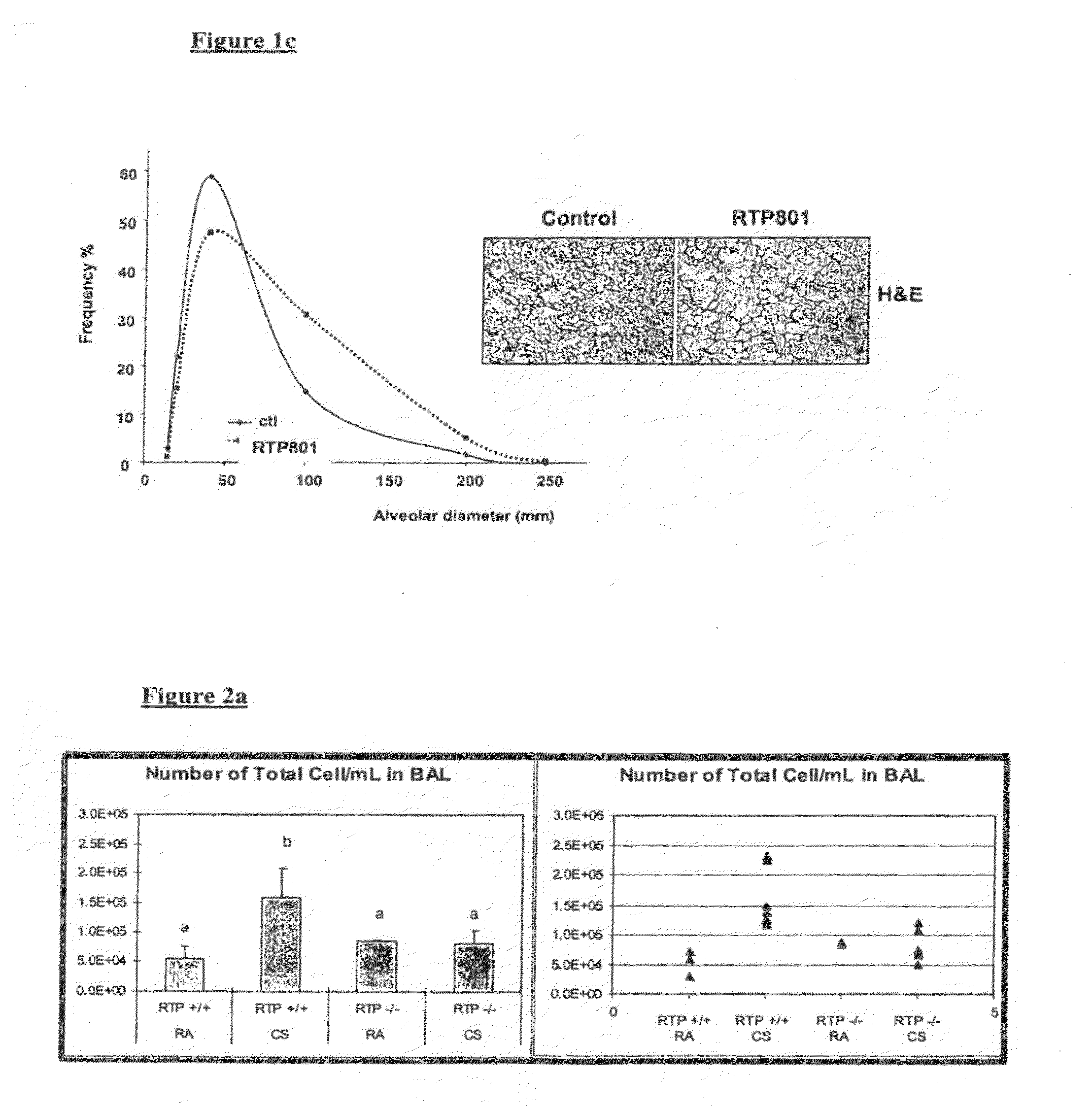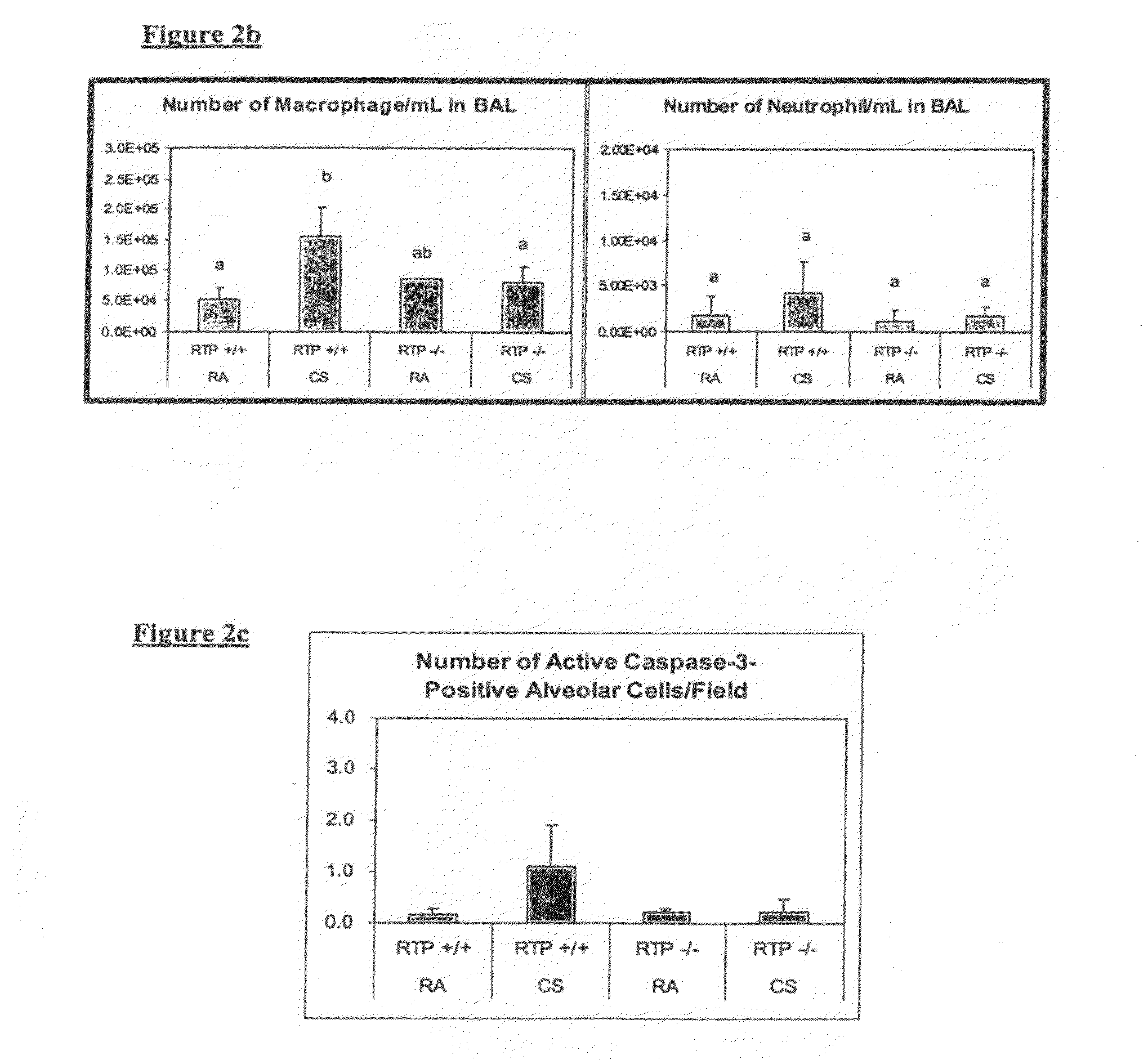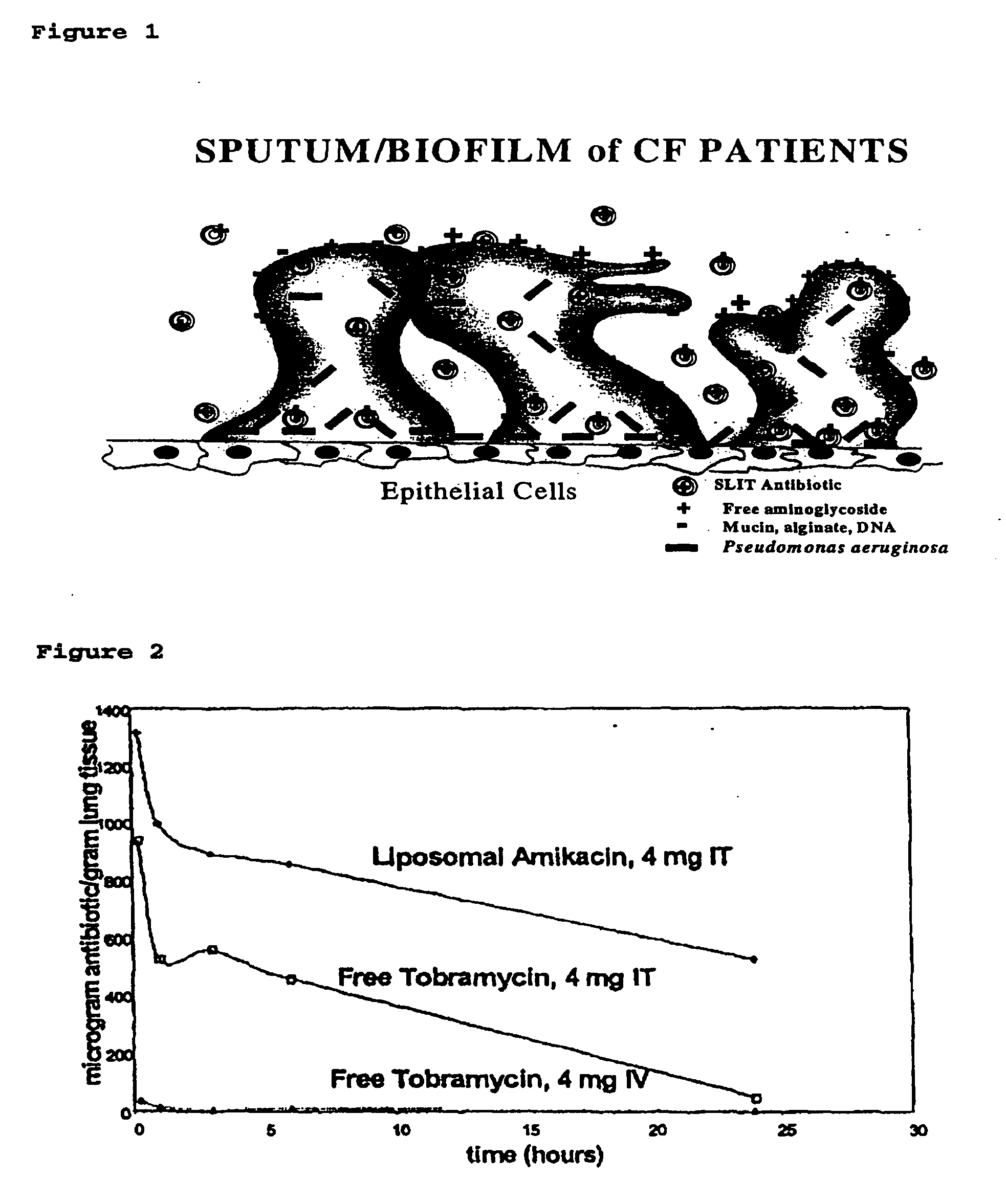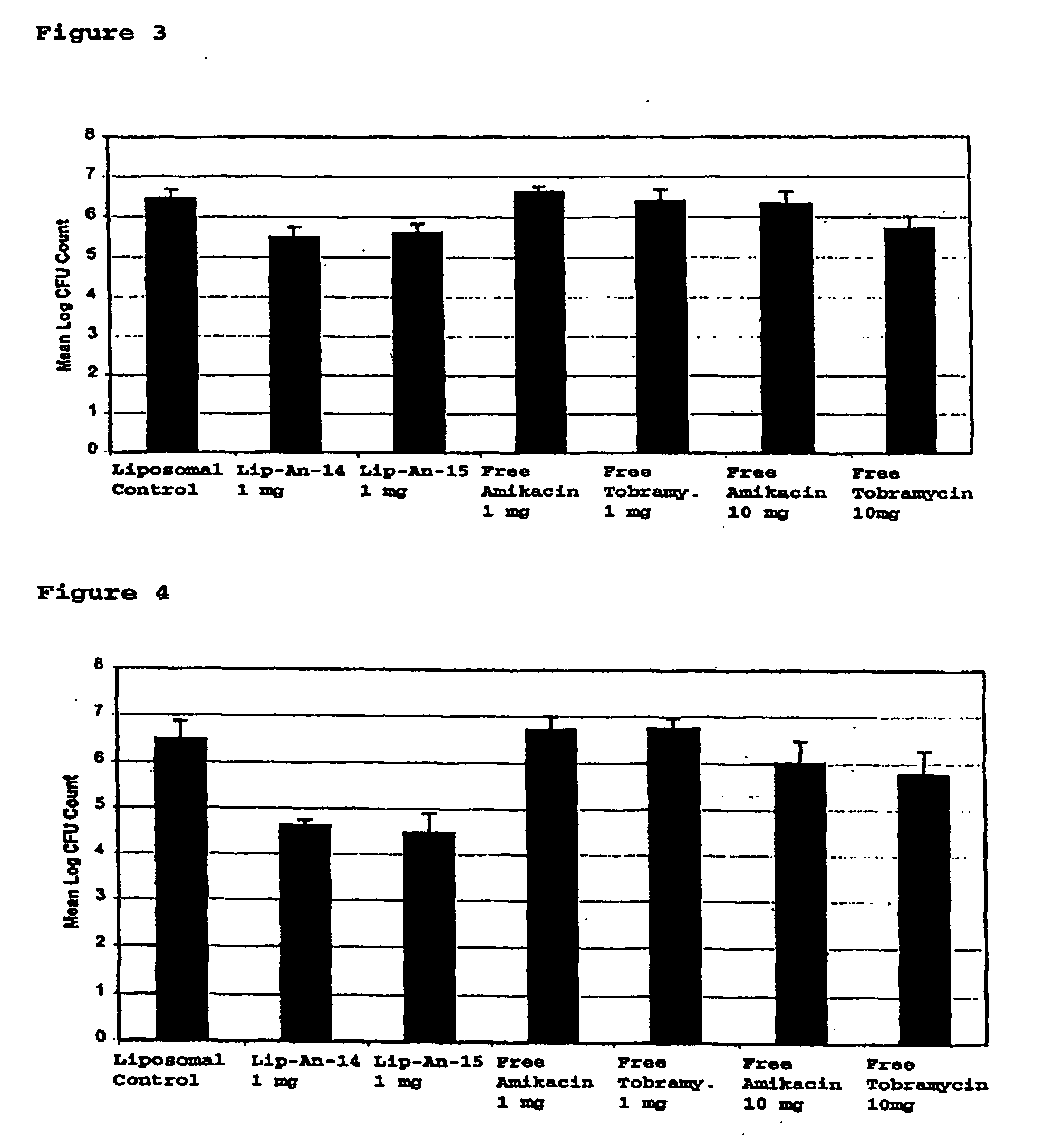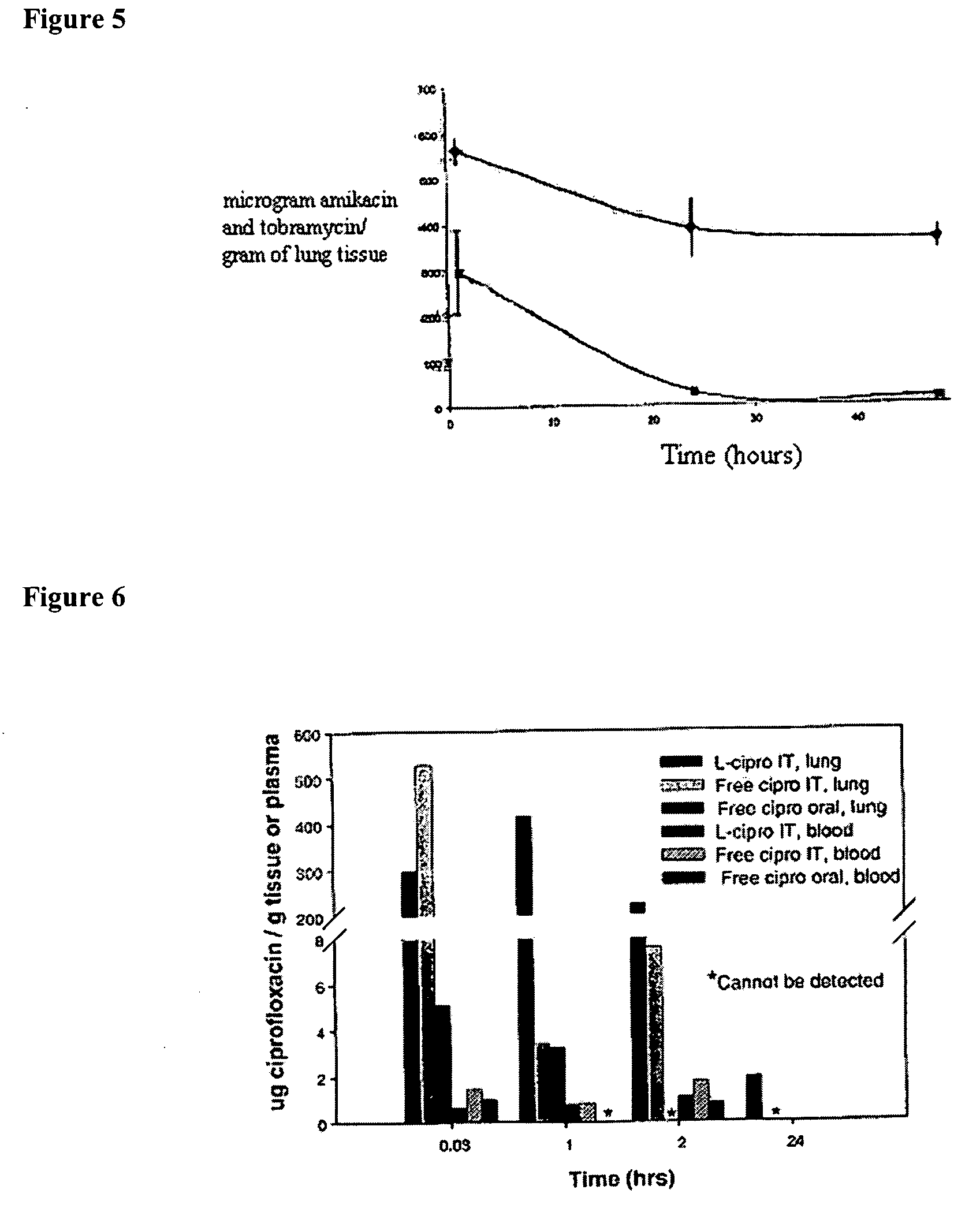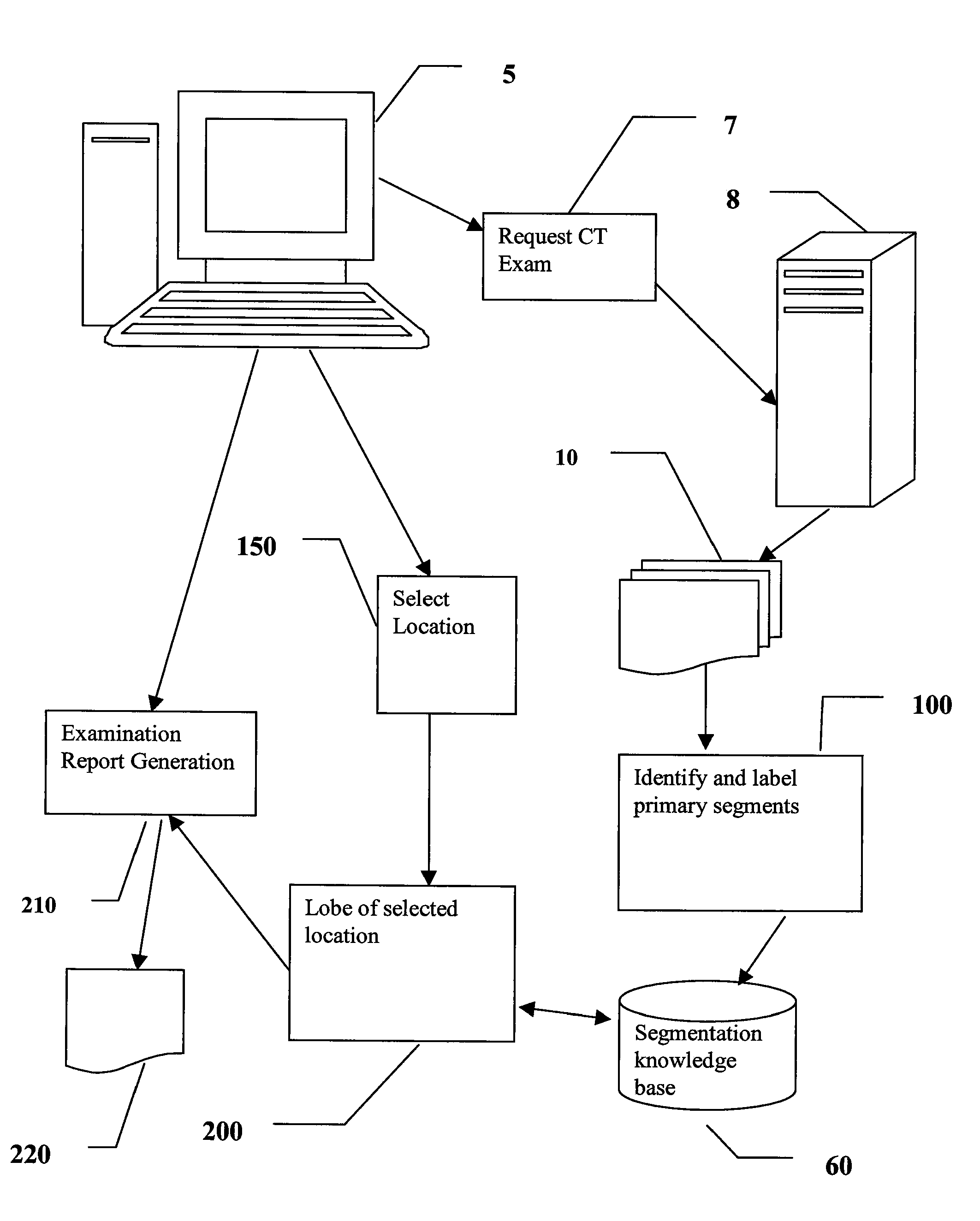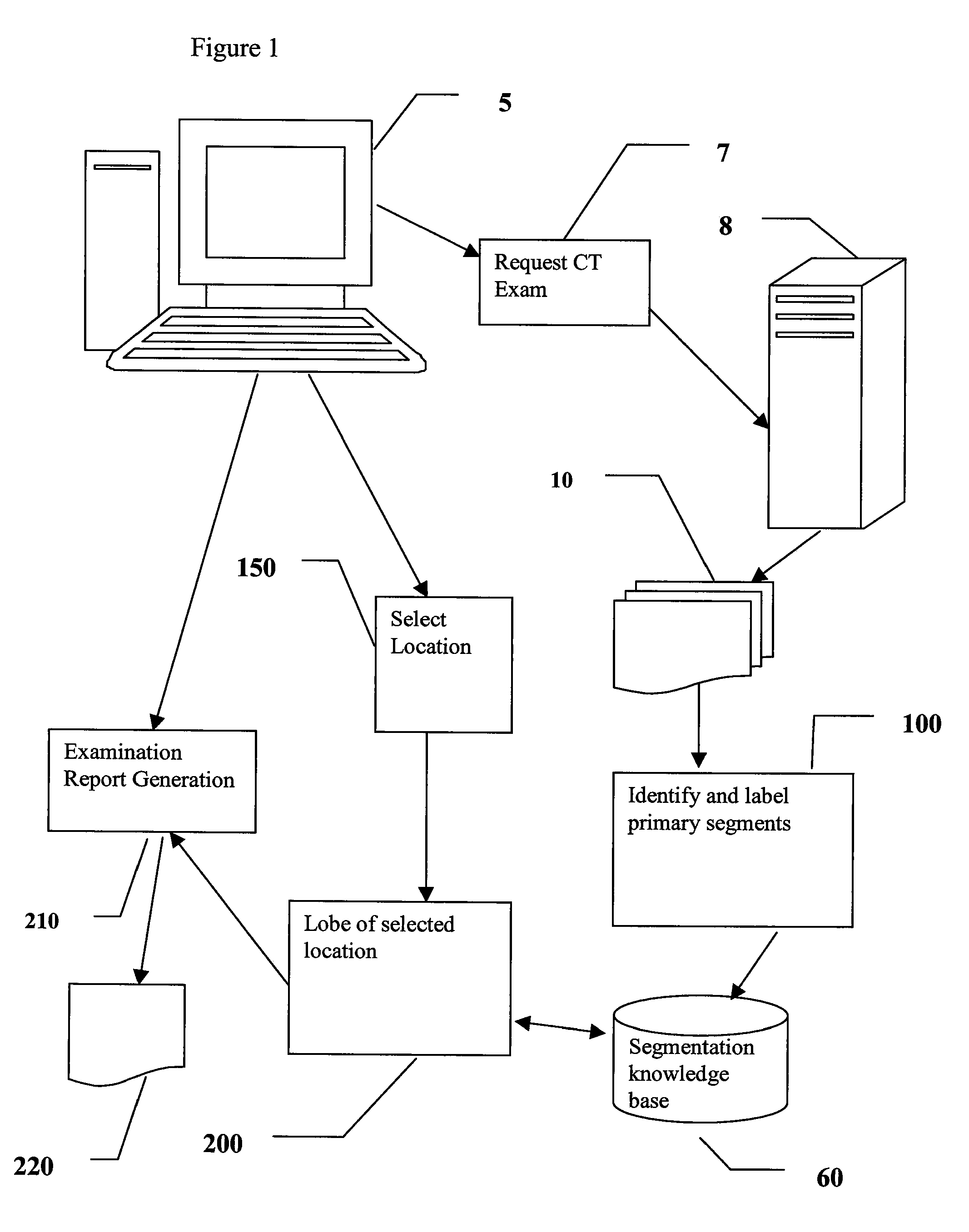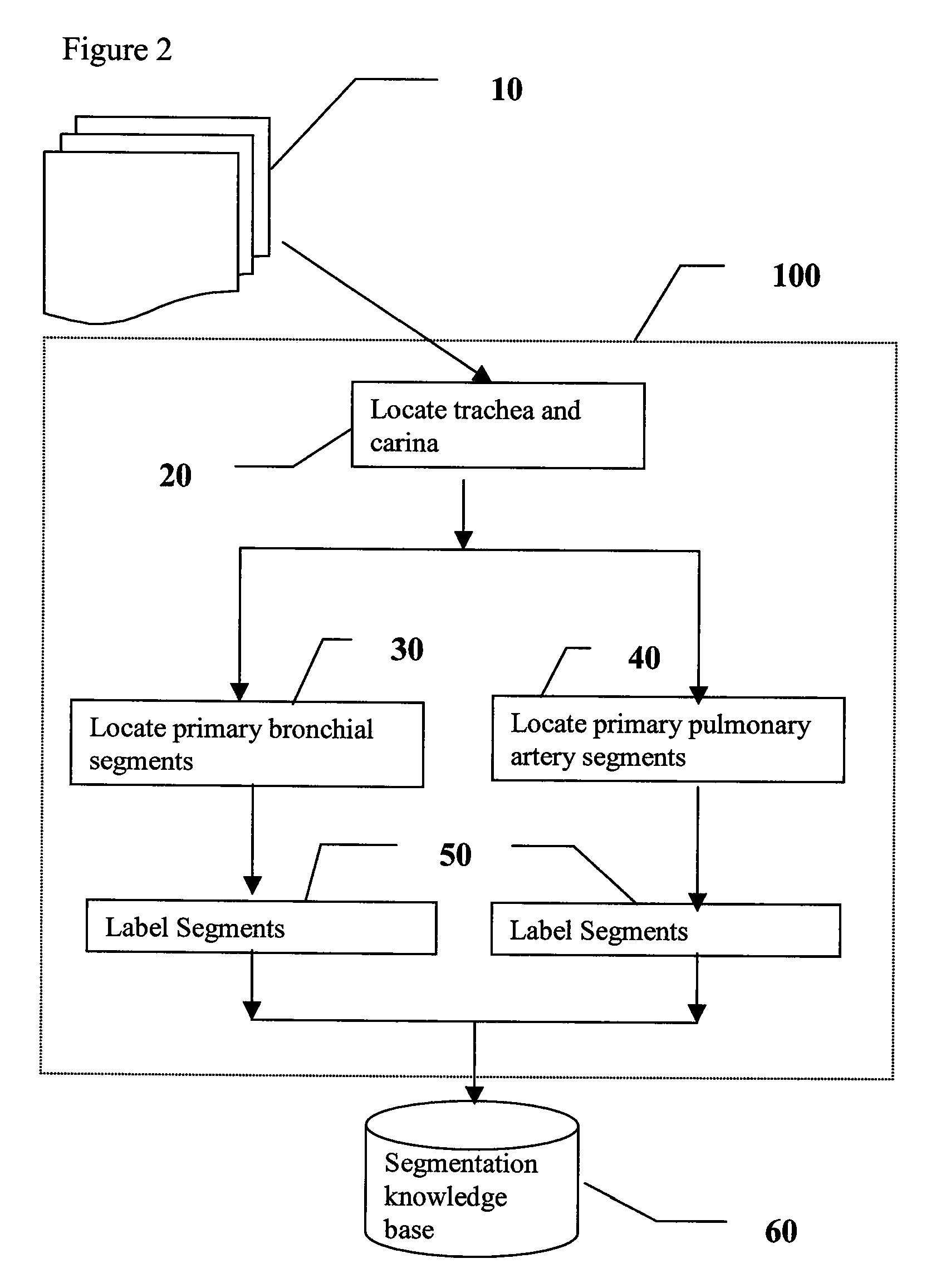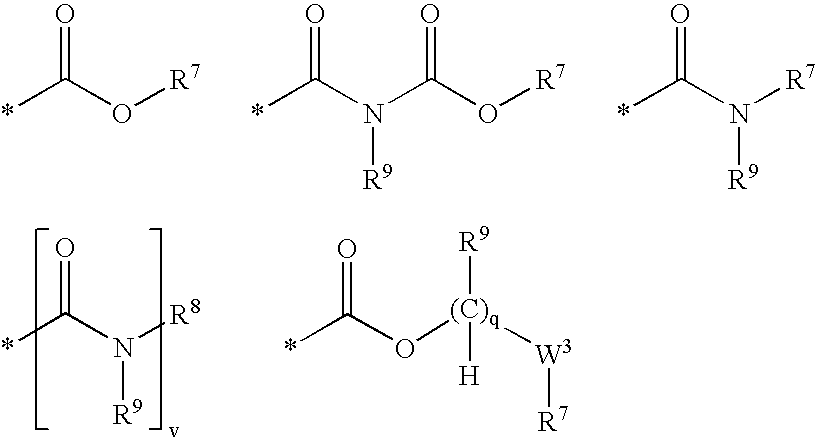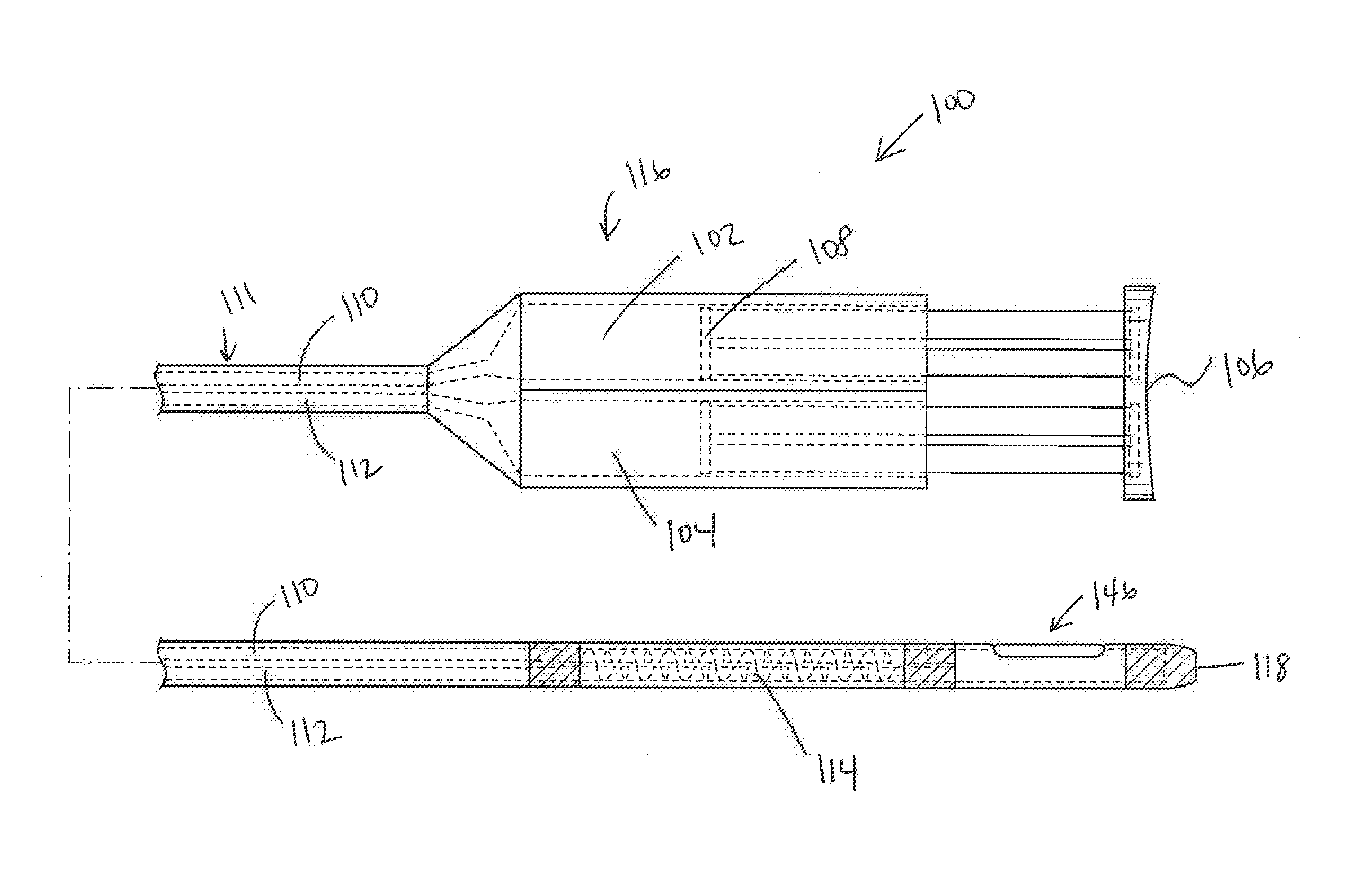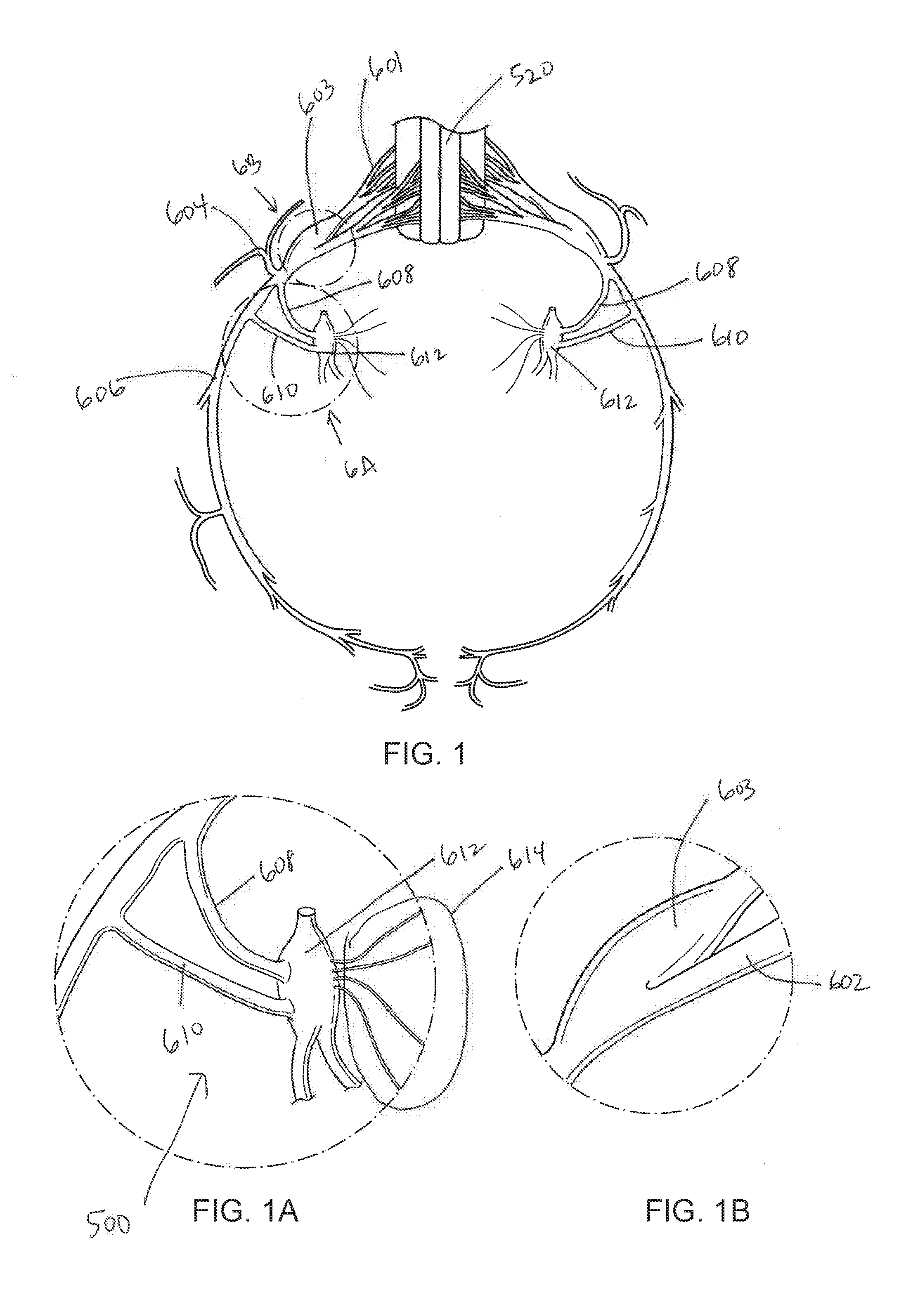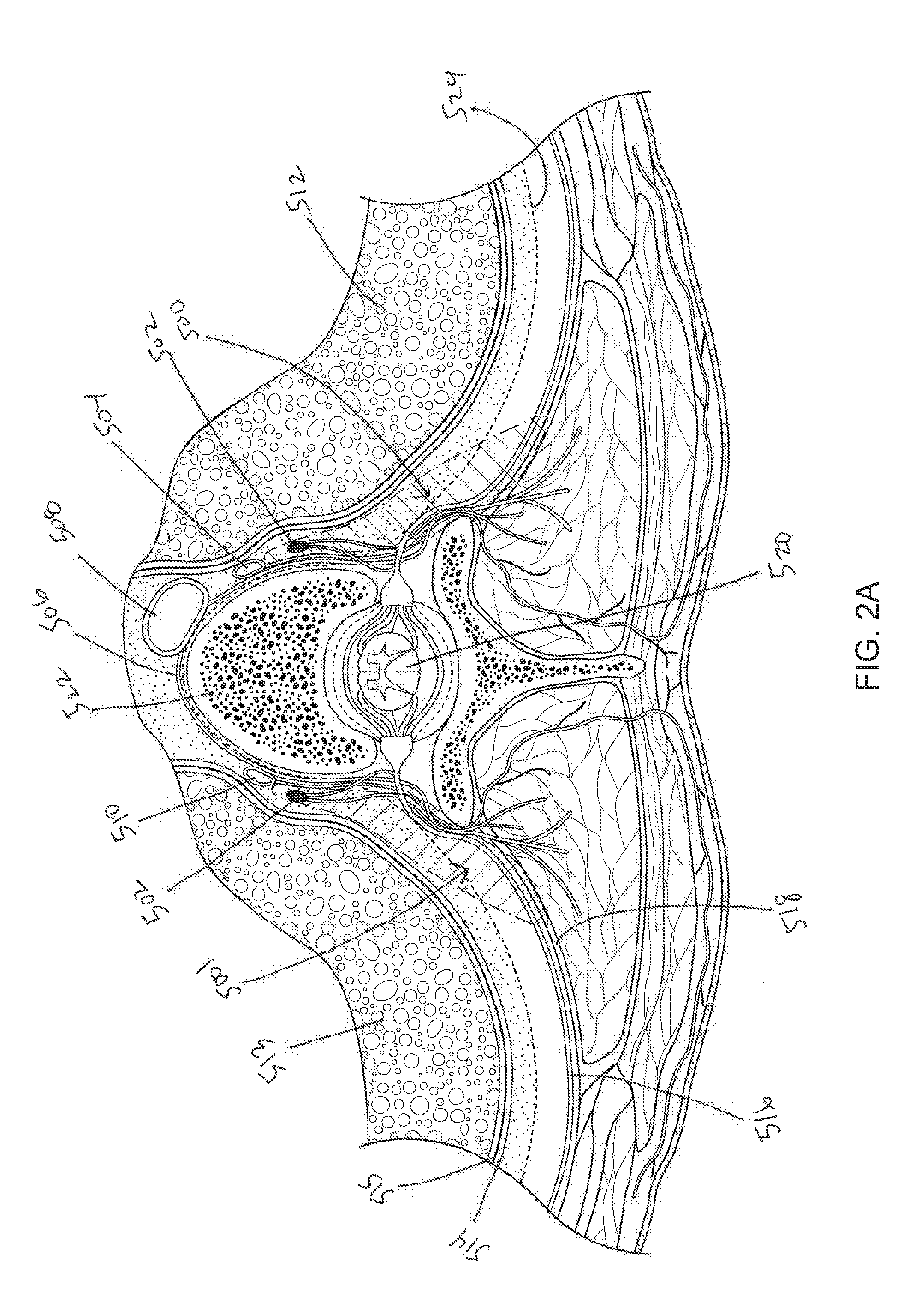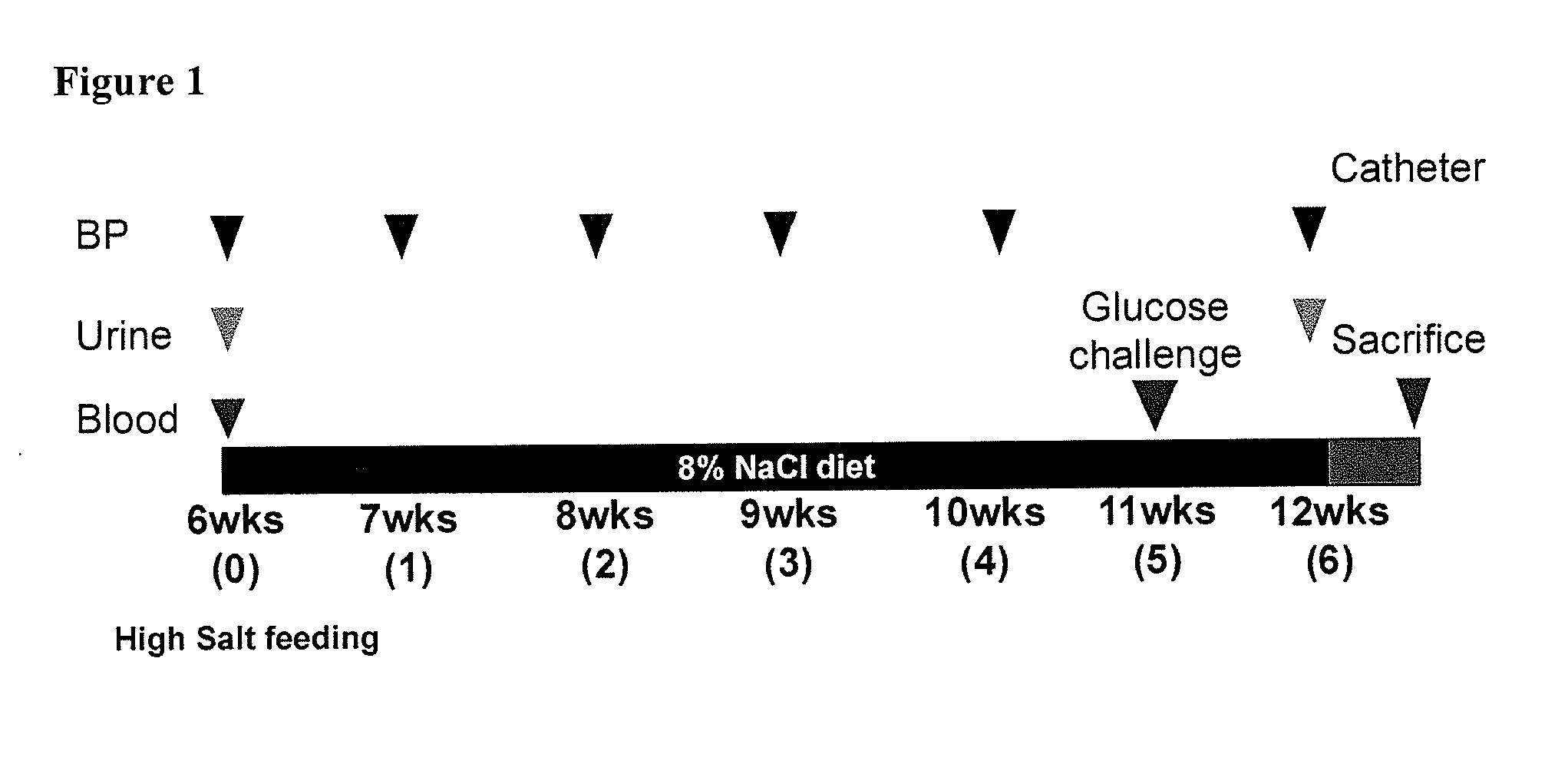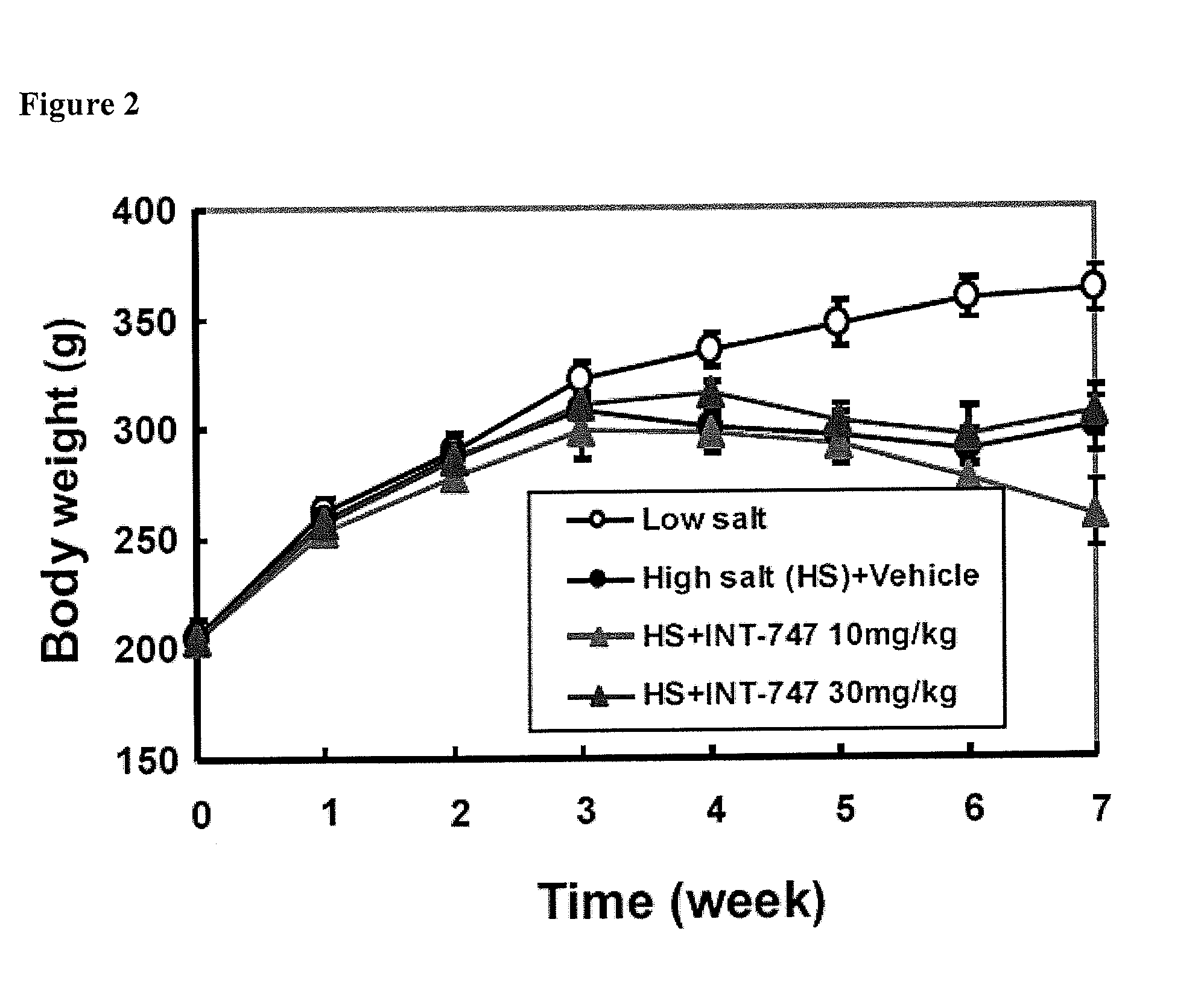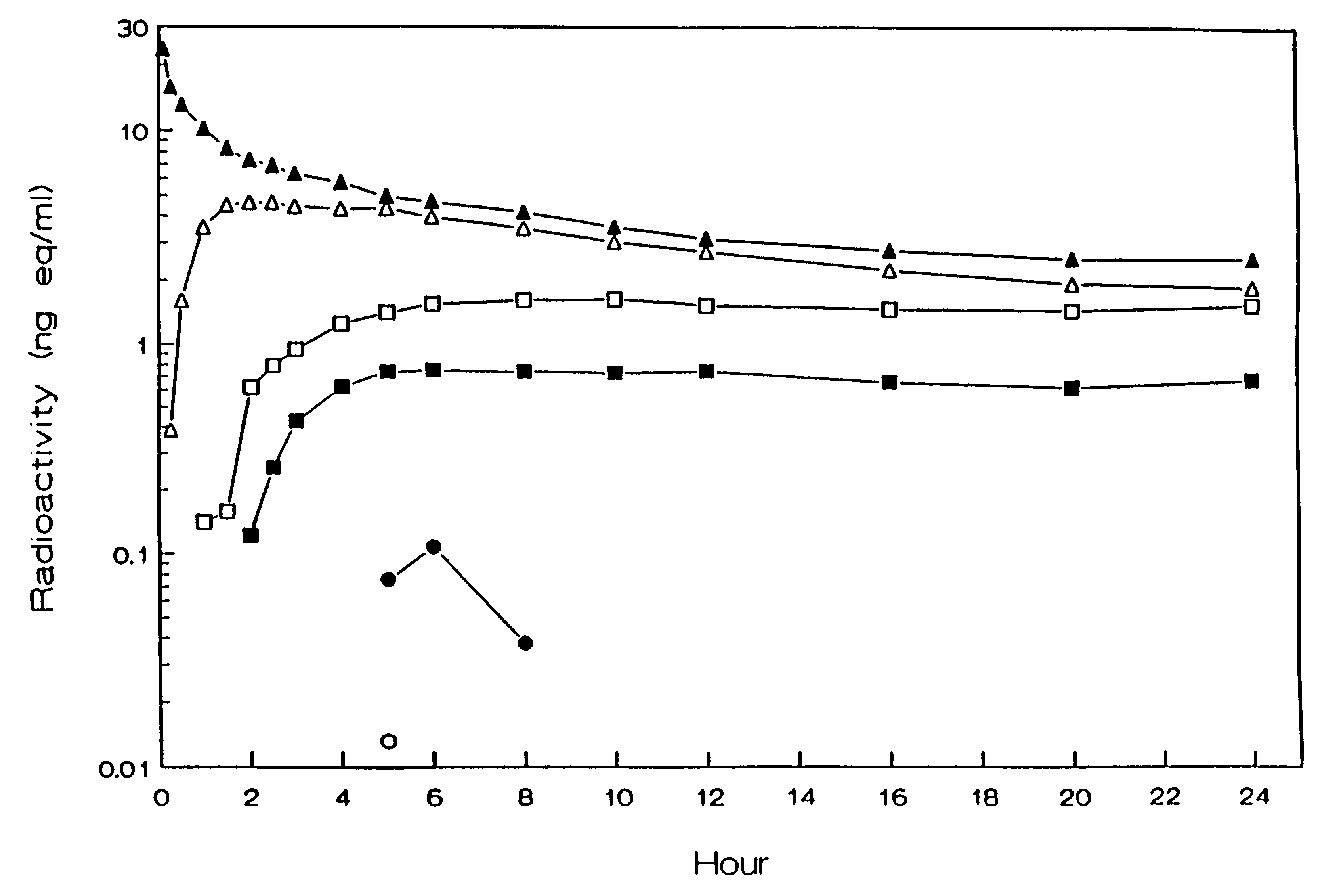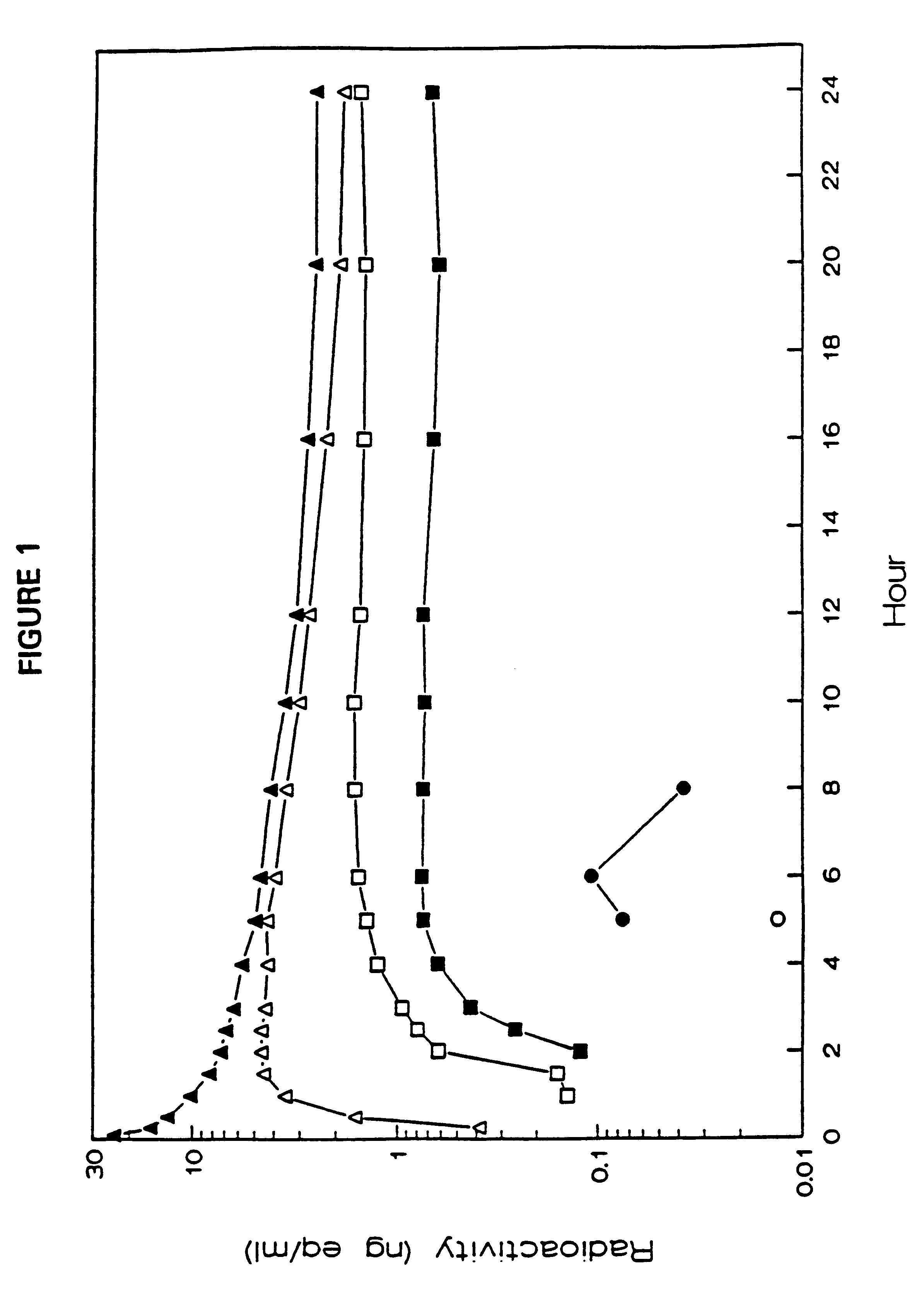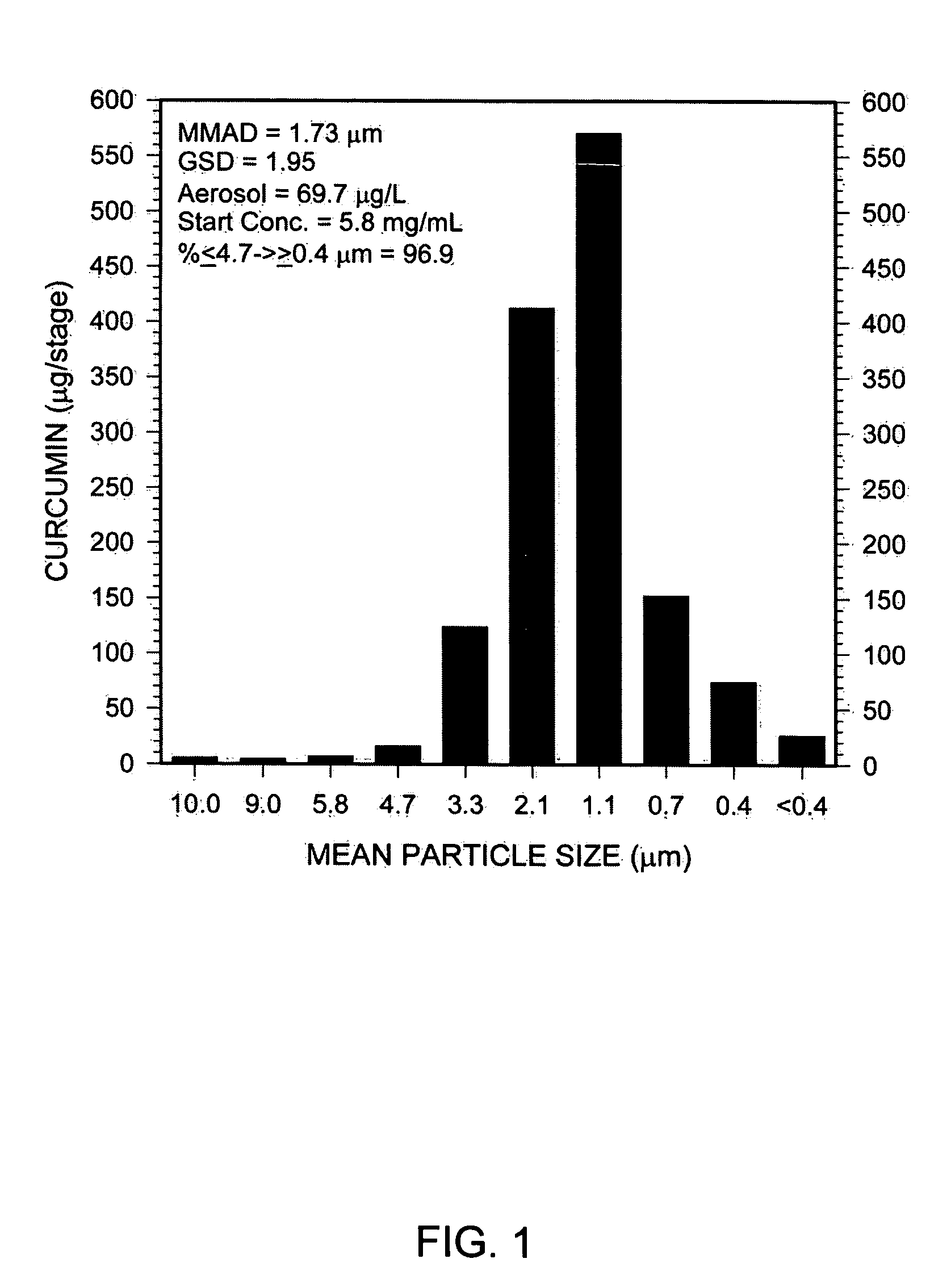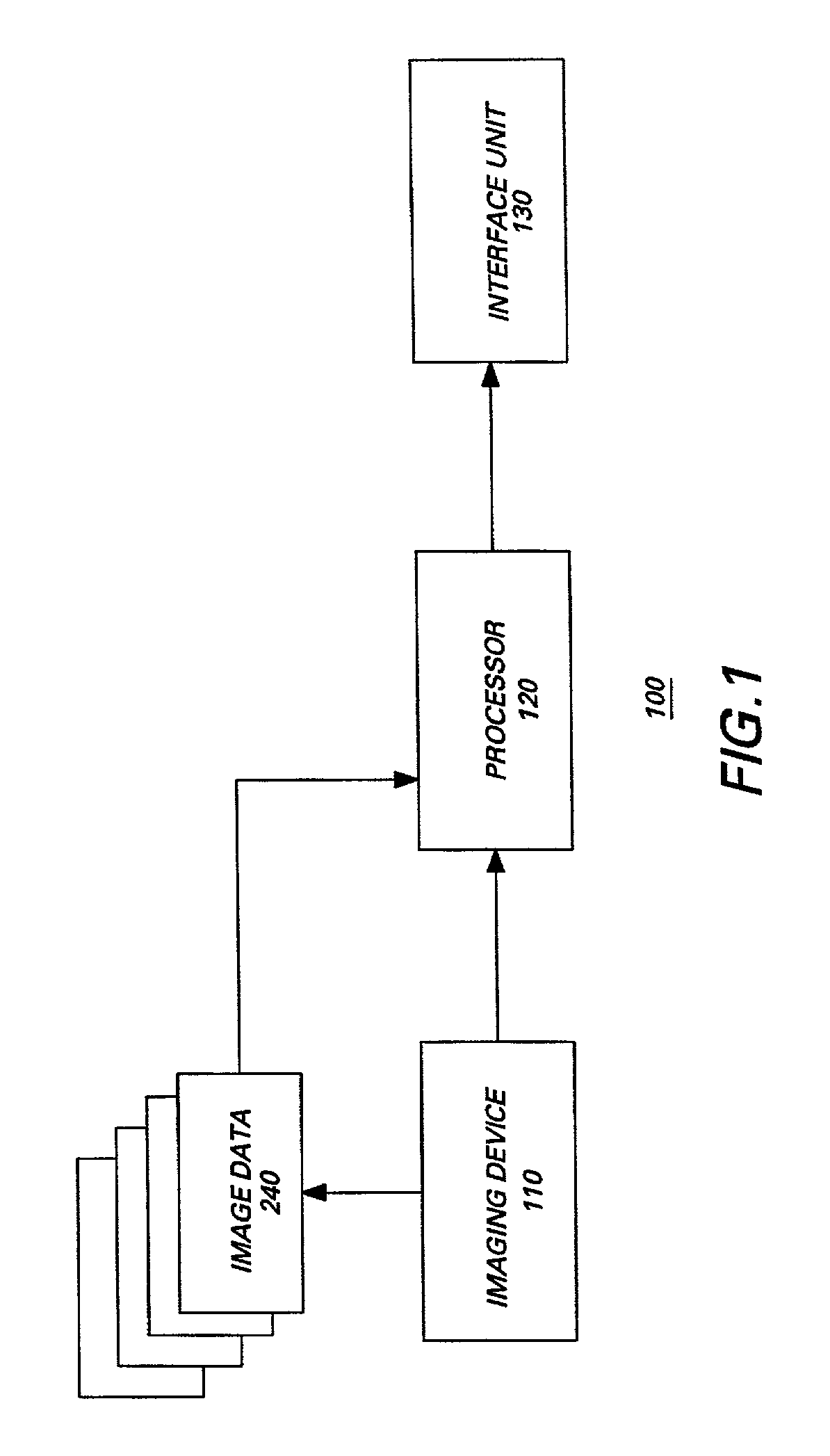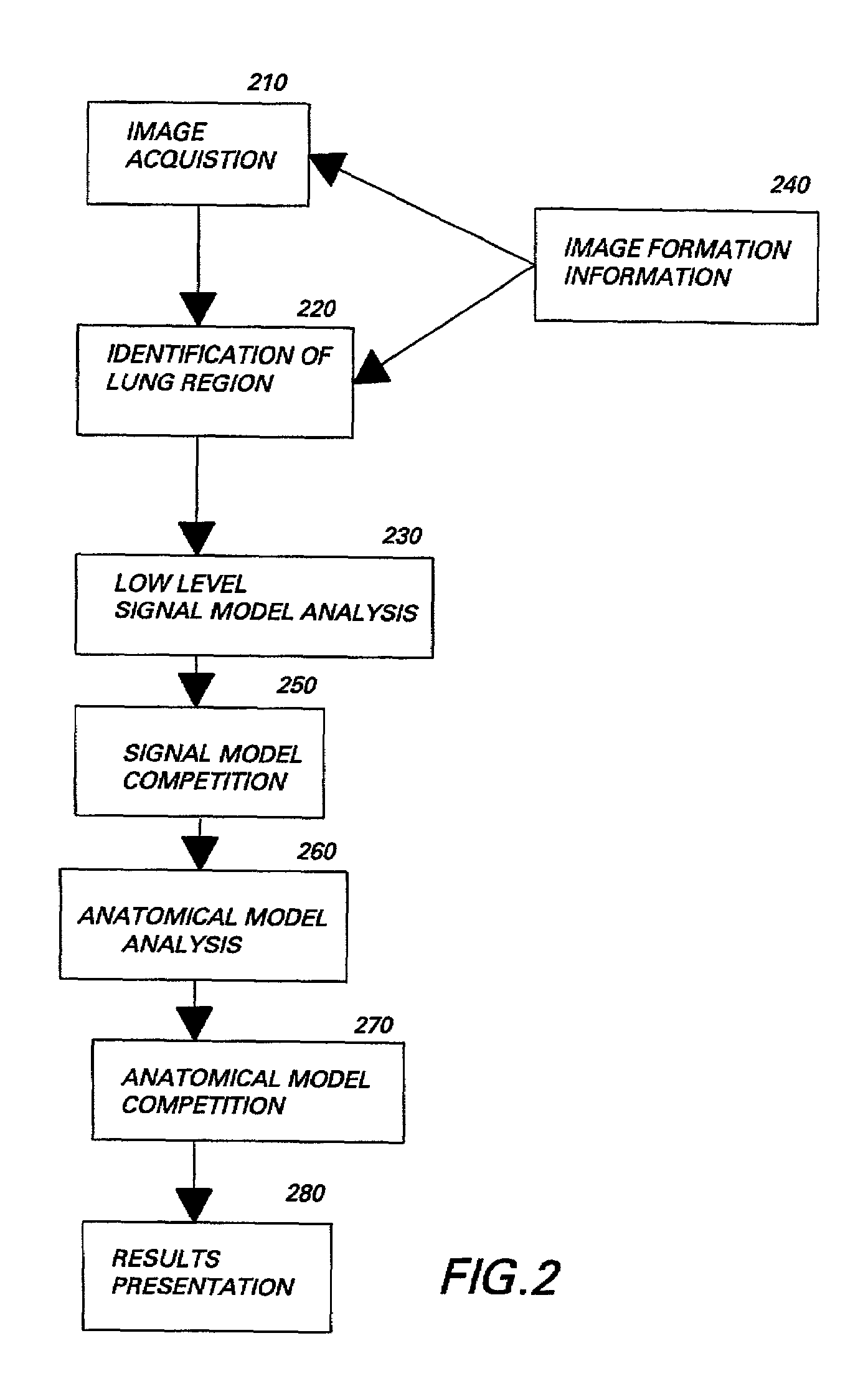Patents
Literature
Hiro is an intelligent assistant for R&D personnel, combined with Patent DNA, to facilitate innovative research.
896 results about "Pulmonary disease" patented technology
Efficacy Topic
Property
Owner
Technical Advancement
Application Domain
Technology Topic
Technology Field Word
Patent Country/Region
Patent Type
Patent Status
Application Year
Inventor
Systems, assemblies, and methods for treating a bronchial tree
ActiveUS8088127B2Improve the immunityWithout eliminating smooth muscle toneUltrasound therapySurgical needlesNervous systemCell membrane
Systems, assemblies, and methods to treat pulmonary diseases are used to decrease nervous system input to distal regions of the bronchial tree within the lungs. Treatment systems damage nerve tissue to temporarily or permanently decrease nervous system input. The treatment systems are capable of heating nerve tissue, cooling the nerve tissue, delivering a flowable substance that cause trauma to the nerve tissue, puncturing the nerve tissue, tearing the nerve tissue, cutting the nerve tissue, applying pressure to the nerve tissue, applying ultrasound to the nerve tissue, applying ionizing radiation to the nerve tissue, disrupting cell membranes of nerve tissue with electrical energy, or delivering long acting nerve blocking chemicals to the nerve tissue.
Owner:HOLAIRA INC
Systems, assemblies, and methods for treating a bronchial tree
ActiveUS20090306644A1Improve the immunityWithout eliminating smooth muscle toneUltrasound therapyDiagnosticsNervous systemCell membrane
Systems, assemblies, and methods to treat pulmonary diseases are used to decrease nervous system input to distal regions of the bronchial tree within the lungs. Treatment systems damage nerve tissue to temporarily or permanently decrease nervous system input. The treatment systems are capable of heating nerve tissue, cooling the nerve tissue, delivering a flowable substance that cause trauma to the nerve tissue, puncturing the nerve tissue, tearing the nerve tissue, cutting the nerve tissue, applying pressure to the nerve tissue, applying ultrasound to the nerve tissue, applying ionizing radiation to the nerve tissue, disrupting cell membranes of nerve tissue with electrical energy, or delivering long acting nerve blocking chemicals to the nerve tissue.
Owner:NUVAIRA INC
Devices for modification of airways by transfer of energy
InactiveUS7425212B1Reduced ability to constrictIncreased airway diameterElectrotherapySurgical instruments for heatingEnergy transferDisease
This relates to a device for treating lung disease, and more particularly, relates to a device for exchanging energy with airway tissue such as that found in the airways of human lungs. The exchange of energy with this airway tissue in the airways reduces the ability of the airways to constrict and / or reduces the resistance within the airway to the flow of air through the airway.
Owner:BOSTON SCI SCIMED INC
Methods and devices for use in performing pulmonary procedures
Systems, methods and devices for performing pulmonary procedures, and in particular treating lung disease. A flow control element includes a valve that prevents airflow in the inhalation direction but permits airflow in the exhalation direction. The flow control element is guided to and positioned at the site by a bronchoscope that is introduced into the patient's trachea and used to view the lungs during delivery of the flow control element. The valve may include one, two or more valve elements, and it may be collapsible for easier delivery. A source of vacuum or suction may be used to increase the amount of fluid withdrawn from the lung tissue. A device for measuring hollow structures, such as bronchioles, and a device for removing a previously-placed flow control element are disclosed as well.
Owner:FOUNDRY LLC THE
Methods and systems for operating an aerosol generator
InactiveUS20050217666A1Improve security levelImprove delivery efficiencyAntibacterial agentsOrganic active ingredientsDiseaseAmikacin
A method of treating a patient with a pulmonary disease, where the method includes delivering a dose of aerosolized medicament intermittently to a ventilator circuit coupled to the respiratory system of the patient. Also, a method of treating a patient with a pulmonary disease, where the method includes taking the patient off a ventilator, and administering to the patient, a nebulized aerosol comprising from about 100 μg to about 500 mg of a medicament. Additionally, an aerosolized medicament for the treatment of a pulmonary disease, where the medicament includes amikacin mixed with an aqueous solution having an adjusted pH from about 5.5 to about 6.3. The pH is adjusted by adding hydrochloric acid and sodium hydroxide to the aqueous solution.
Owner:NOVARTIS AG
Use of mometasone furoate for treating airway passage and lung diseases
InactiveUS6057307AMaximize treating said rhinitisMinimize absorptionPowder deliveryBiocideDiseaseAerosolize
The administration of aerosolize particles of mometasone furoate in the form of dry powders, solutions, or aqueous suspension for treating corticosteroid-responsive diseases of the surfaces of upper and / or lower airway passages and / or lungs, e.g., allergic rhinitis and asthma is disclosed.
Owner:MERCK SHARP & DOHME CORP
Nebulization of monoclonal antibodies for treating pulmonary diseases
The present application relates to methods and compositions employing an antibody that inhibits activation of the complement system and can be used to prevent or treat a pulmonary disease or condition.
Owner:ALEXION PHARMA INC
Methods and devices for use in performing pulmonary procedures
Systems, methods and devices for performing pulmonary procedures, and in particular treating lung disease. A flow control element includes a valve that prevents airflow in the inhalation direction but permits airflow in the exhalation direction. The flow control element is guided to and positioned at the site by a bronchoscope that is introduced into the patient's trachea and used to view the lungs during delivery of the flow control element. The valve may include one, two or more valve elements, and it may be collapsible for easier delivery. A source of vacuum or suction may be used to increase the amount of fluid withdrawn from the lung tissue. A device for measuring hollow structures, such as bronchioles, and a device for removing a previously-placed flow control element are disclosed as well.
Owner:PULMONX
Methods and systems for operating an aerosol generator
ActiveUS20070267010A1Improve security levelImprove delivery efficiencyRespiratorsBiocideDiseaseAmikacin
A method of treating a patient with a pulmonary disease, where the method includes delivering a dose of aerosolized medicament intermittently to a ventilator circuit coupled to the respiratory system of the patient. Also, a method of treating a patient with a pulmonary disease, where the method includes taking the patient off a ventilator, and administering to the patient, a nebulized aerosol comprising from about 100 μg to about 500 mg of a medicament. Also a method of treating a patient with a pulmonary disease, the method comprising administering an aerosolized first medicament comprising amikacin to the patient and administering, systemically a second medicament comprising an antibiotic to the patient that also treats the pulmonary disease, wherein a resulting amikacin concentration in the lung and / or pulmonary system is therapeutically-effective, and an amount of the systemically administered antibiotics is reduced.
Owner:NEKTAR THERAPEUTICS INC
Systems, assemblies, and methods for treating a bronchial tree
InactiveUS20110257647A1Maintaining the airways ability to moveWithout eliminating smooth muscle toneUltrasound therapySurgical needlesNervous systemCell membrane
Owner:INNOVATIVE PULMONARY SOLUTIONS INC
Methods, systems & devices for endobronchial ventilation and drug delivery
Methods, systems and devices are described for Endobronchial Ventilation using an endobronchially implanted ventilator for the purpose of treating COPD, emphysema and other lung diseases. Endobronchial drug delivery is also described using an endobronchially implanted drug pump, for therapeutic treatment of the lung or of other organs and tissues.
Owner:WONDKA ANTHONY DAVID
Bipolar devices for modification of airways by transfer of energy
InactiveUS20090069797A1Reduce plugging of the airwayPrevent the airway from being able to constrictElectrotherapySurgical instruments for heatingDiseaseEnergy transfer
This relates to a device for treating lung disease, and more particularly, relates to a device for exchanging energy with airway tissue such as that found in the airways of human lungs. The exchange of energy with this airway tissue in the airways reduces the ability of the airways to constrict and / or reduces the resistance within the airway to the flow of air through the airway.
Owner:BOSTON SCI SCIMED INC
Carbon monoxide as a biomarker and therapeutic agent
InactiveUS20020155166A1Reduce concentrationBiocideInorganic active ingredientsInterstitial lung diseaseRESPIRATORY DISTRESS SYNDROME ADULT
The present invention relates to the use of carbon monoxide (CO) as a biomarker and therapeutic agent of heart, lung, liver, spleen, brain, skin and kidney diseases and other conditions and disease states including, for example, asthma, emphysema, bronchitis, adult respiratory distress syndrome, sepsis, cystic fibrosis, pneumonia, interstitial lung diseases, idiopathic pulmonary diseases, other lung diseases including primary pulmonary hypertension, secondary pulmonary hypertension, cancers, including lung, larynx and throat cancer, arthritis, wound healing, Parkinson's disease, Alzheimer's disease, peripheral vascular disease and pulmonary vascular thrombotic diseases such as pulmonary embolism. CO may be used to provide anti-inflammatory relief in patients suffering from oxidative stress and other conditions especially including sepsis and septic shock. In addition, carbon monoxide may be used as a biomarker or therapeutic agent for reducing respiratory distress in lung transplant patients and to reduce or inhibit oxidative stress and inflammation in transplant patients.
Owner:THE JOHN HOPKINS UNIV SCHOOL OF MEDICINE
Carotid body modulation planning and assessment
Planning for and / or assessment of an ablation procedure on one or both carotid bodies or carotid body chemoreceptors or carotid body nerves to treat patients having a sympathetically mediated cardiac, metabolic, and pulmonary disease (e.g. hypertension, CHF, diabetes, sleep disordered breathing) resulting from peripheral chemoreceptor hypersensitivity, carotid body hyperactivity, high carotid body afferent nerve signaling or heightened sympathetic activation.
Owner:CIBIEM
Antibodies to Dkk-1
ActiveUS20060127393A1Block and reduce bindingHigh activitySenses disorderNervous disorderConformational epitopeOcular disease
The present invention provides antibodies and immunologically functional fragments thereof that specifically bind Dkk-1 polypeptides. The subject antibodies and fragments bind with high affinity to a conformational epitope located in the carboxy region of the Dkk-1 protein. Methods for preparing such antibodies or fragments thereof as well as physiologically acceptable compositions containing the antibodies or fragments are also provided. Use of the antibodies and fragments to treat various diseases including bone disorders, inflammatory diseases, neurological diseases, ocular diseases, renal diseases, pulmonary diseases and skin diseases are also disclosed.
Owner:AMGEN INC
Intra-bronchial obstruction device that provides a medicant intra-bronchially to the patient
An intra-bronchial device provides a medicant intra-bronchially. The medicant may be used for controlling biological interaction of an intra-bronchial obstruction device with the patient, to treat a disease or condition of the lungs such as pneumonia or lung cancer, or to treat a systemic disease or condition. The medicant is provided by associating a medicant with the intra-bronchial device, either before, at the time of placement, or after placement. The medicant may overlie at least a portion of the intra-bronchial device, be absorbed into at least a portion of the intra-bronchial device, or be carried in a chamber. The intra-bronchial device may further include an absorptive member, and the medicant is absorbed by the absorptive member.
Owner:GYRUS ACMI INC (D B A OLYMPUS SURGICAL TECH AMERICA)
Disodium cromoglycate compositions and methods for administering same
Methods for the treatment of patients that are afflicted with pulmonary conditions, such as a pulmonary disease are described. The methods may involve the administration of aerosolized medicines. More specifically, compositions including disodium cromoglycate (DSCG) and therapeutic methods that include the pulmonary administration of such compositions are described.
Owner:PARI PHARMA GMBH
Indazole inhibitors of the Wnt signal pathway and therapeutic uses thereof
Indazole compounds for treating various diseases and pathologies are disclosed. More particularly, the present invention concerns the use of an indazole compound or analogs thereof, in the treatment of disorders characterized by the activation of Wnt pathway signaling (e.g., cancer, abnormal cellular proliferation, angiogenesis, Alzheimer's disease, lung disease and osteoarthritis), the modulation of cellular events mediated by Wnt pathway signaling, as well as genetic diseases and neurological conditions / disorders / diseases due to mutations or dysregulation of the Wnt pathway and / or of one or more of Wnt signaling components. Also provided are methods for treating Wnt-related disease states.
Owner:BIOSPLICE THERAPEUTICS INC
Pharmaceutical formulations for dry powder inhalers in the form of hard-pellets
InactiveUS20030180227A1Reduce intensityEfficient deliveryPowder deliveryDispersion deliveryPrillInhalation
The invention provides a formulation to be administered as dry powder for inhalation suitable for efficacious delivery of active ingredients into the low respiratory tract of patients suffering of pulmonary diseases such as asthma. In particular, the invention provides a formulation to be administered as dry powder for inhalation freely flowable, which can be produced in a simple way, physically and chemically stable and able of delivering either accurate doses and high fine particle fraction of low strength active ingredients by using a high- or medium resistance device.
Owner:CHIESI FARM SPA
Therapeutic delivery of inhibitory nucleic acid molecules to the respiratory system
InactiveUS20100215588A1Suppress gene expressionInhibit expressionSpecial deliveryAerosol deliveryDiseaseIntensive care medicine
The present invention relates to methods of treating respiratory disorders of all types, including pulmonary disorders, by delivering inhibitory nucleic acid molecules directly to the respiratory system. siRNAs or other nucleic acids are delivered to the lung / respiratory system for the treatment of disease.
Owner:QUARK FARMACUITIKALS INC
High delivery rates for lipid based drug formulations, and methods of treatment thereof
Provided is a method of preparing lipid based drug formulations with low lipid / drug ratios using coacervation techniques. Also provided are methods of delivering such lipid based drug formulations at high delivery rates, and methods of treating patients with pulmonary diseases comprising administering such lipid based drug formulations.
Owner:INSMED INC
Method for lung lesion location identification
A method and a system are disclosed for labeling an anatomical point associated with a lesion in an organ such as a lung. The method includes: a segmentation of a vessel tree anatomical structure starting from an autonomously determined initial image point; labeling the vessel segments of the vessel tree segmentation with segment labels based on a priori anatomical knowledge, thereby creating an individualized anatomical model; receiving a user-specified image point having a location from a user and locating a nearby vessel structure; tracking along the vessel structure in a direction towards a root of a parent vessel tree until a prior labeled vessel segment is encountered in the anatomical model, and assigning the label of the encountered prior labeled vessel segment from the anatomical model as an anatomical location label of the user-specified image point.
Owner:CARESTREAM HEALTH INC
Nicotinamide acids, amides, and their mimetics active as inhibitors of PDE4 isozymes
Compounds useful as inhibitors of PDE4 in the treatment of diseases regulated by the activation and degranulation of eosinophils, especially asthma, chronic bronchitis, and chronic obstructuive pulmonary disease, of the formula: wherein j is 0 or 1, k is 0 or 1, m is 0, 1, or 2; n is 1 or 2; A is selected from the partial Formulas: where q is 1, 2, or 3, W3 is -O-; -N(R9)-; or -OC(=O)-; R7 is selected from -H; -(C1-C6) alkyl, -(C2-C6) alkenyl, or -(C2-C6) alkynyl substituted by 0 to 3 substituents R10; -(CH2)u-(C3-C7) cycloalkyl where u is 0, 1 or 2, substituted by 0 to 3 R10; and phenyl or benzyl substituted by 0 to 3 R14; R8 is tetrazol-5-yl; 1,2,4-triazol-3-yl; 1,2,4-triazol-3-on-5-yl; 1,2,3-triazol-5-yl; imidazol-2-yl; imidazol-4-yl; imidazolidin-2-on-4-yl; 1,3,4-oxadiazolyl; 1,3,4-oxadiazol-2-on-5-yl; 1,2,4-oxadiazol-3-yl; 1,2,4-oxadiazol-5-on-3-yl; 1,2,4-oxadiazol-5-yl; 1,2,4-oxadiazol-3-on-5-yl; 1,2,5-thiadiazolyl; 1,3,4-thiadiazolyl; morpholinyl; parathiazinyl; oxazolyl; isoxazolyl; thiazolyl; isothiazolyl; pyrrolyl; pyrazolyl; succinimidyl; glutarimidyl; pyrrolidonyl; 2-piperidonyl; 2-pyridonyl; 4-pyridonyl; pyridazin-3-onyl; pyridyl; pyrimidinyl; pyrazinyl; pyridazinyl; indolyl; indolinyl; isoindolinyl; benzo[b]furanyl; 2,3-dihydrobenzofuranyl; 1,3-dihydroisobenzofuranyl; 2H-1-benzopyranyl; 2-H-chromenyl; chromanyl; benzothienyl; 1H-indazolyl; benzimidazolyl; benzoxazolyl; benzisoxazolyl; benzothiazolyl; benzotriazolyl; benzotriazinyl; phthalazinyl; 1,8-naphthyridinyl; quinolinyl; isoquinolinyl; quinazolinyl; quinoxalinyl; pyrazolo[3,4-d]pyrimidinyl; pyrimido[4,5-d]pyrimidinyl; imidazo[1,2-a]pyridinyl; pyridopyridinyl; pteridinyl; or 1H-purinyl; or A is selected from phosphorous and sulfur acid groups; W is -O-; -S(=O)t-, where t is 0, 1, or 2; or -N(R3)-; Y is =C(R1a)-, or -[N<custom-character file="US20020111495A1-20020815-P00900.TIF" wi="20" he="20" id="custom-character-00001" / >(O)k] where k is 0 or 1; R4, R5 and R6 are (1) -H; provided that R5 and R6 are not both -H at the same time, -F; -Cl; -(C2-C4) alkynyl; -R16; -OR16; -S(=O)pR16; -C(=O)R16, -C(=O)OR16, -C(=O)OR<highlight><sup
Owner:PFIZER INC
Systems and methods for sympathetic cardiopulmonary neuromodulation
ActiveUS20160317621A1Prevents and blocks releaseUltrasonic/sonic/infrasonic diagnosticsNervous disorderDiseaseNeurolysis
Methods, devices and systems are described for decreasing the activity of the sympathetic nervous innervation to and from the lungs and the vessels supplying the lungs to treat pulmonary medical conditions such as asthma. In one embodiment, the method may involve advancing an intravascular instrument to a target location in a blood vessel within the intercostal vasculature to ablate either or both the sympathetic afferent and efferent nerves lying within the paravertebral gutter including the visceral fibers that travel to the cardiothoracic cavity and abdominopelvic viscera and the T1 to T4 / 5 sympathetic chain. In another embodiment, an intravascular instrument may be advanced to the bronchial vessels to ablate either or both the sympathetic afferent and efferent nerves in and around the posterior pulmonary plexus. In one embodiment the ablative agent is a neurolytic agent delivered in a gel. This approach may be utilized to treat other cardiac and pulmonary diseases.
Owner:TULAVI THERAPEUTICS INC
Treatment of Pulmonary Disease
InactiveUS20140148428A1Reducing of preventionReduce riskAntibacterial agentsOrganic active ingredientsDiseasePulmonary disease
The present invention relates to methods of treating, reducing the risk of preventing, or alleviating a symptom of a pulmonary disease or condition, reducing or suppressing inflammation in the lung, and promoting lung repair, by using a compound of formula A:or a pharmaceutically acceptable salt thereof.
Owner:INTERCEPT PHARMA INC
Use of mometasone furoate for treating airway passage and lung diseases
InactiveUS6365581B1Maximize treating said rhinitisMinimize absorptionBiocideOrganic active ingredientsDiseaseAerosolize
Owner:MERCK SHARP & DOHME CORP
Pharmaceutical formulations for dry powder inhalers
InactiveUS7541022B2Powder deliveryOrganic active ingredientsBULK ACTIVE INGREDIENTPharmaceutical formulation
A powder for use in a dry powder inhaler comprises: i) a fraction n of fine particle size constituted by a mixture of physiologically acceptable excipient and an additive; ii) a fraction of coarse particles; and iii) at least one active ingredient. The powder is suitable for efficacious delivery of active ingredients into the low respiratory tract of patients suffering from pulmonary diseases such as asthma. In particular, the invention provides a formulation to be administered as dry powder for inhalation which is freely flowable, can be produced in a simple way, is physically and chemically stable and capable of delivering accurate doses and / or high fine particle fraction of low strength active ingredients by using a high- or medium resistance device.
Owner:VECTURA LTD
Pharmaceutical formulations for dry powder inhalers
InactiveUS20030185764A1Powder deliveryOrganic active ingredientsBULK ACTIVE INGREDIENTPharmaceutical formulation
A powder for use in a dry powder inhaler comprises: i) a fraction of fine particle size constituted by a mixture of physiologically acceptable excipient and an additive; ii) a fraction of coarse particles; and iii) at least one active ingredient. The powder is suitable for efficacious delivery of active ingredients into the low respiratory tract of patients suffering from pulmonary diseases such as asthma. In particular, the invention provides a formulation to be administered as dry powder for inhalation which is freely flowable, can be produced in a simple way, is physically and chemically stable and capable of delivering accurate doses and / or high fine particle fraction of low strength active ingredients by using a high- or medium resistance device.
Owner:VECTURA LTD
Aerosol delivery of curcumin
Pharmaceutical compositions suitable for aerosol delivery to a subject that include curcumin dispersed in a lipid vehicle, wherein the lipid has a transition temperature of less than about 15° C., are disclosed. In addition, methods of treating a pathological condition in a subject that include providing one of the claimed pharmaceutical compositions and administering the composition to the subject are disclosed. For example, the pathological condition can be a hyperproliferative disease, such as cancer, an inflammatory disease, or a pulmonary disease.
Owner:RES DEVMENT FOUND
Method and system for lung disease detection
A method for processing medical images for use in the detection and diagnosis of disease comprises classifying regions of interest within the medical images based on a hierarchy of anatomical models and signal models of signal information of an image acquisition device used to acquire the medical images. The anatomical models are derived to be representative of anatomical information indicative of a given disease. A computer-aided system for use in the diagnosis and detection of disease comprises an image acquisition device for acquiring a plurality of image data sets and a processor adapted to process the image data sets. The processor is adapted to classify selected tissue types within the image data sets based on a hierarchy of signal and anatomical models and the processor is further adapted to differentiate anatomical context of the classified tissue types for use in the diagnosis and detection of disease.
Owner:GENERAL ELECTRIC CO
Features
- R&D
- Intellectual Property
- Life Sciences
- Materials
- Tech Scout
Why Patsnap Eureka
- Unparalleled Data Quality
- Higher Quality Content
- 60% Fewer Hallucinations
Social media
Patsnap Eureka Blog
Learn More Browse by: Latest US Patents, China's latest patents, Technical Efficacy Thesaurus, Application Domain, Technology Topic, Popular Technical Reports.
© 2025 PatSnap. All rights reserved.Legal|Privacy policy|Modern Slavery Act Transparency Statement|Sitemap|About US| Contact US: help@patsnap.com
